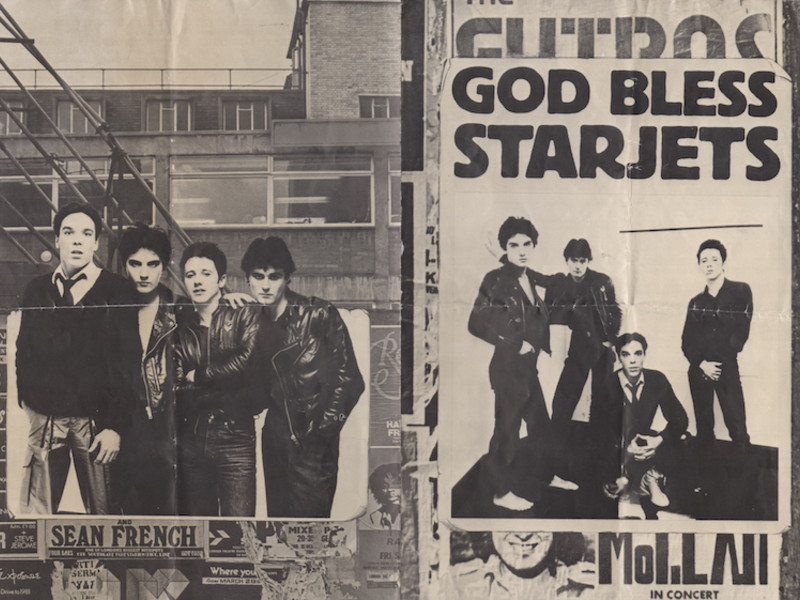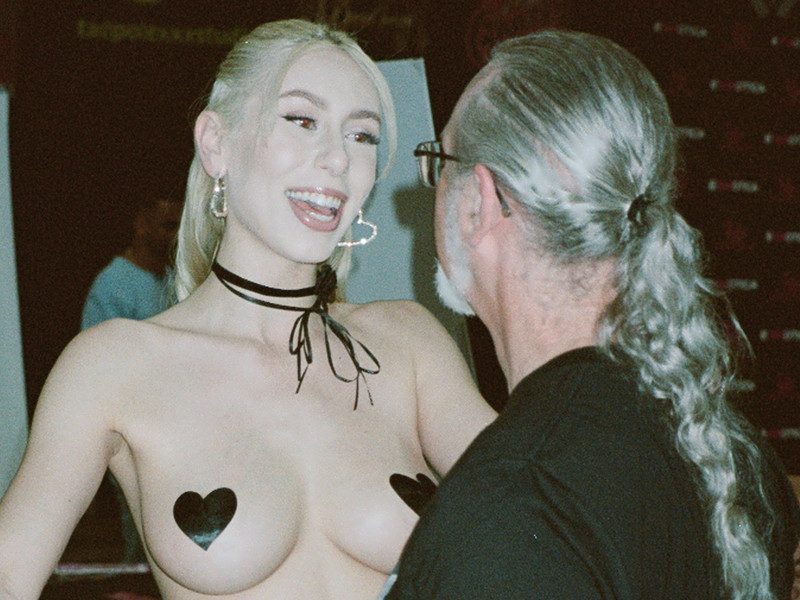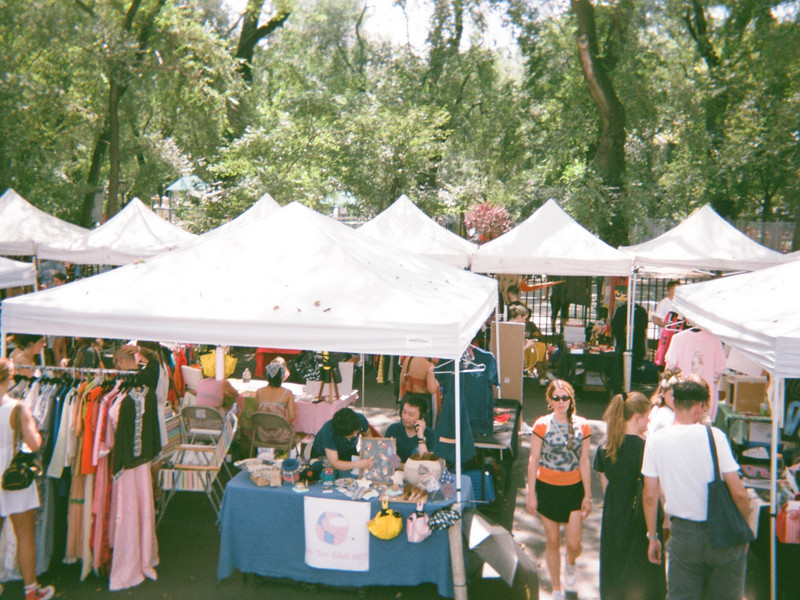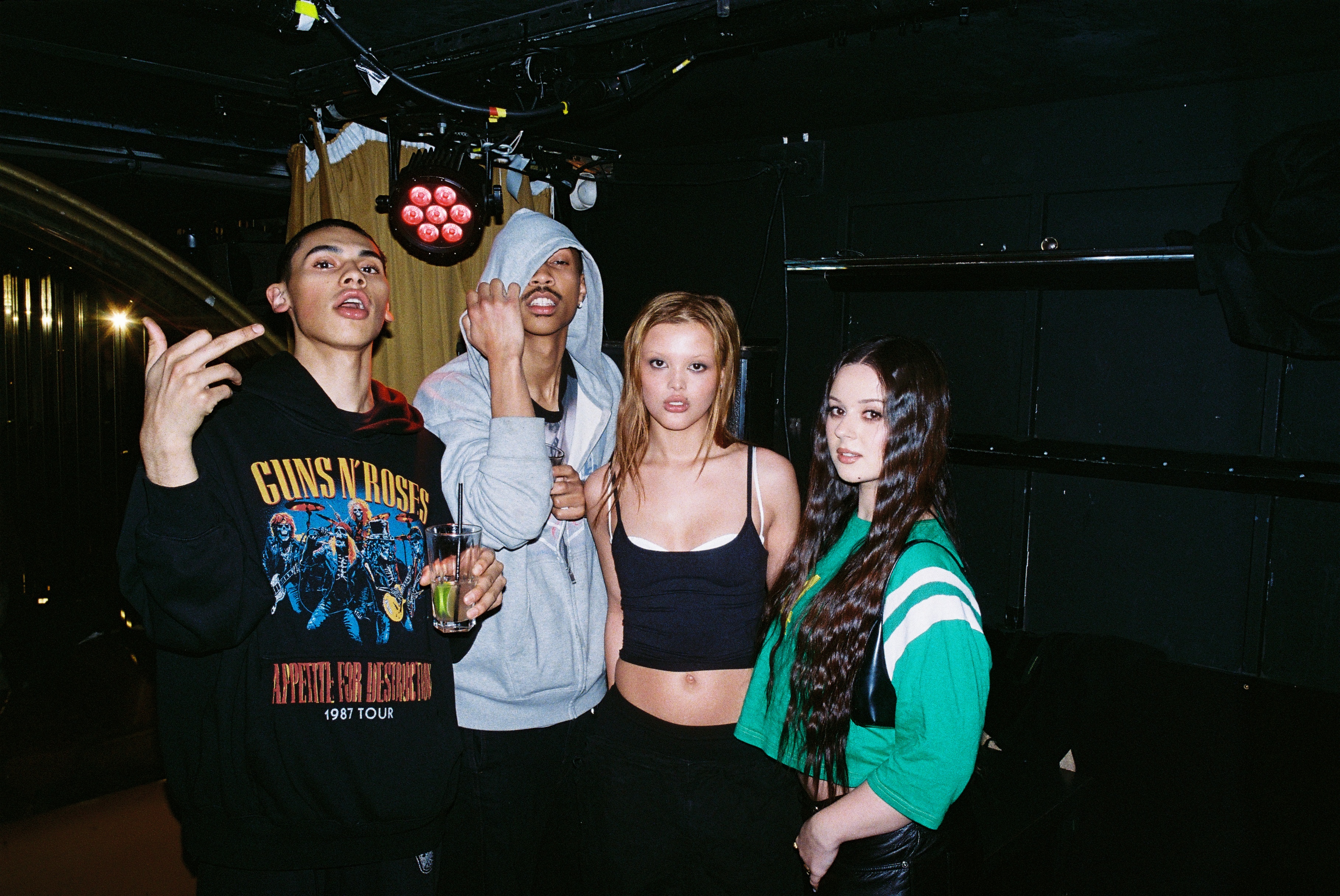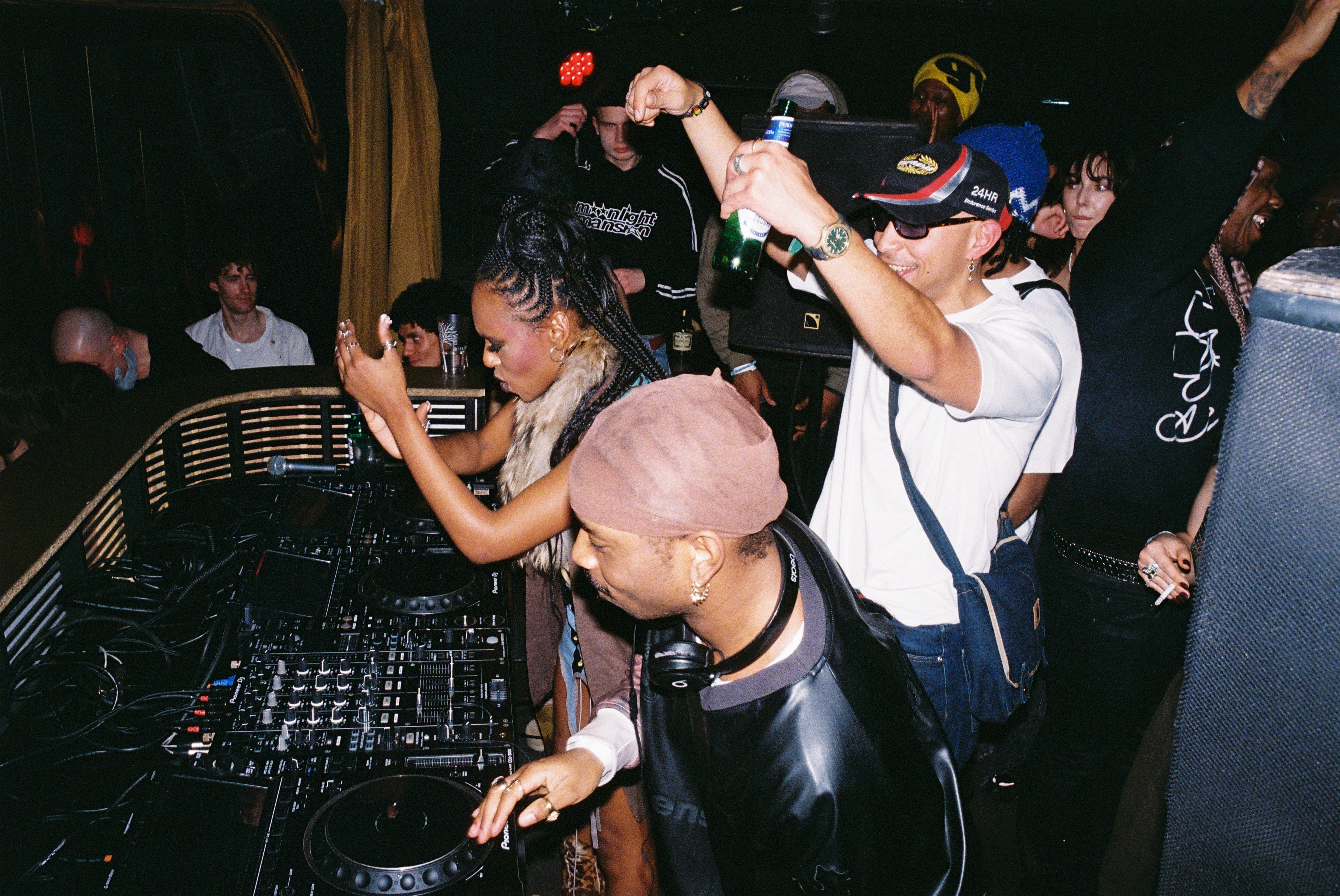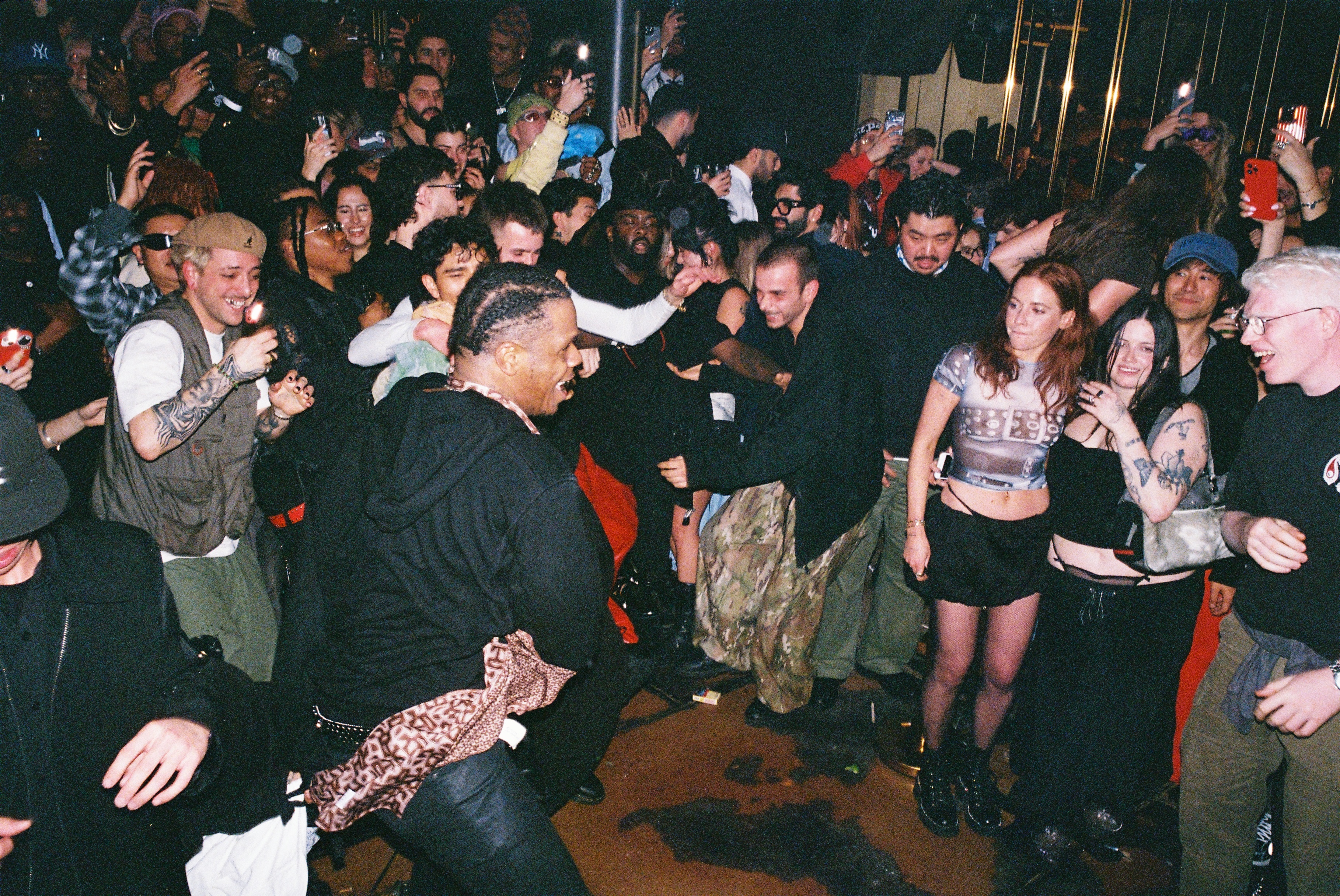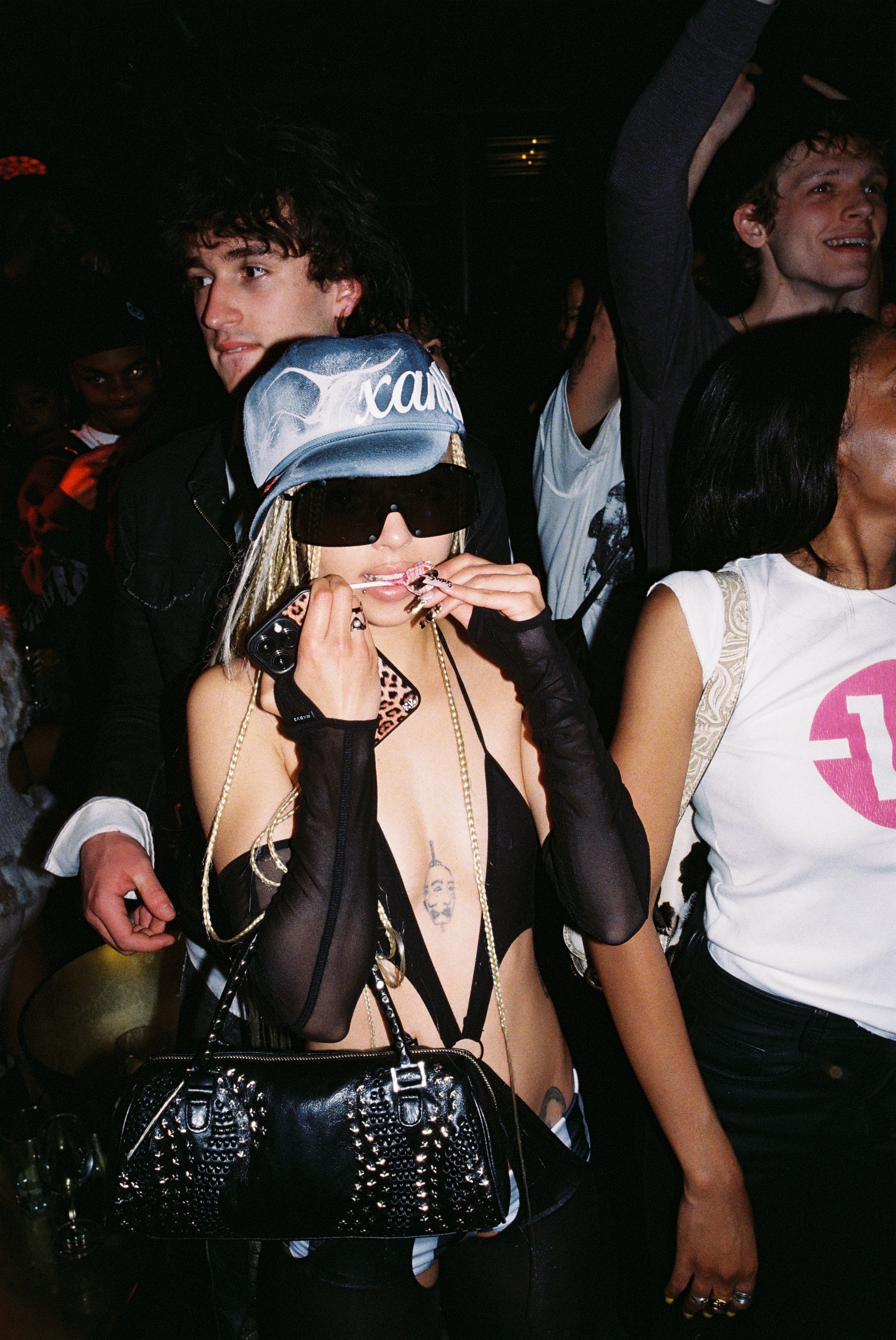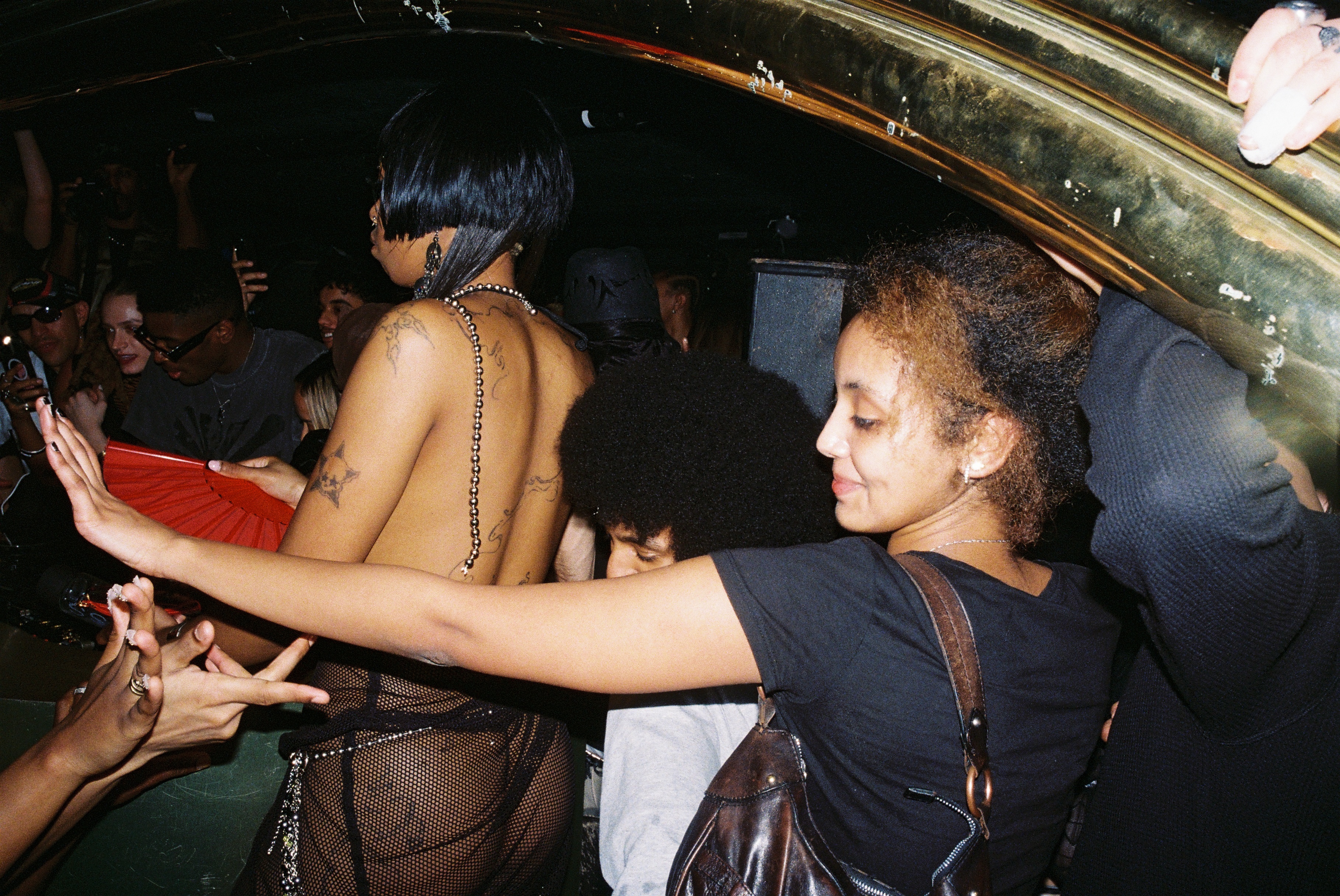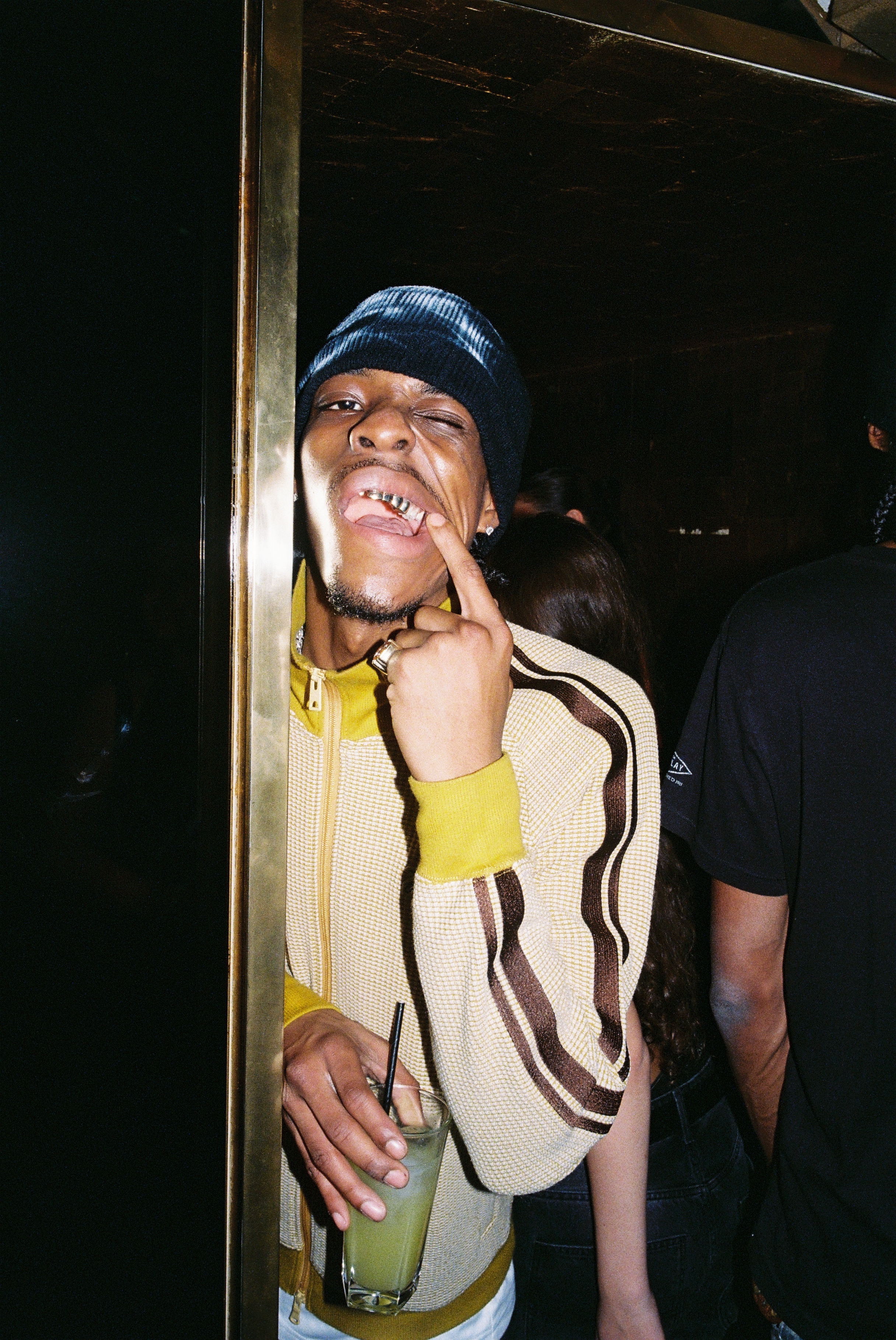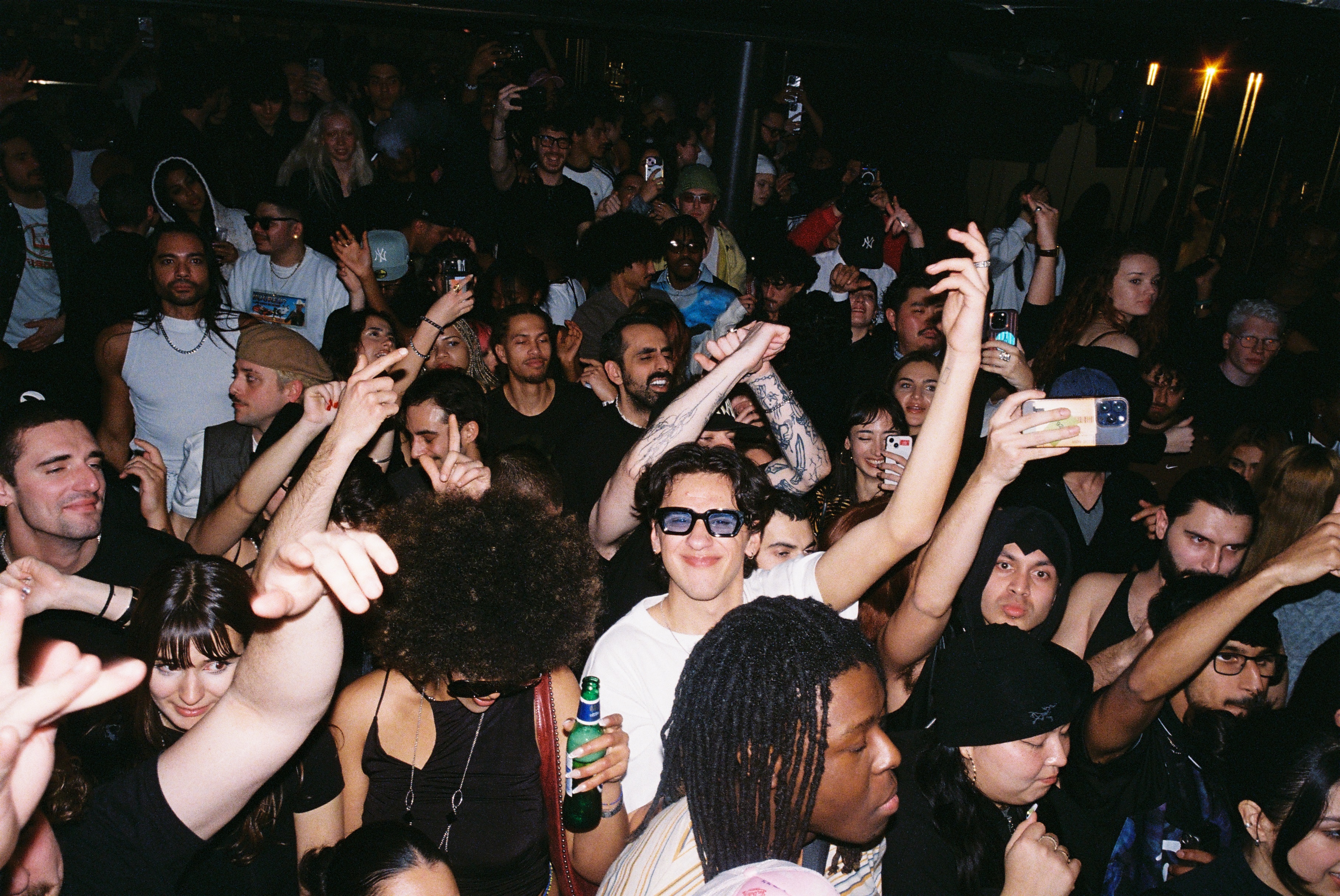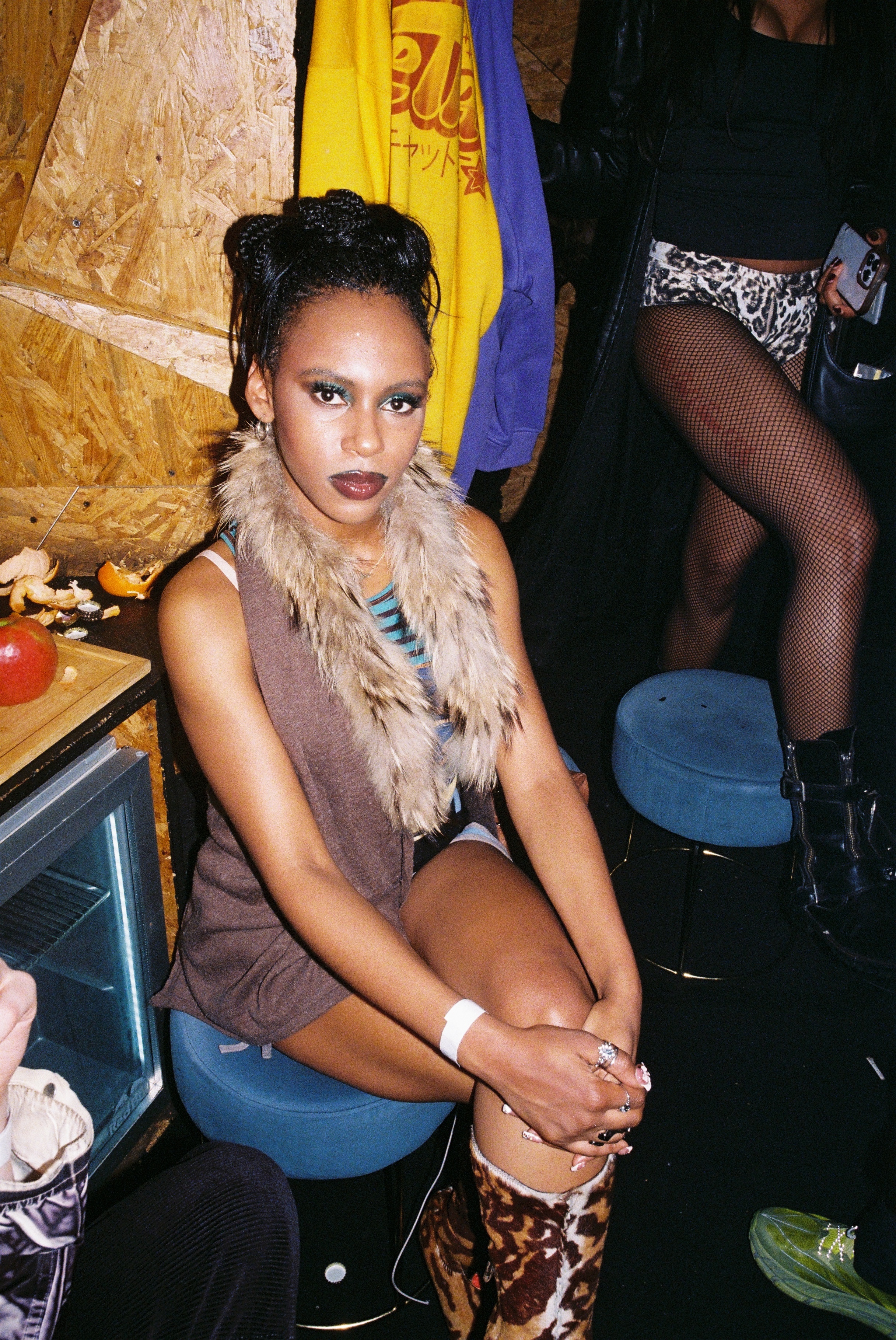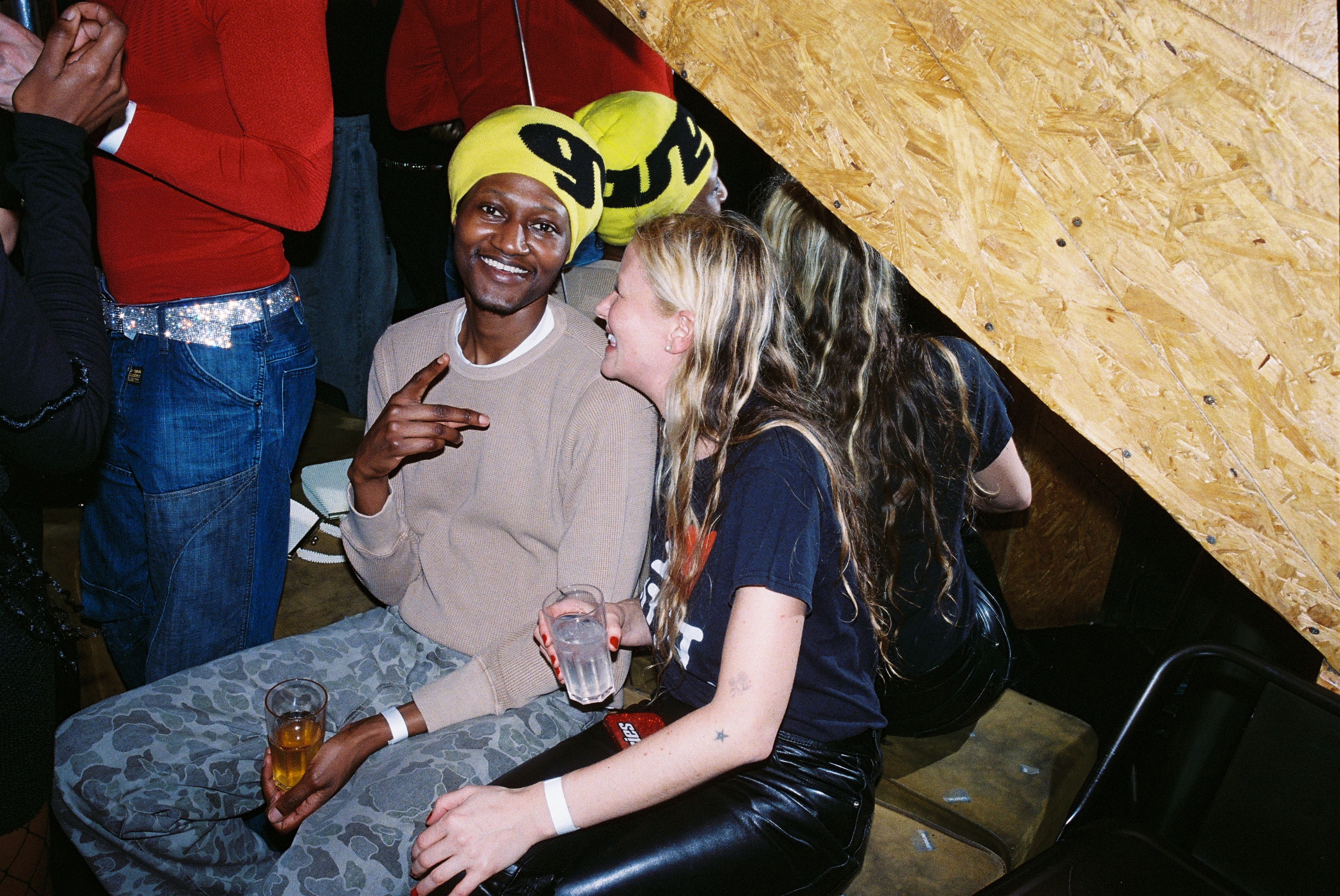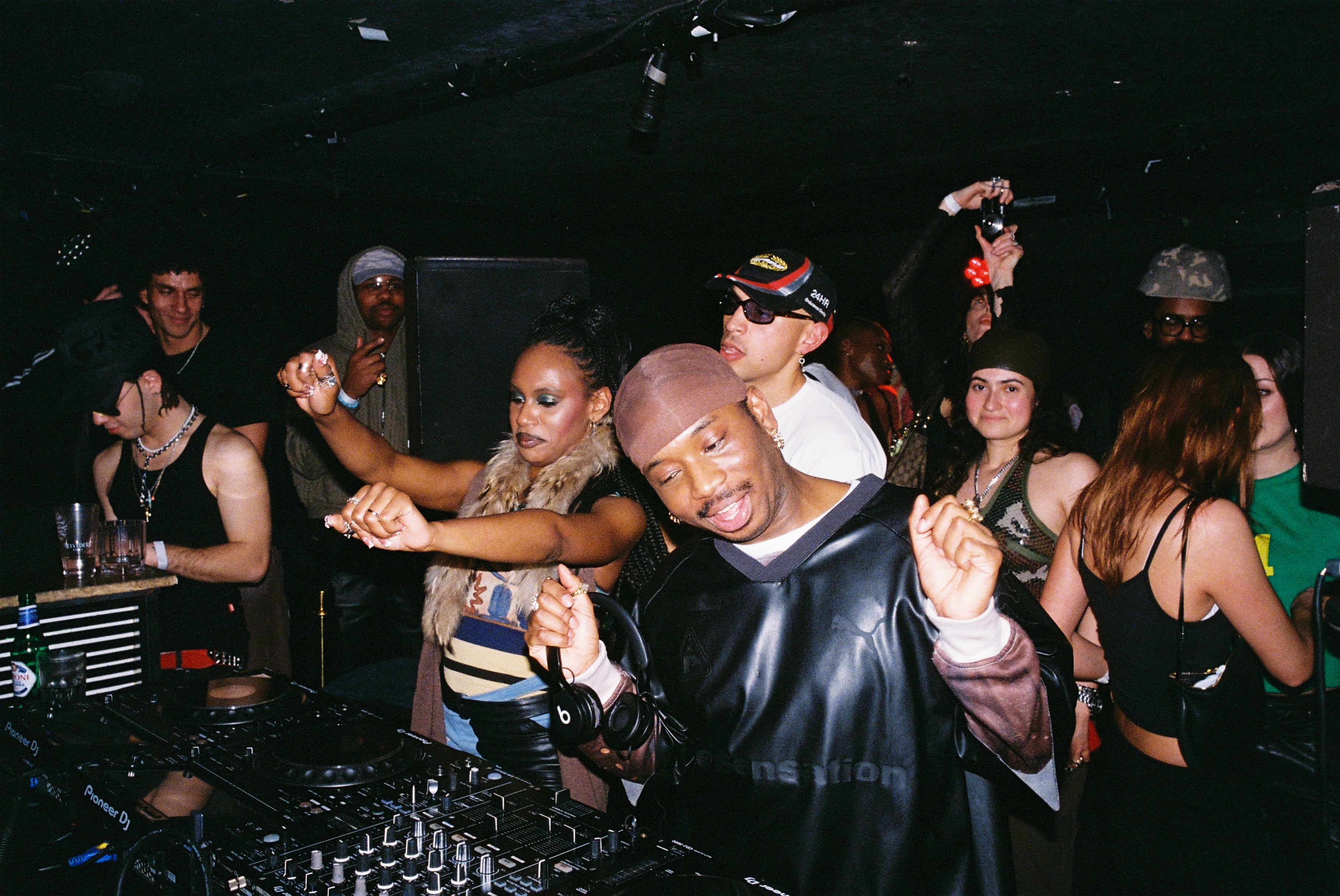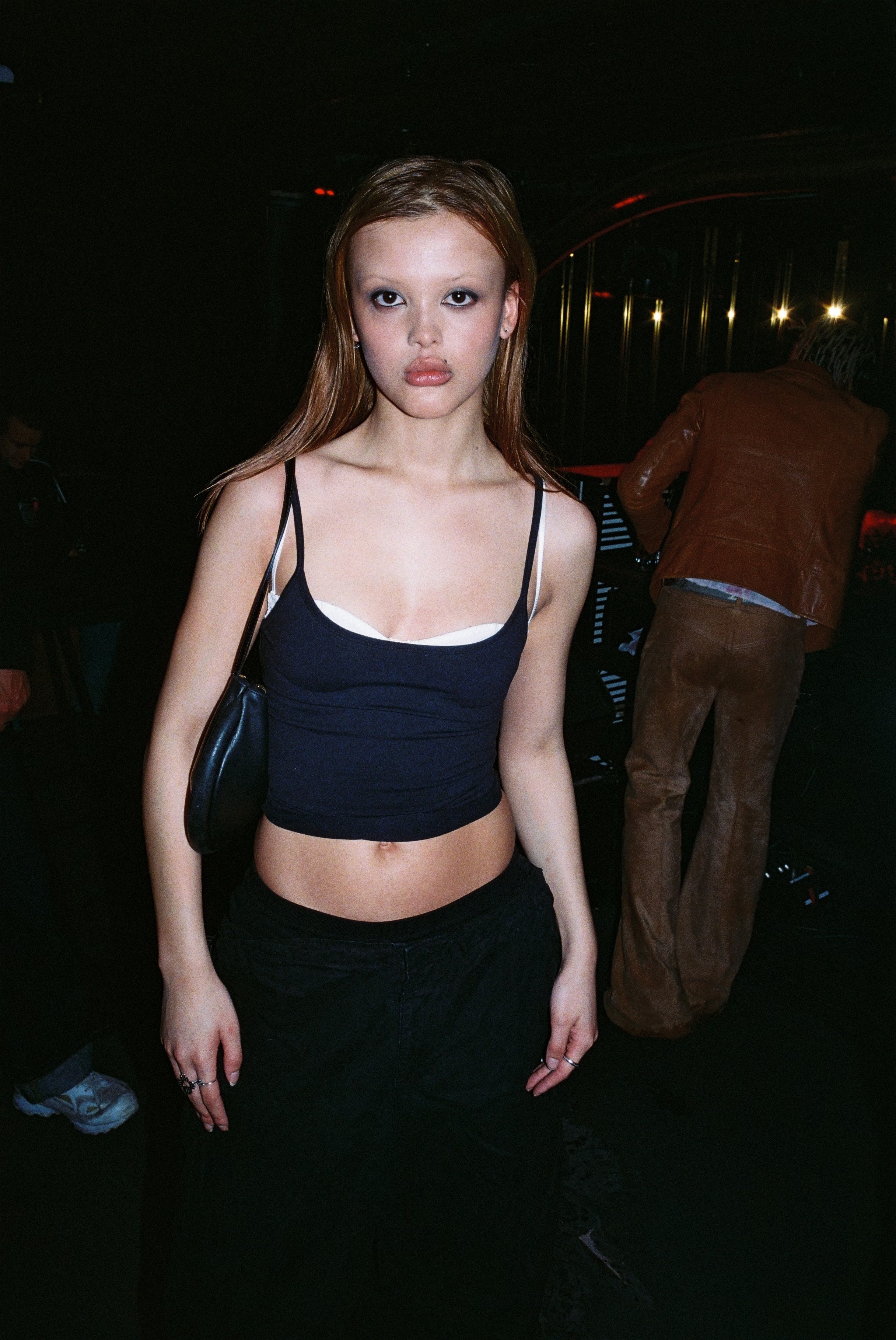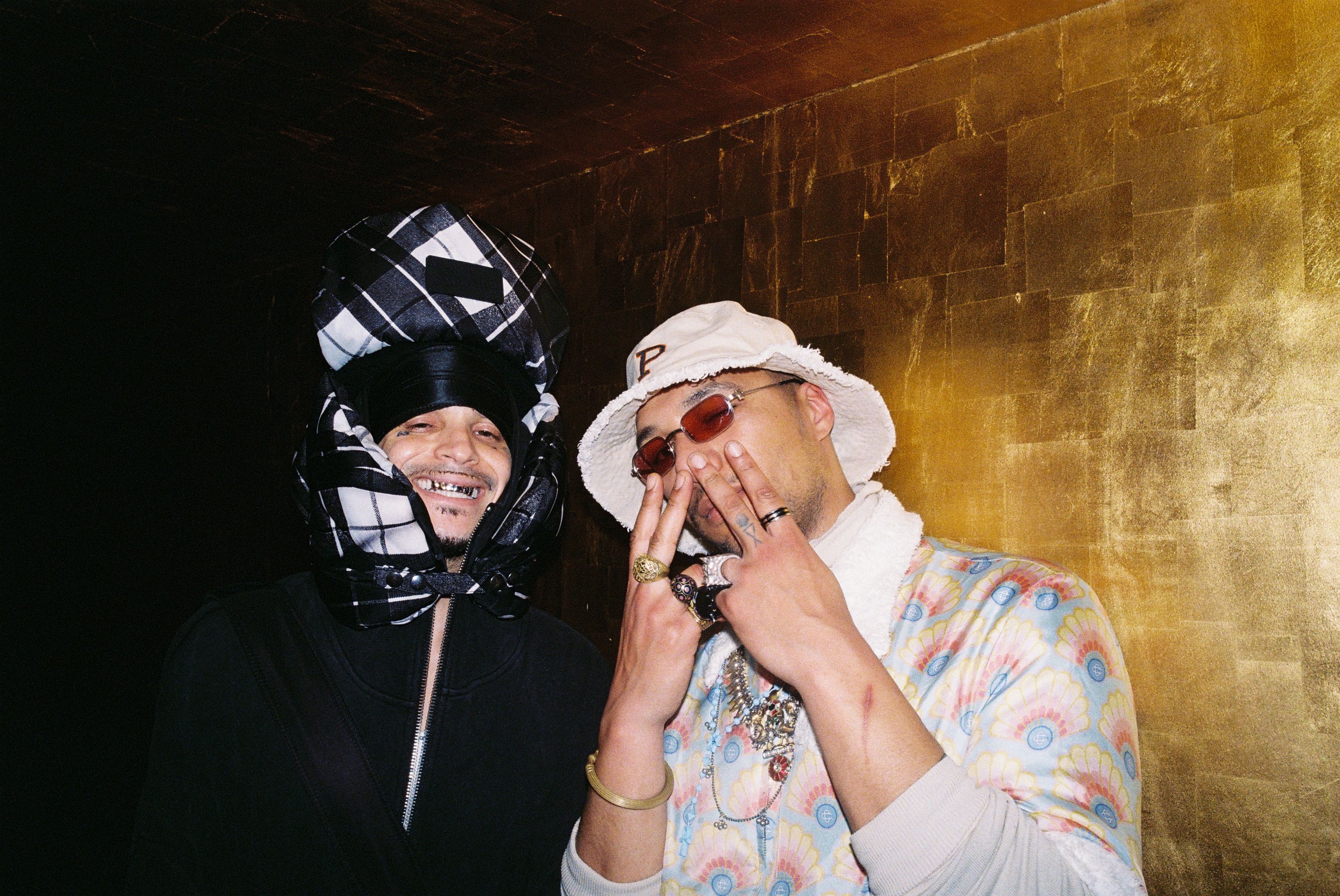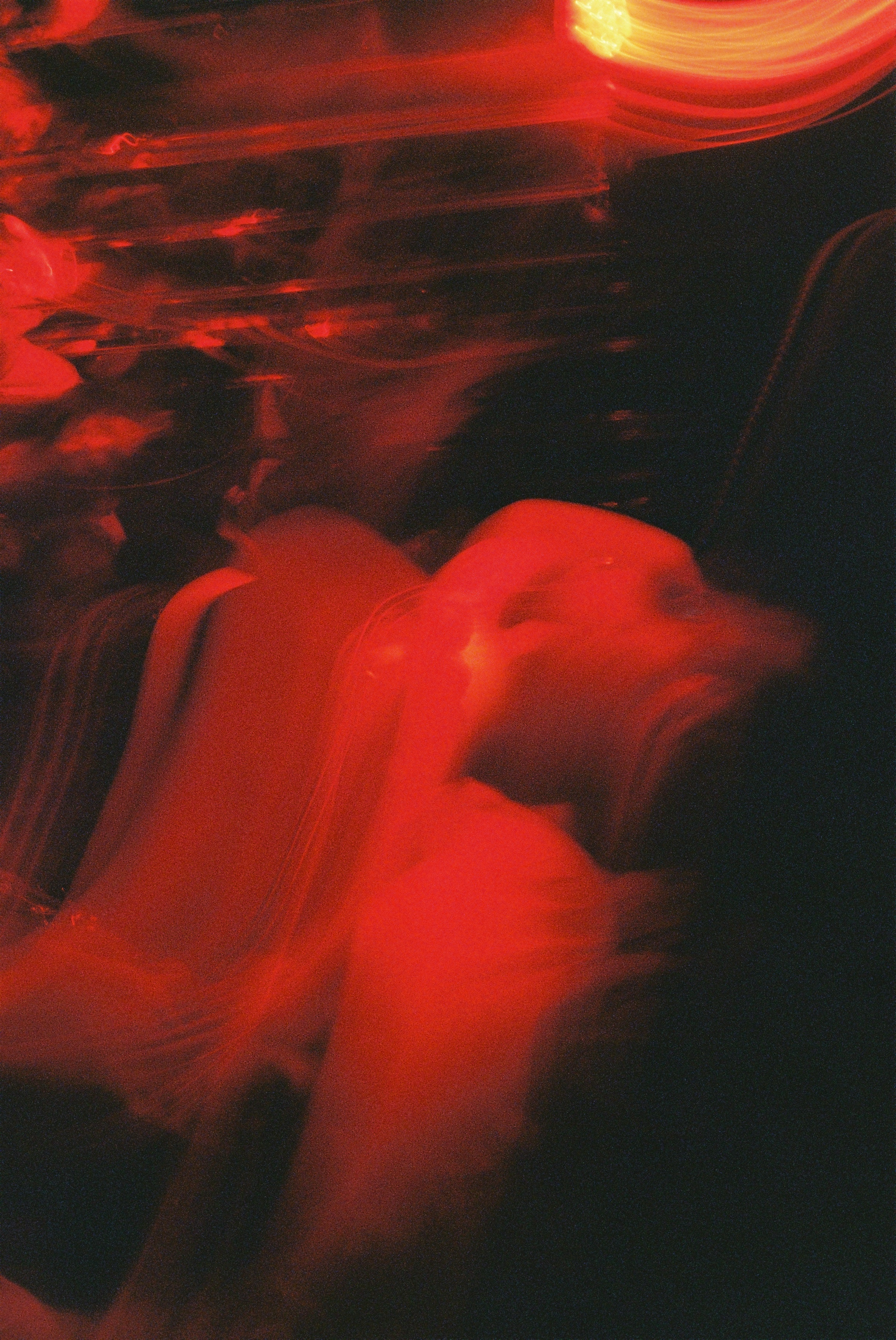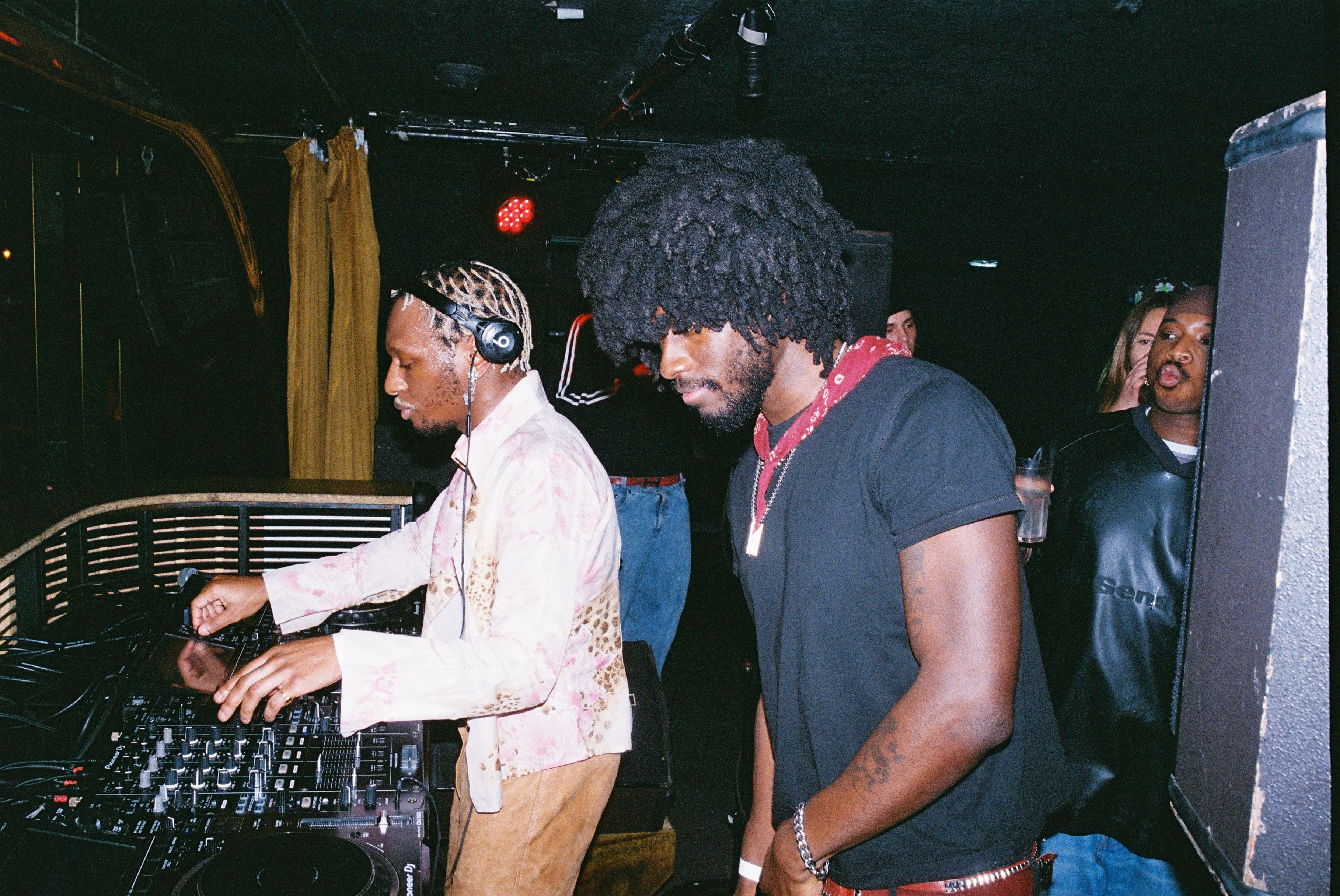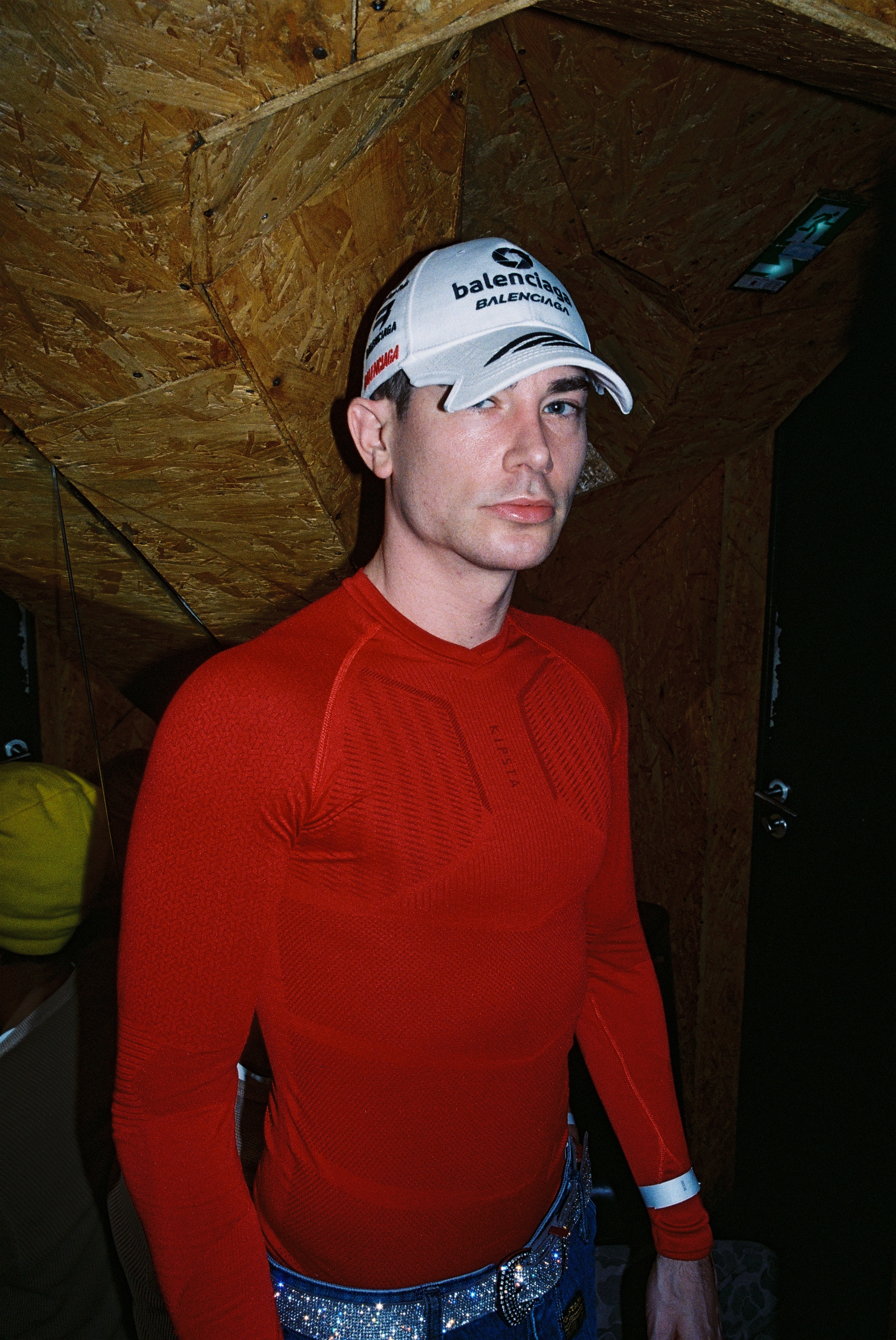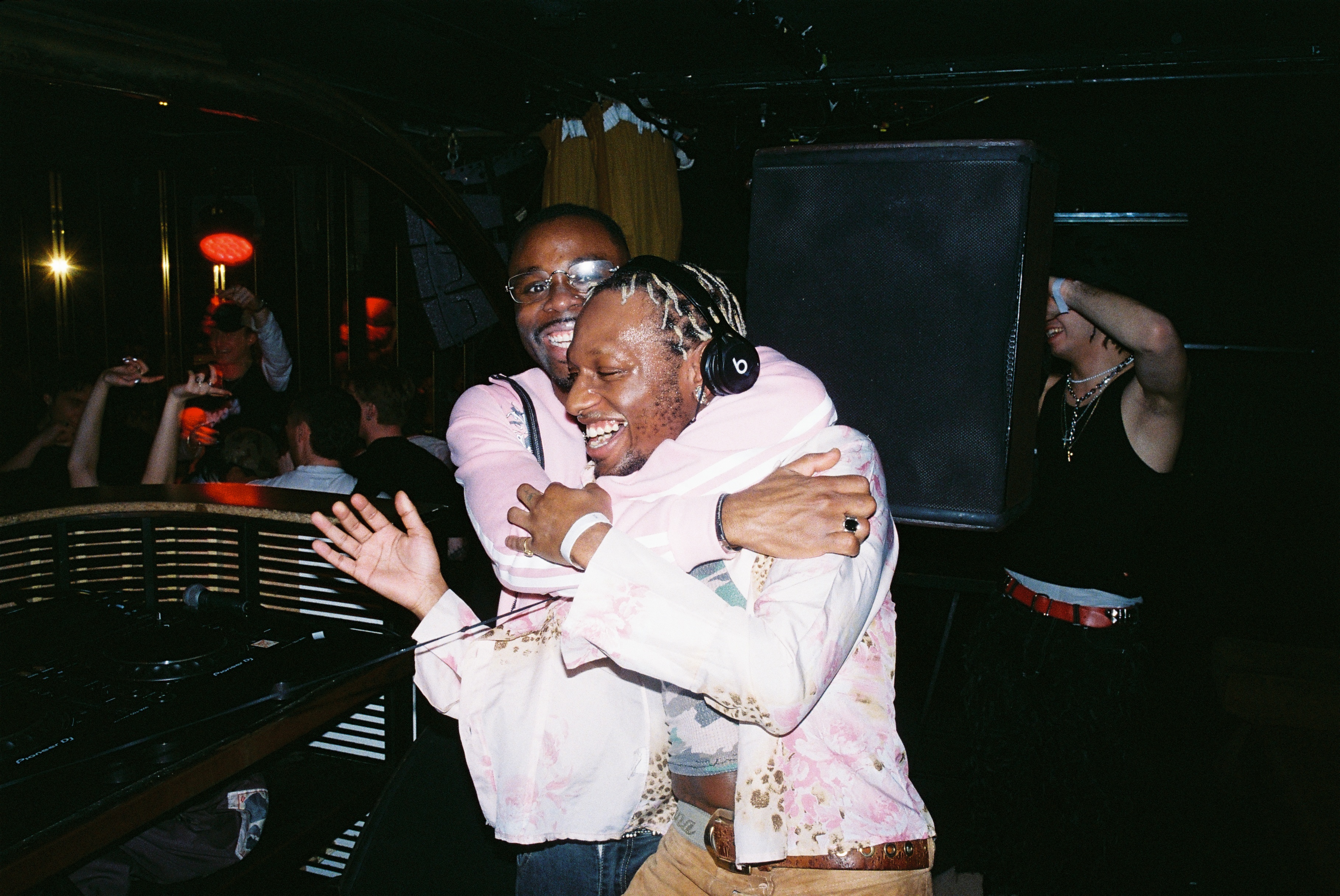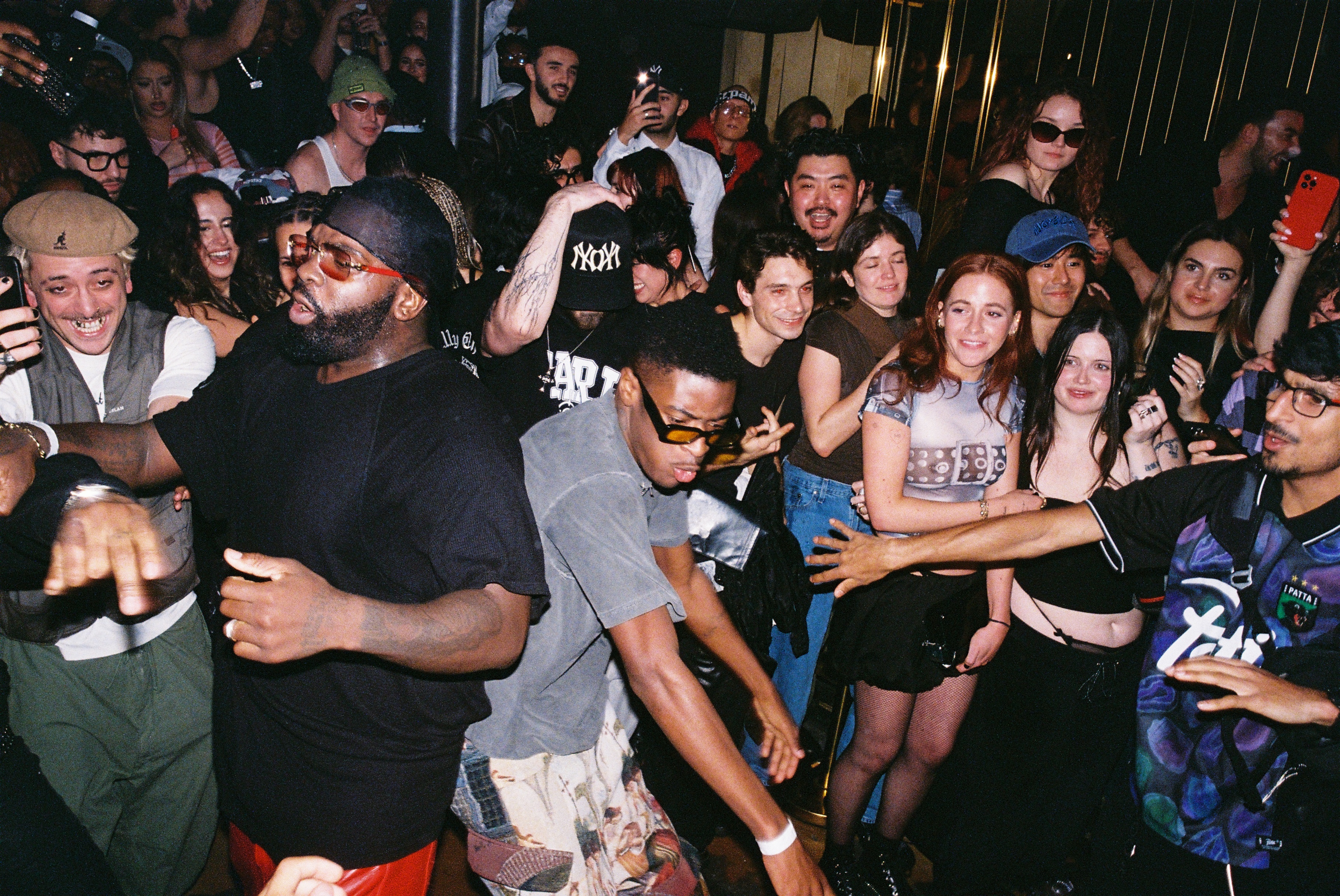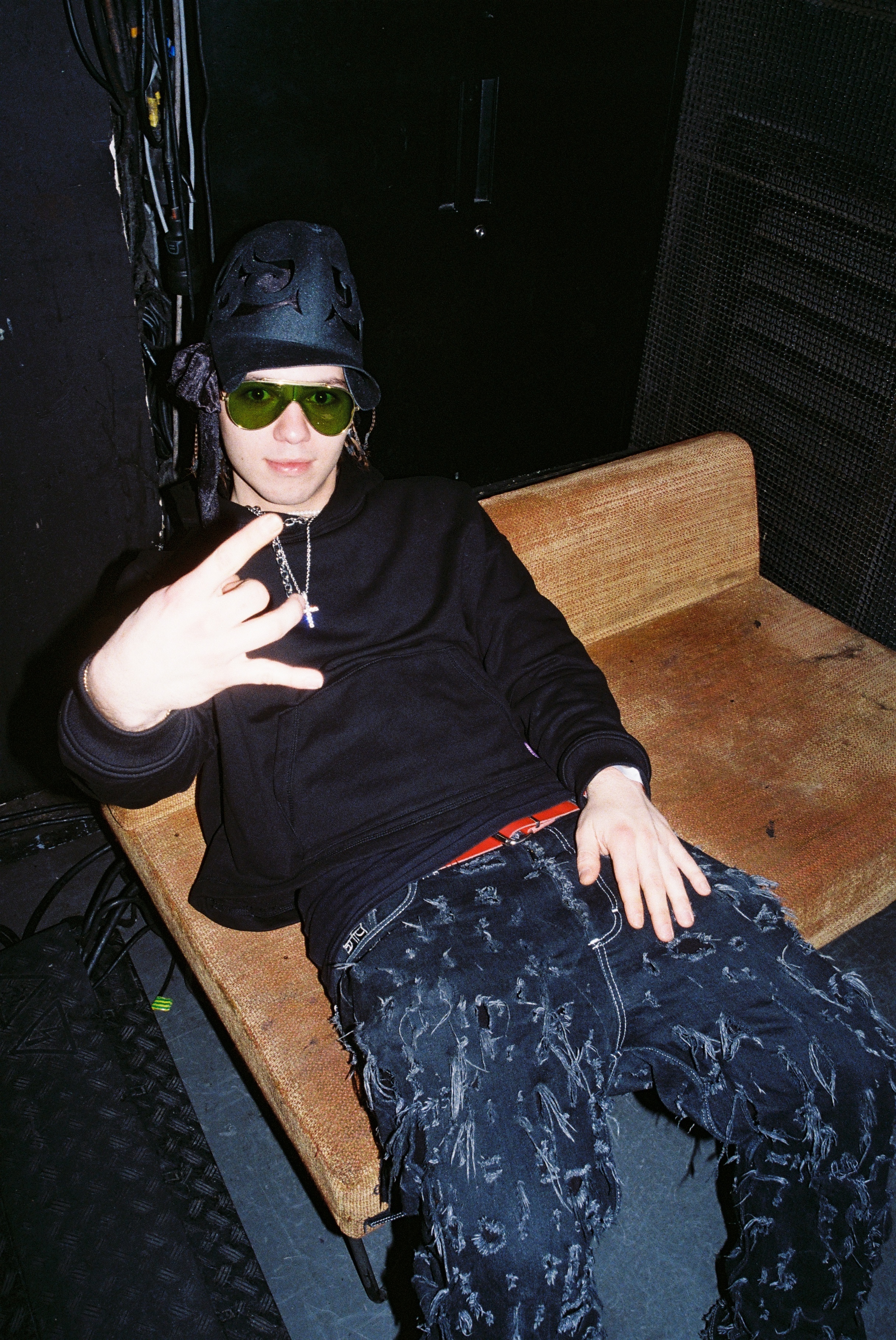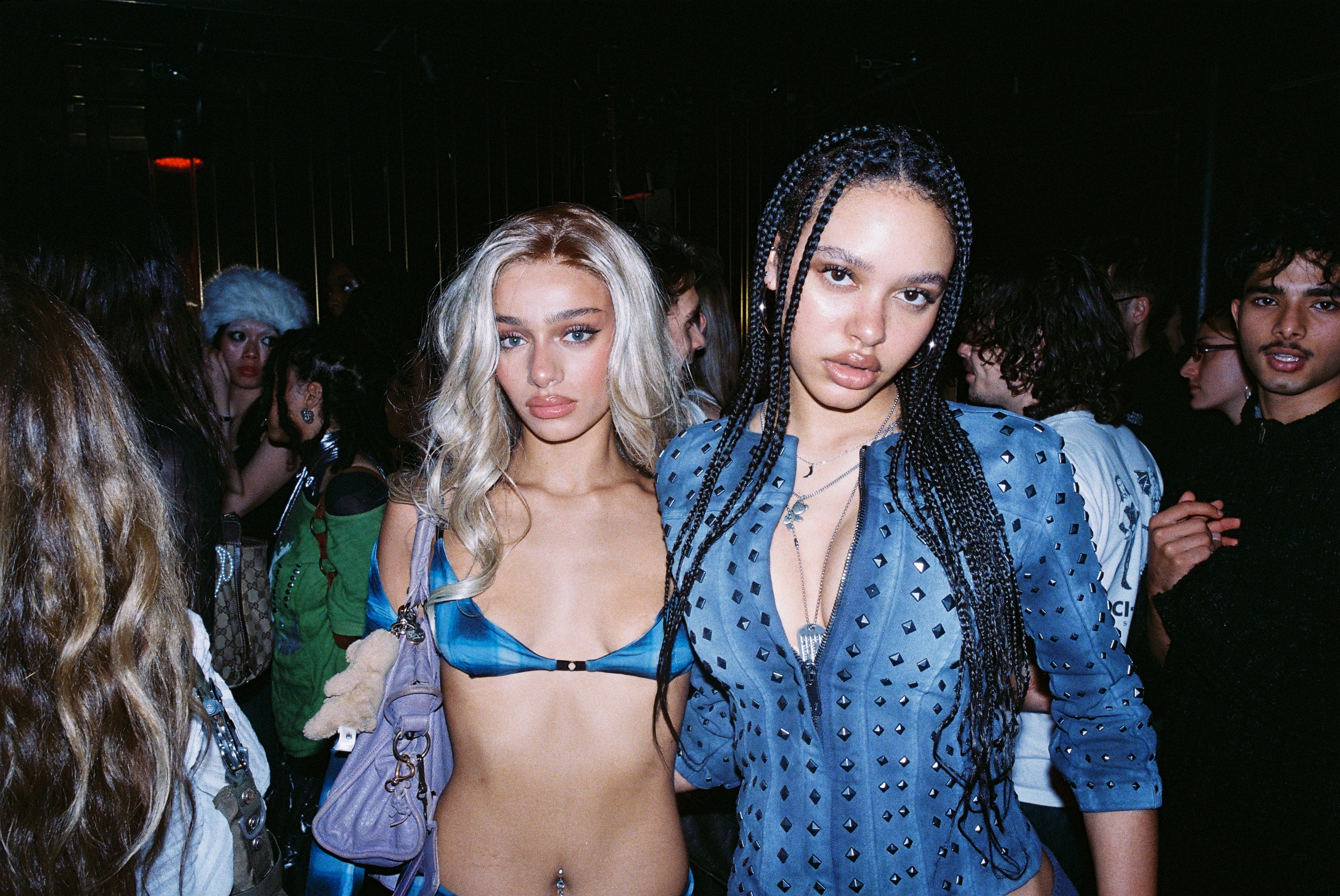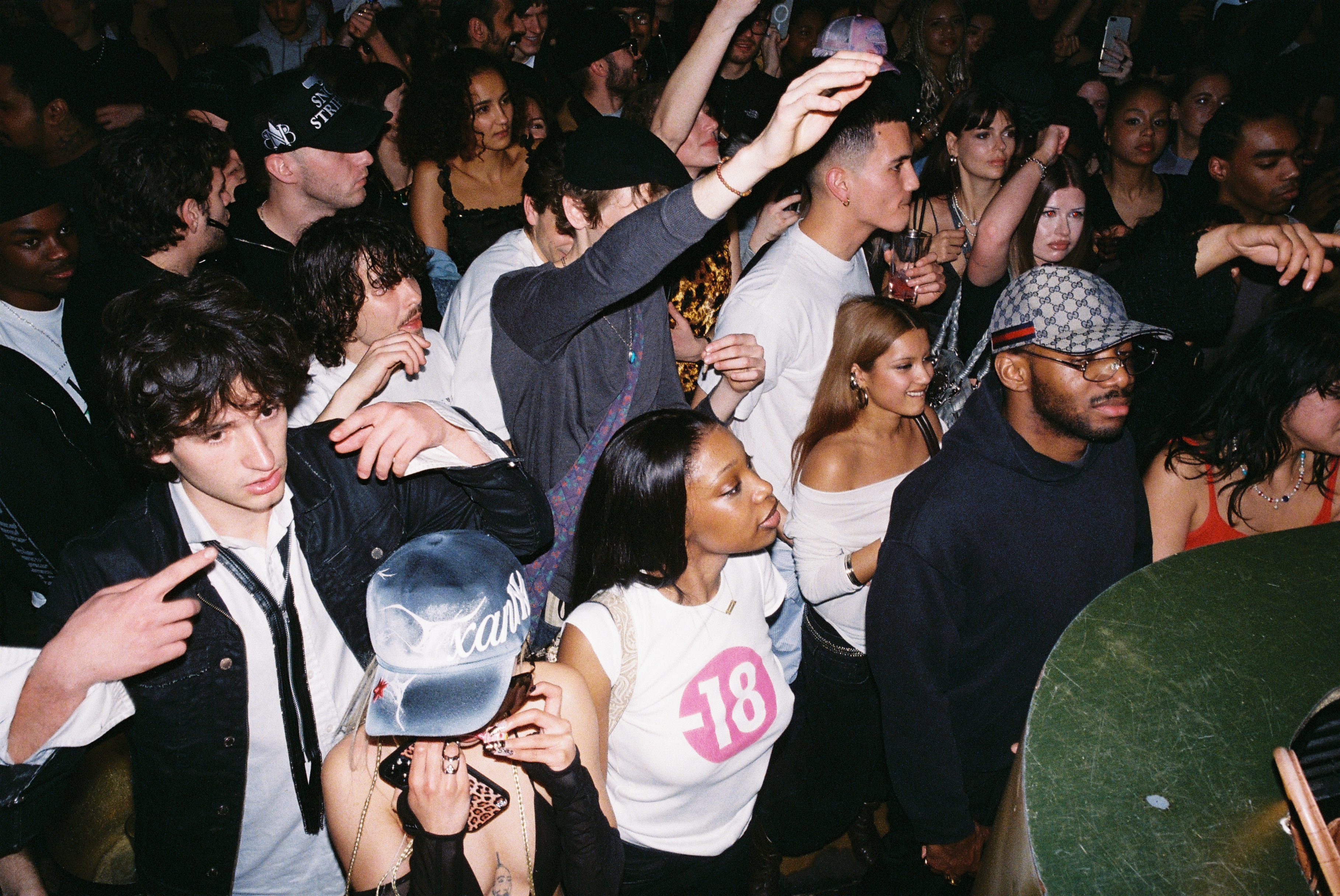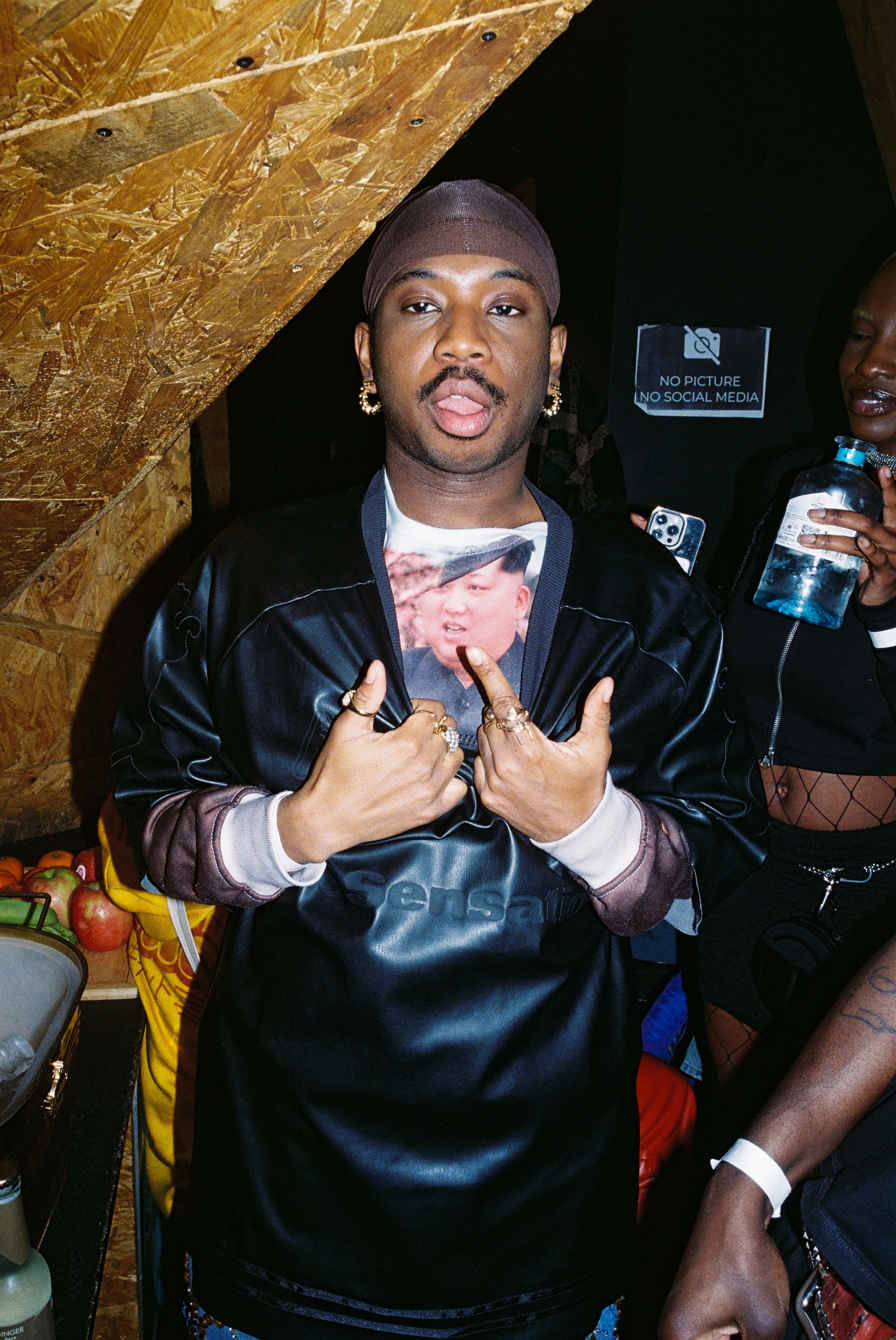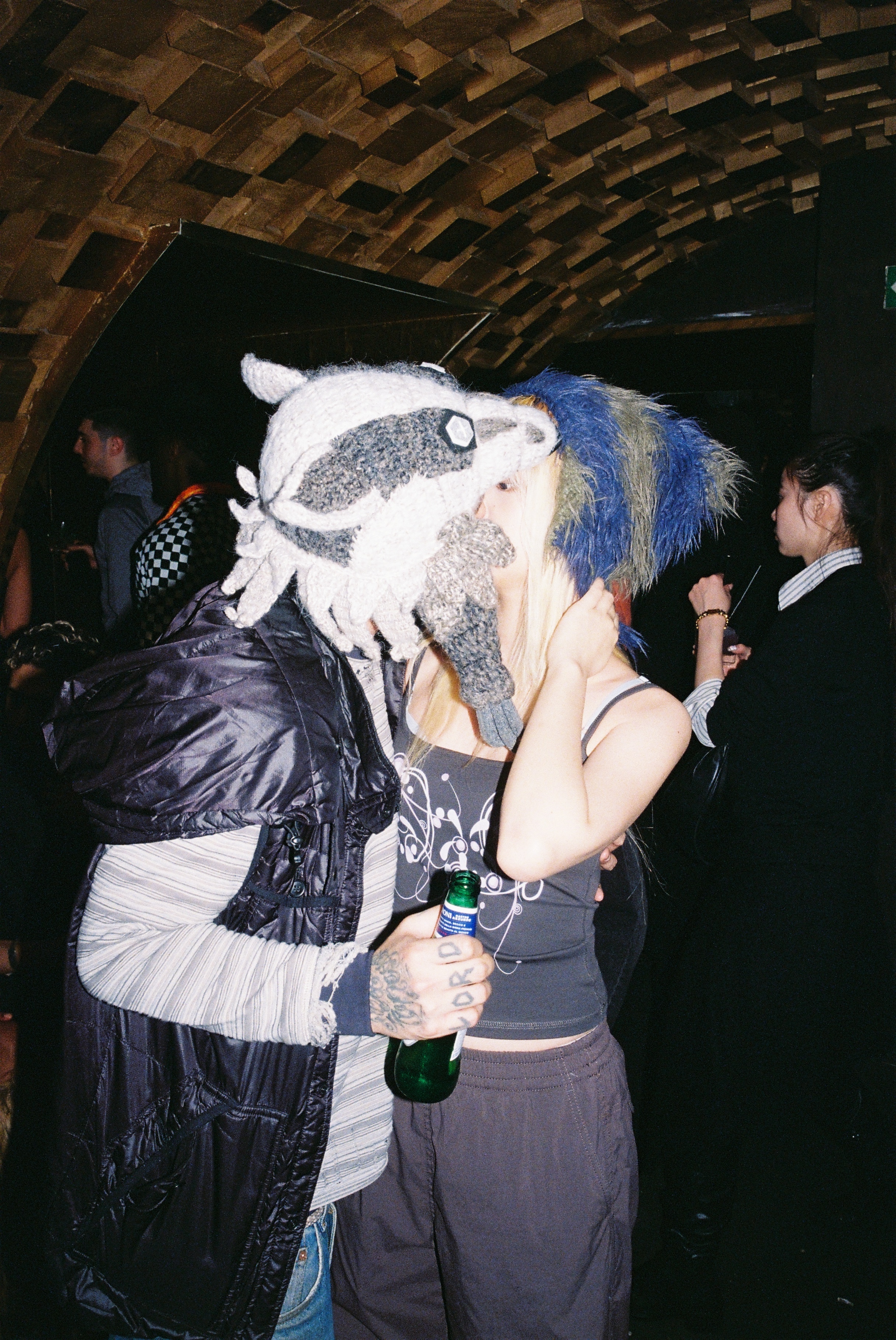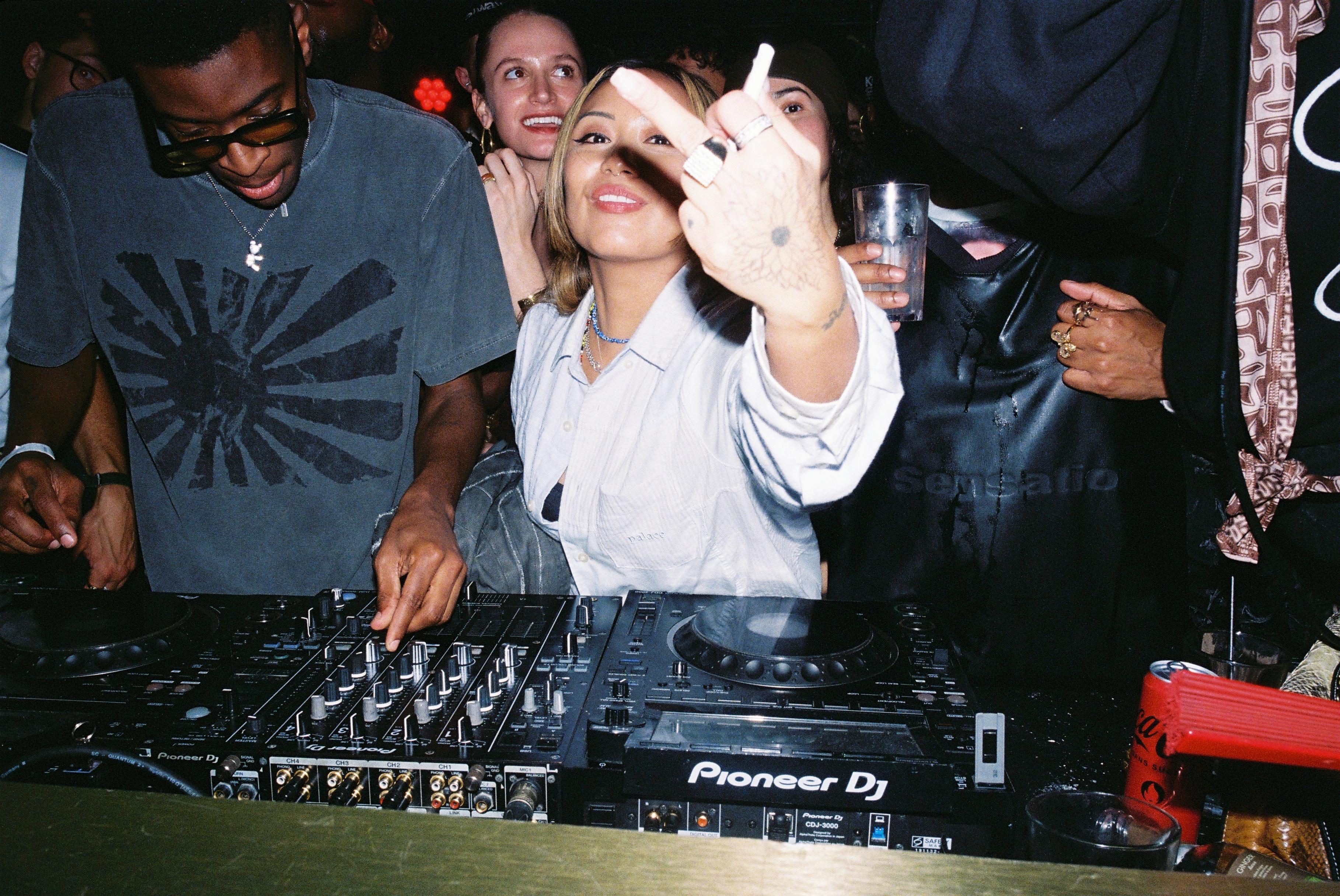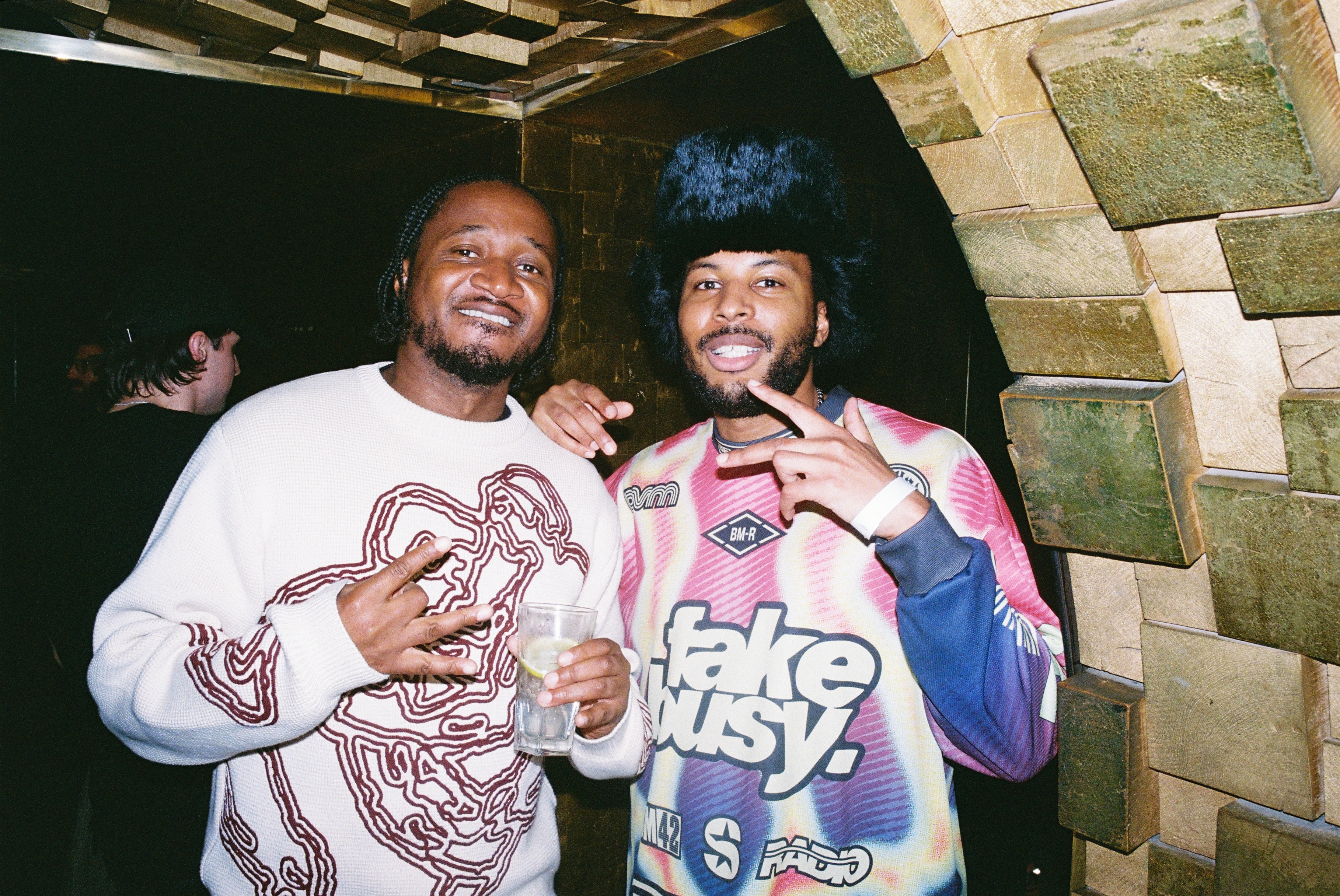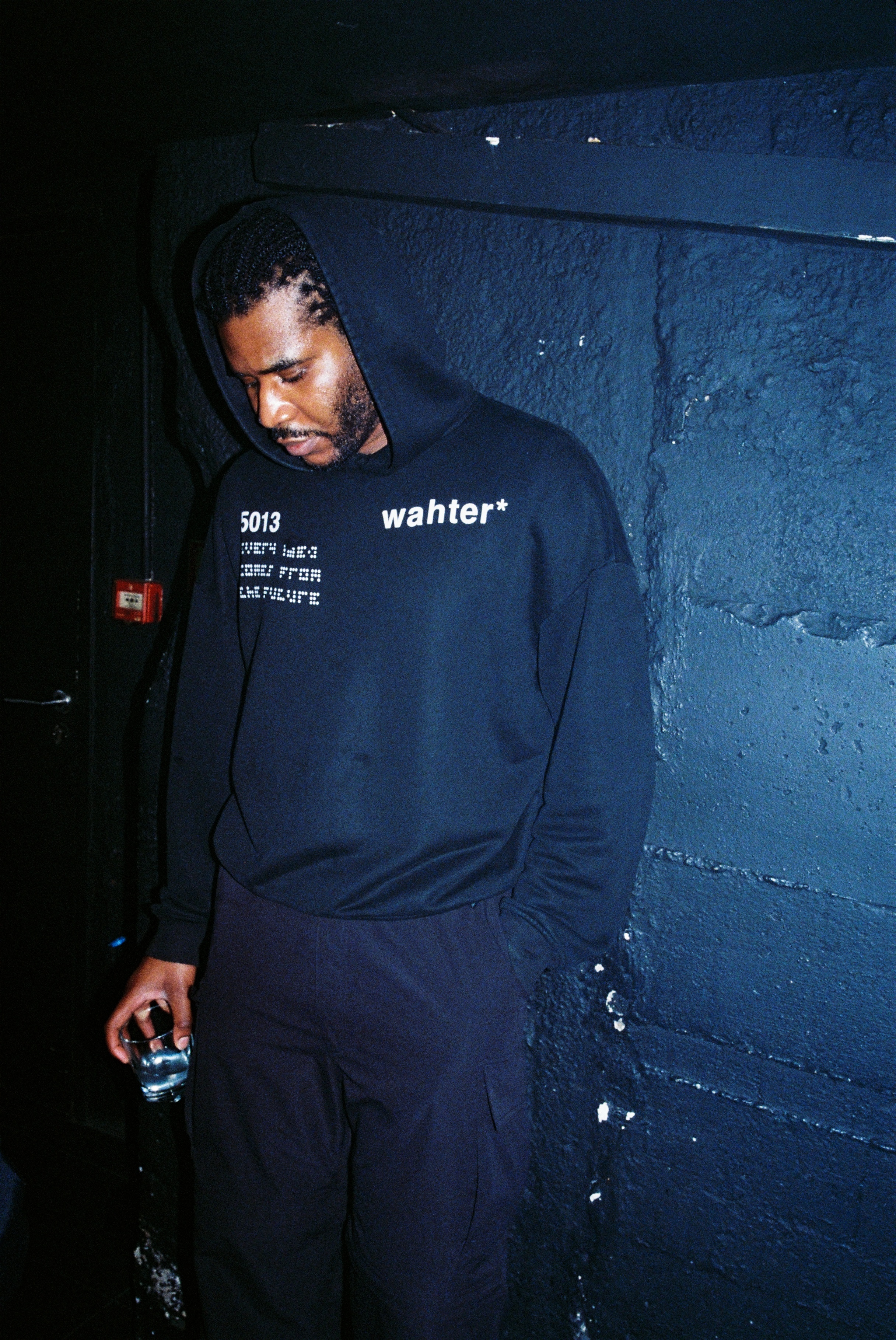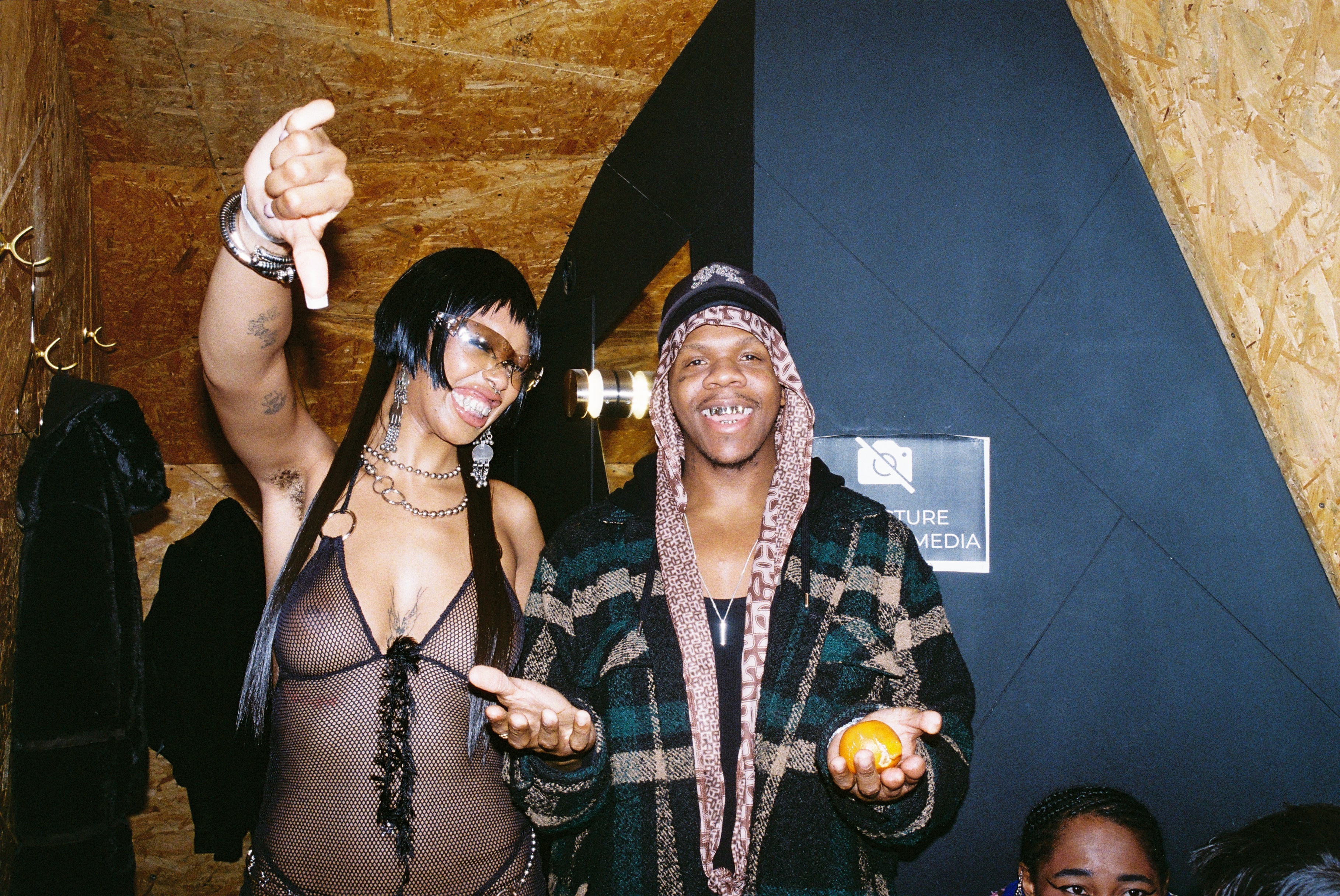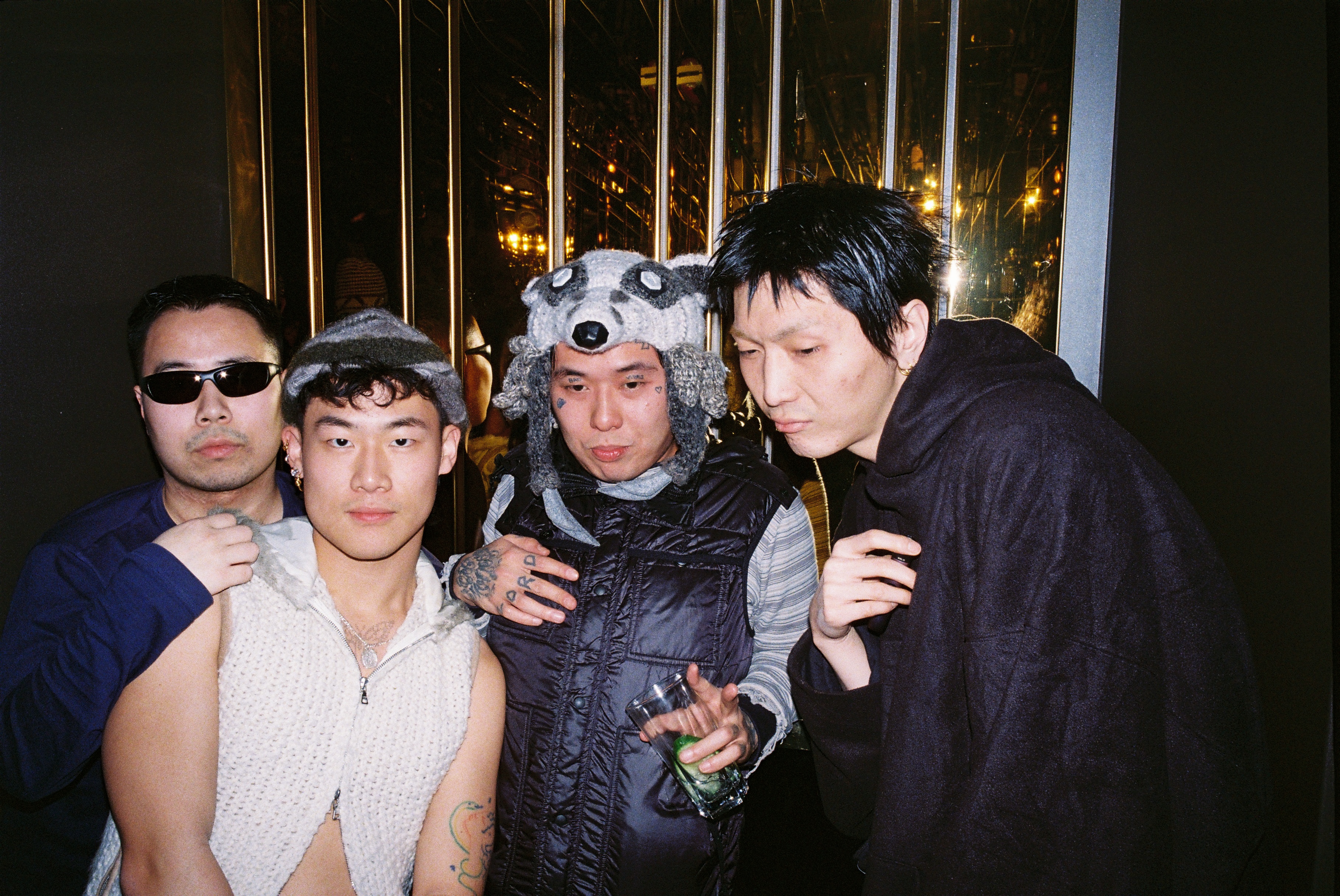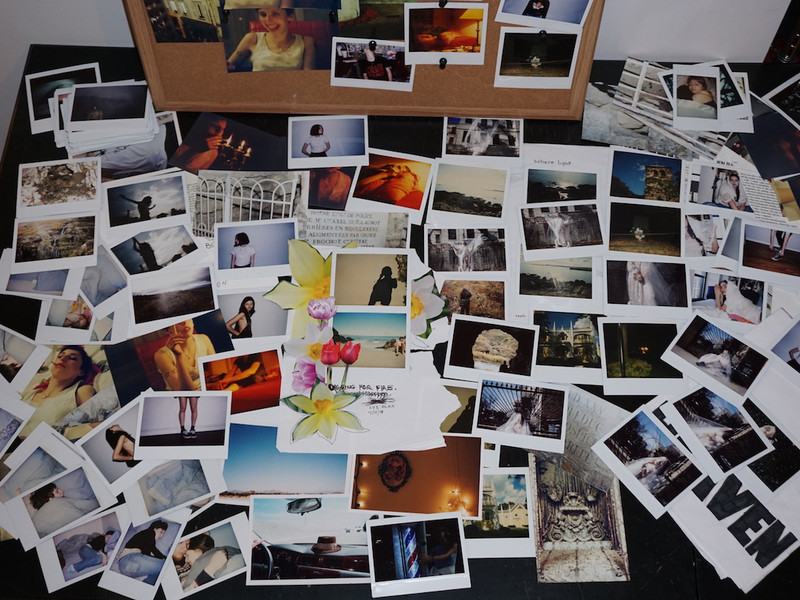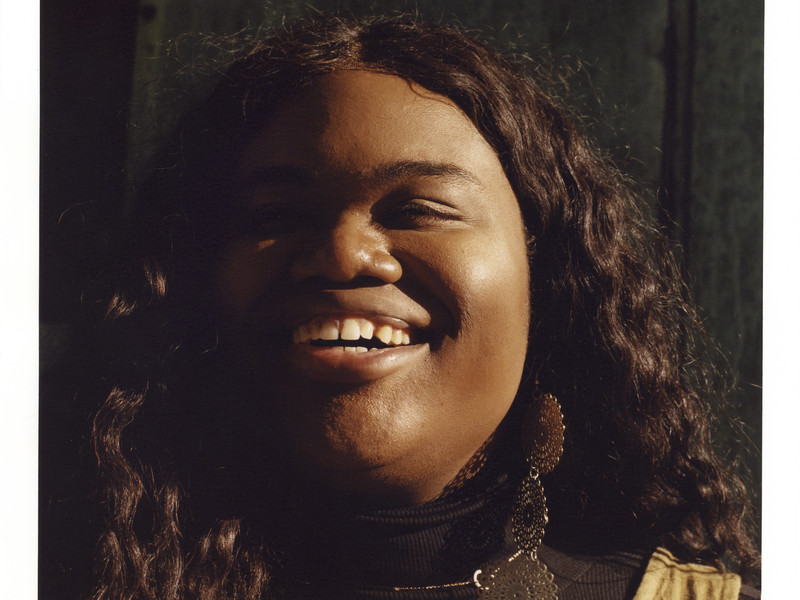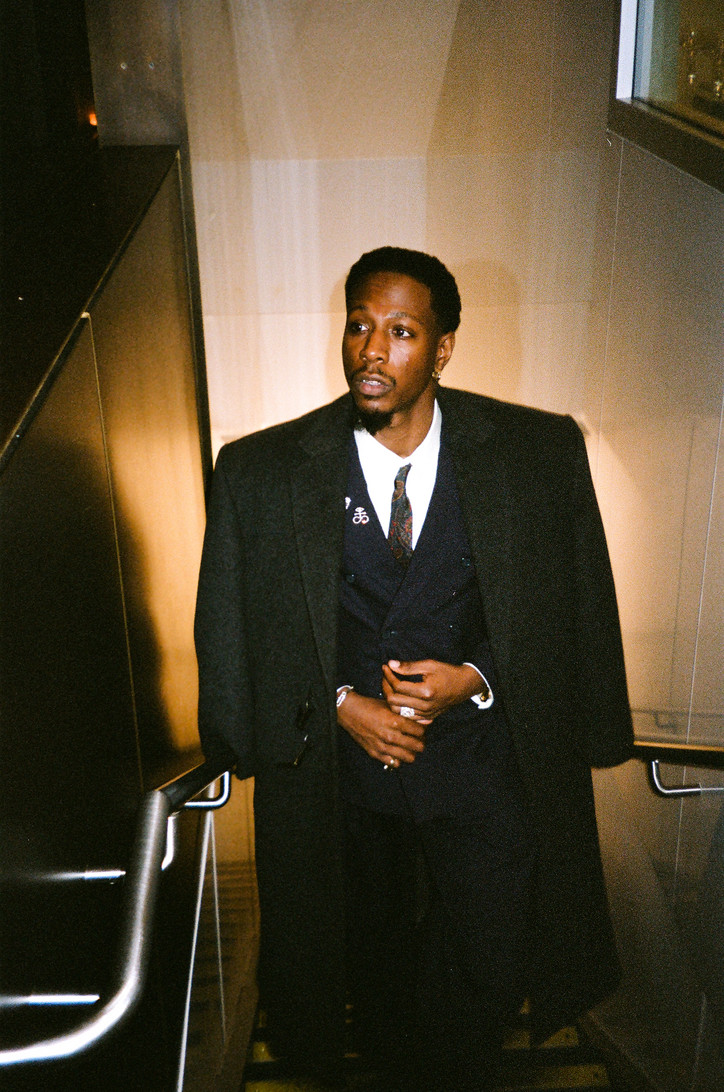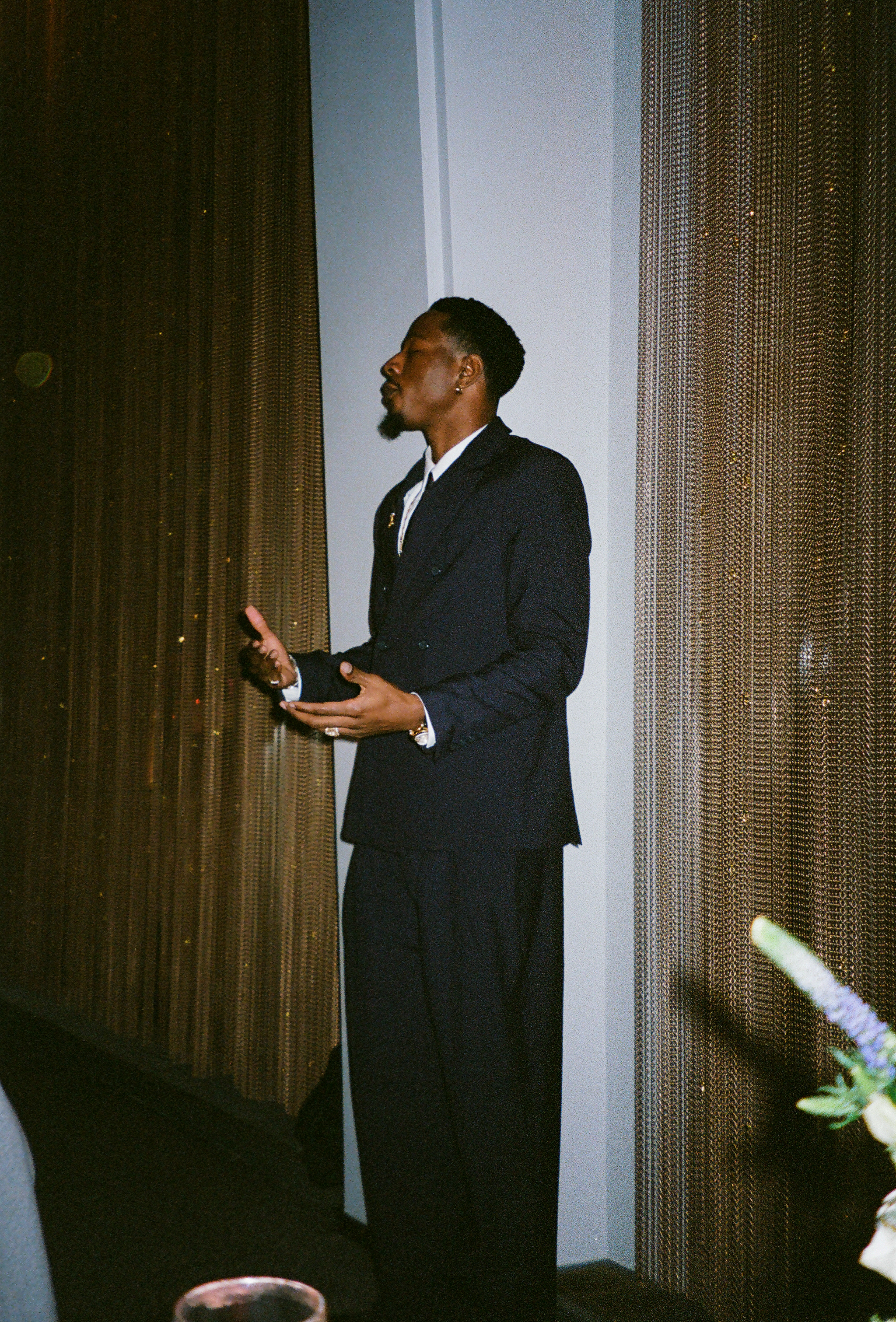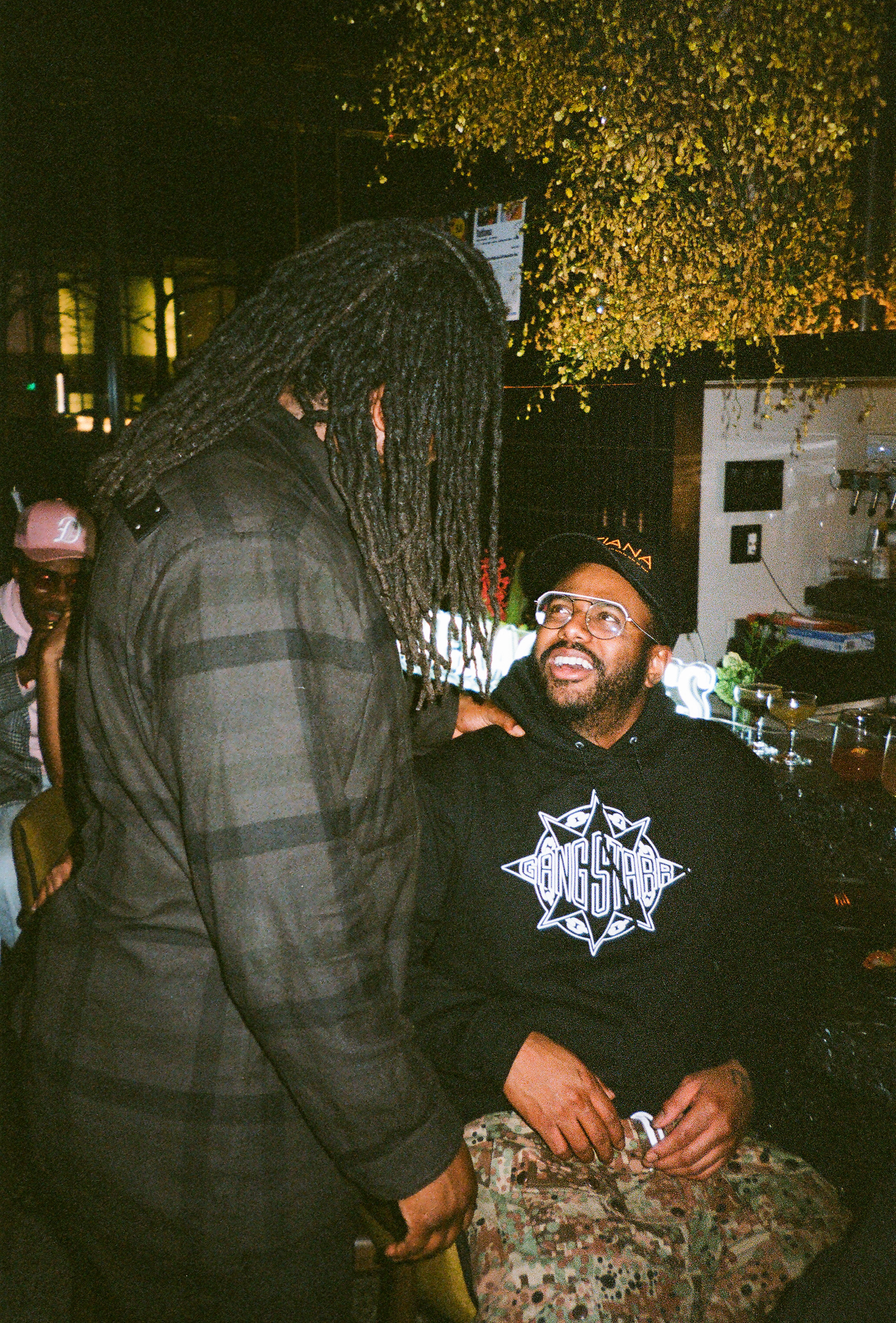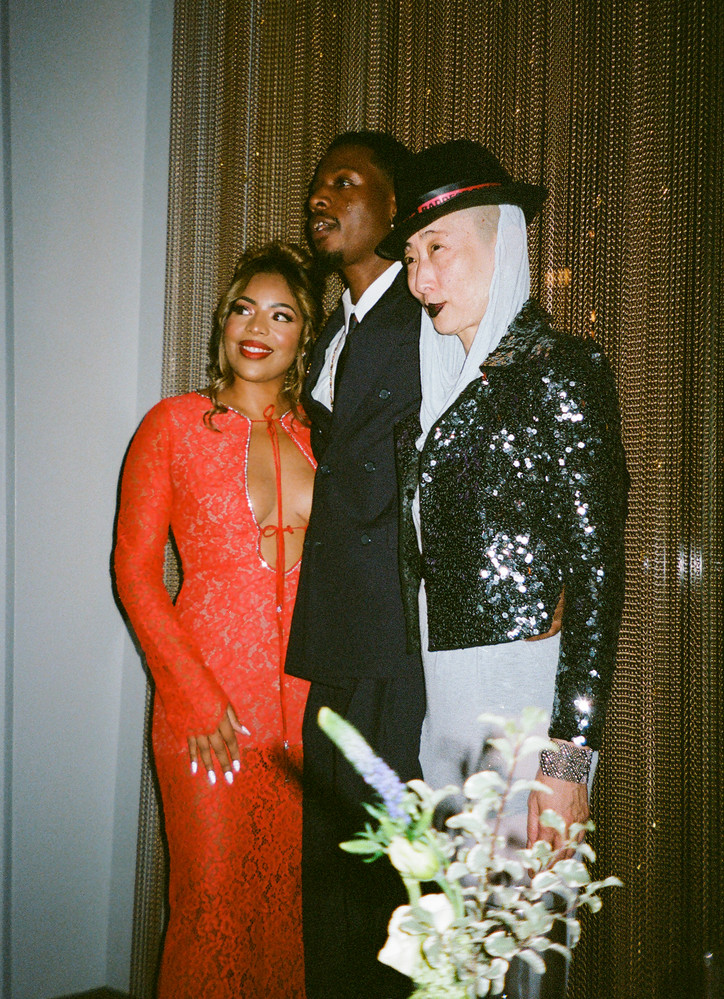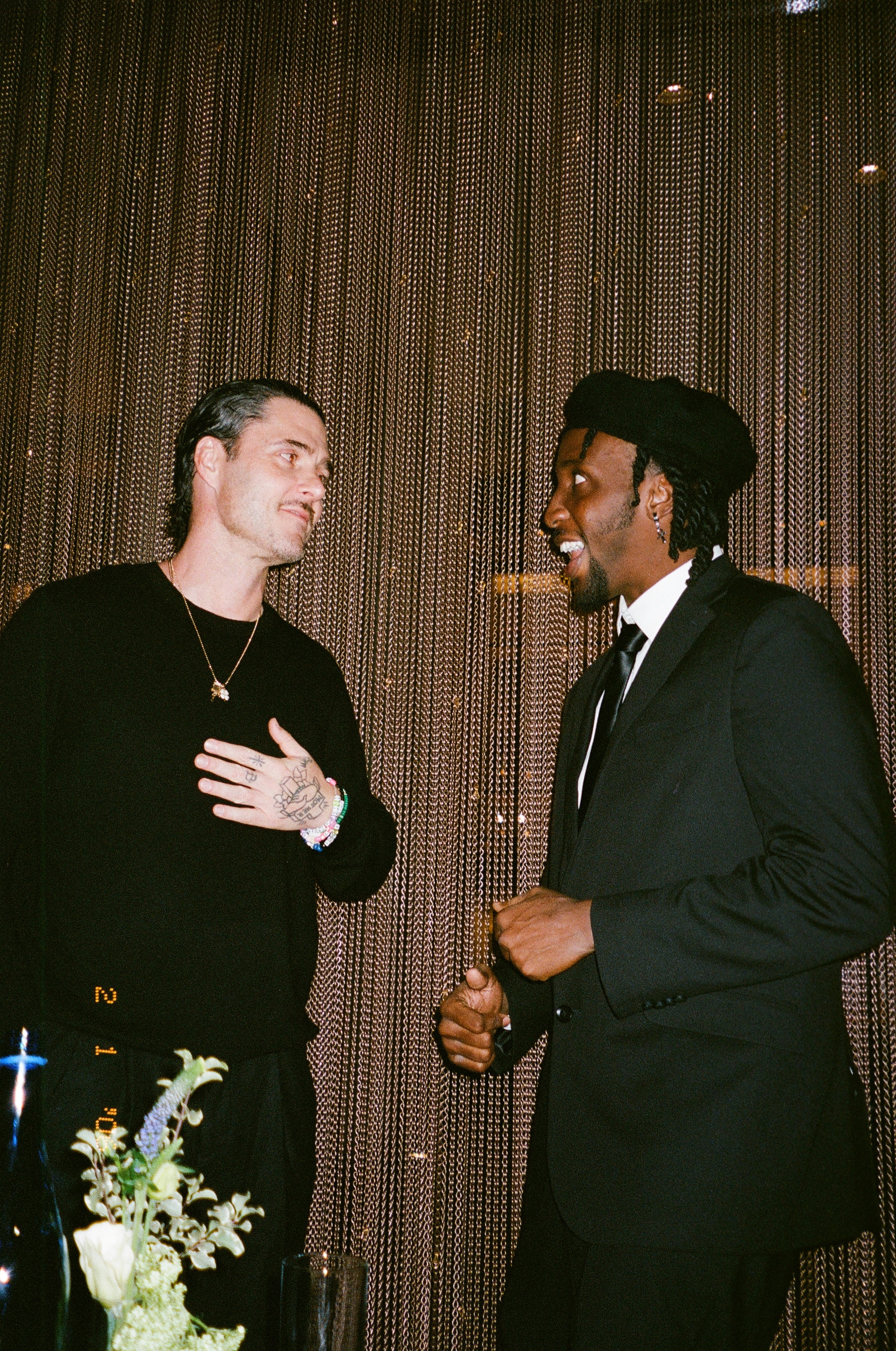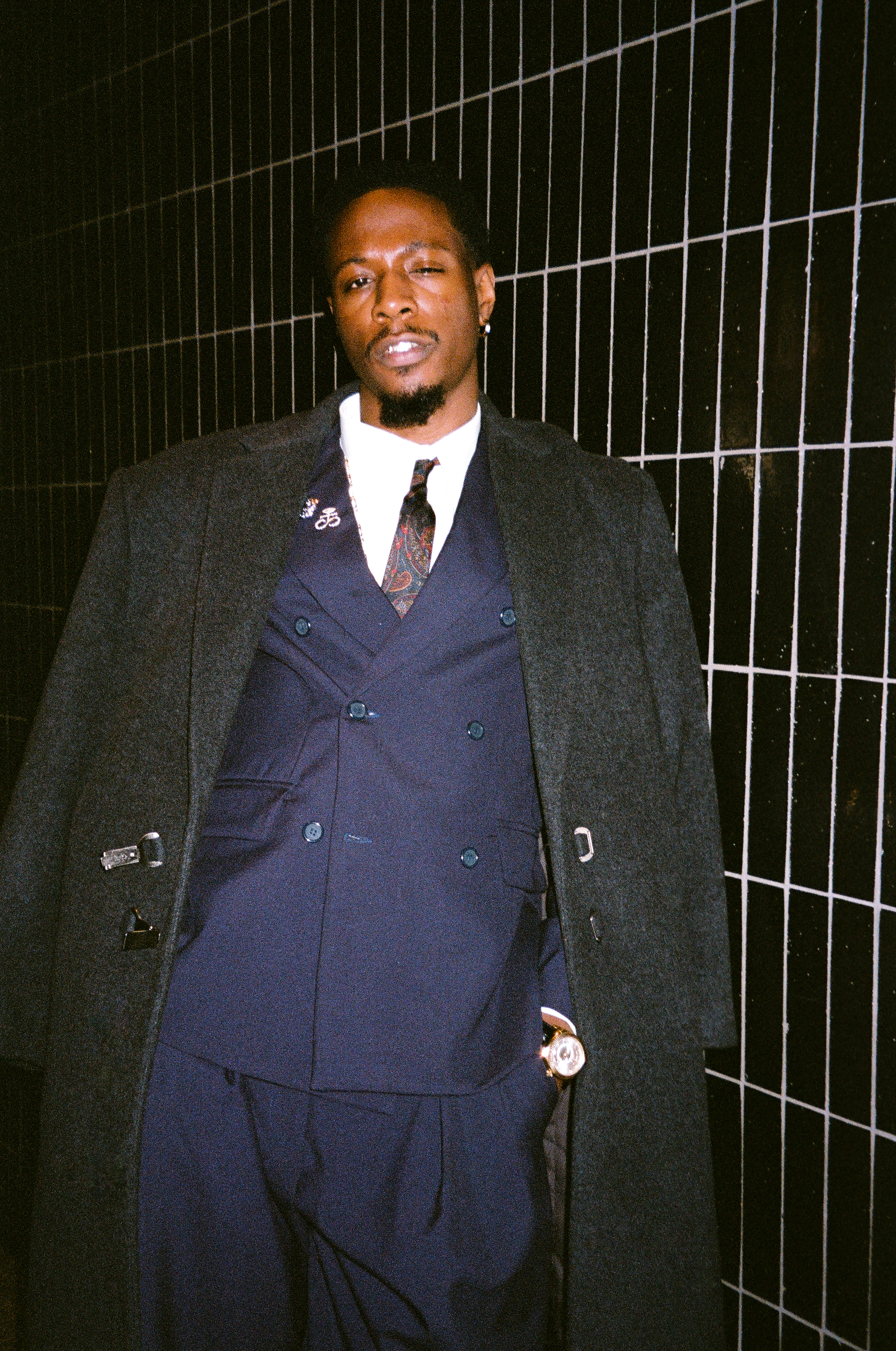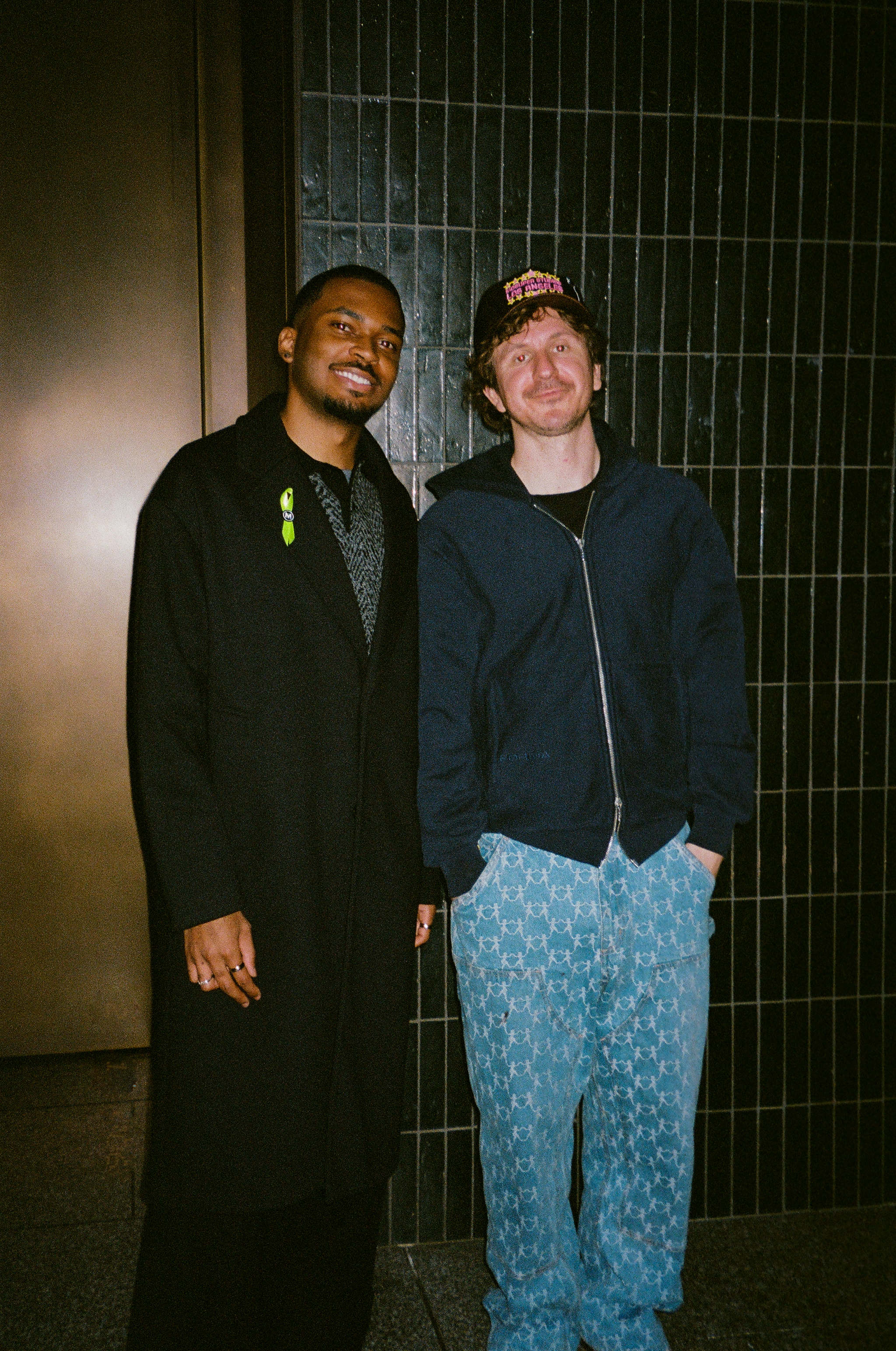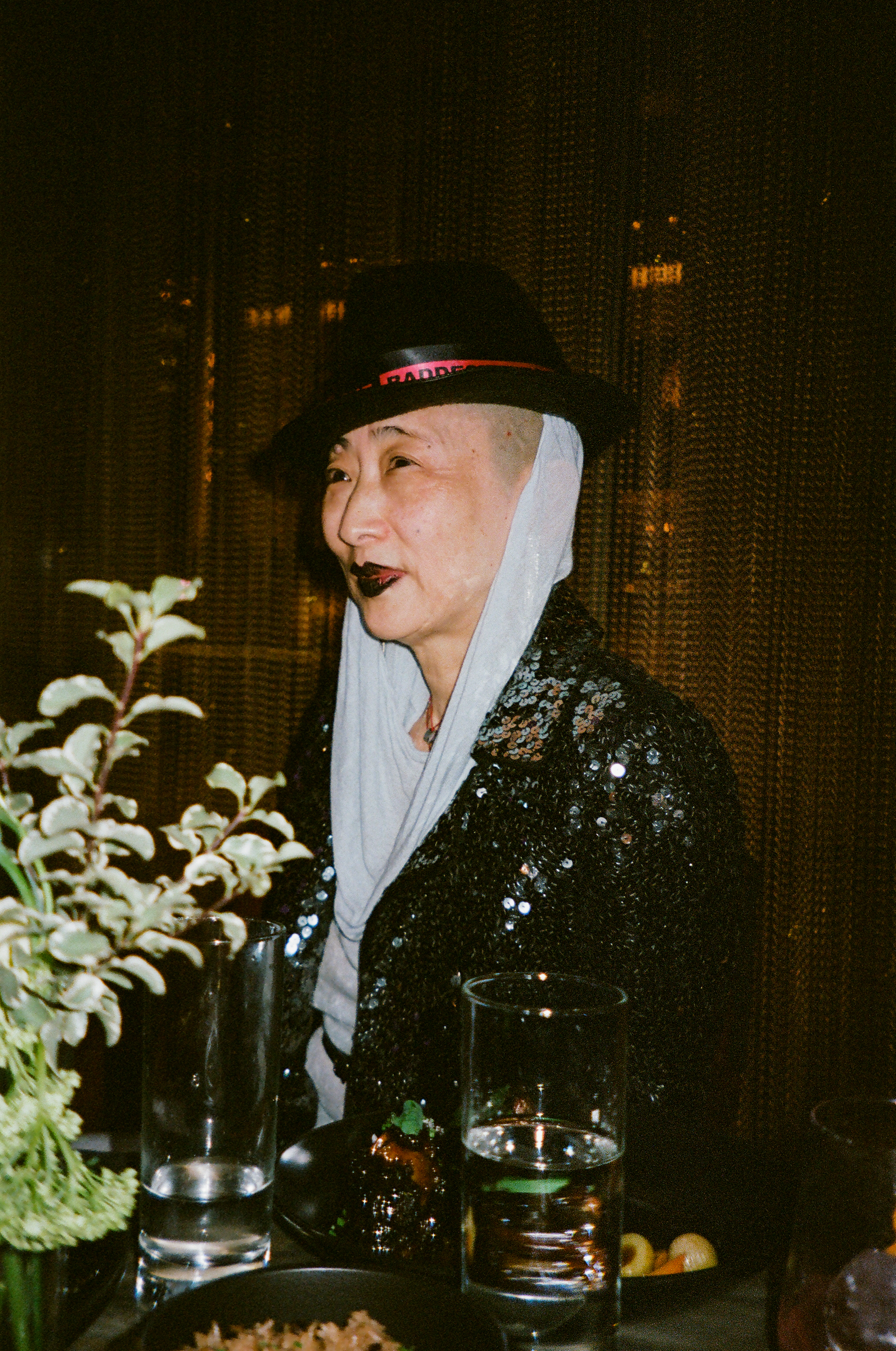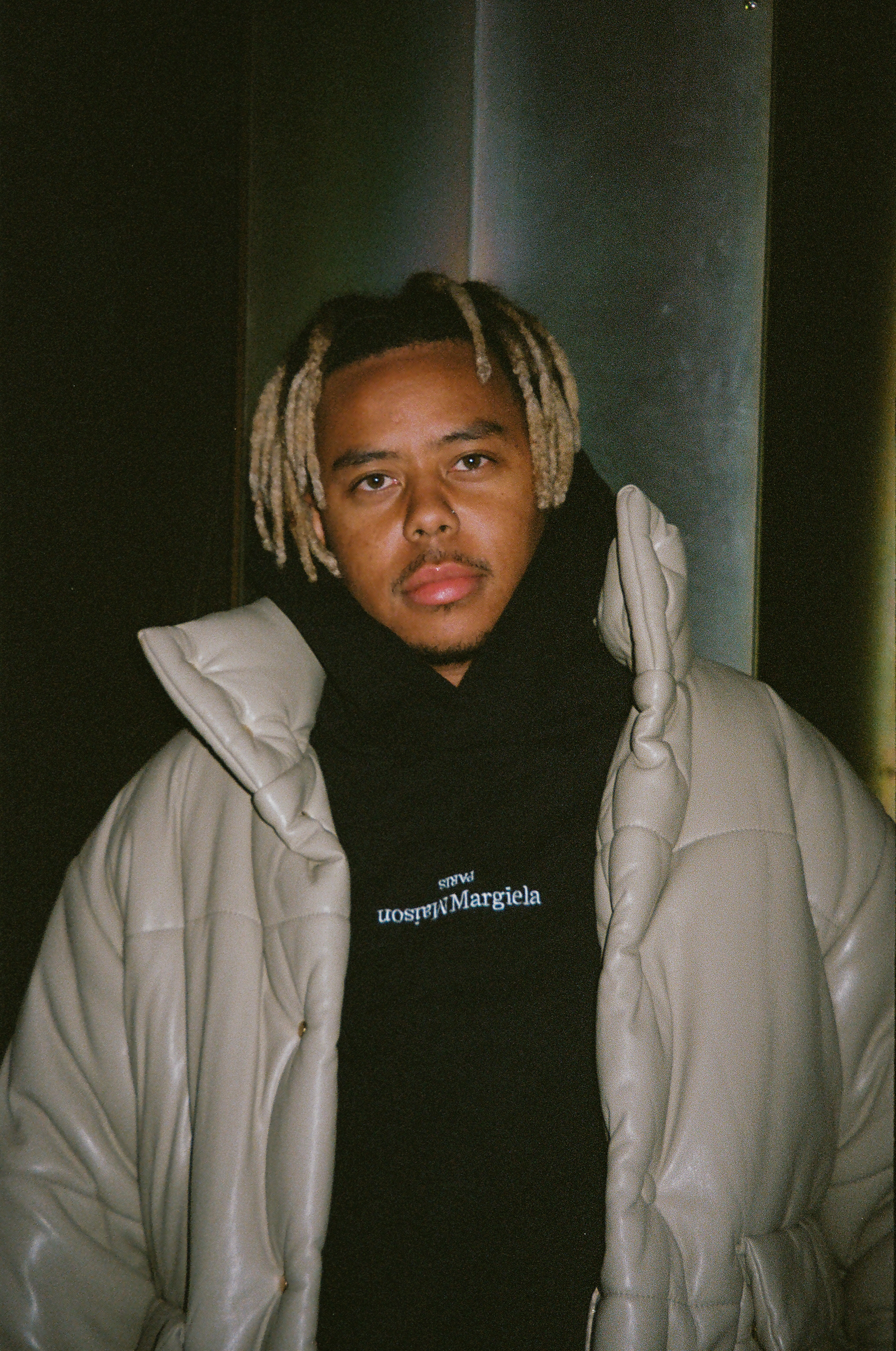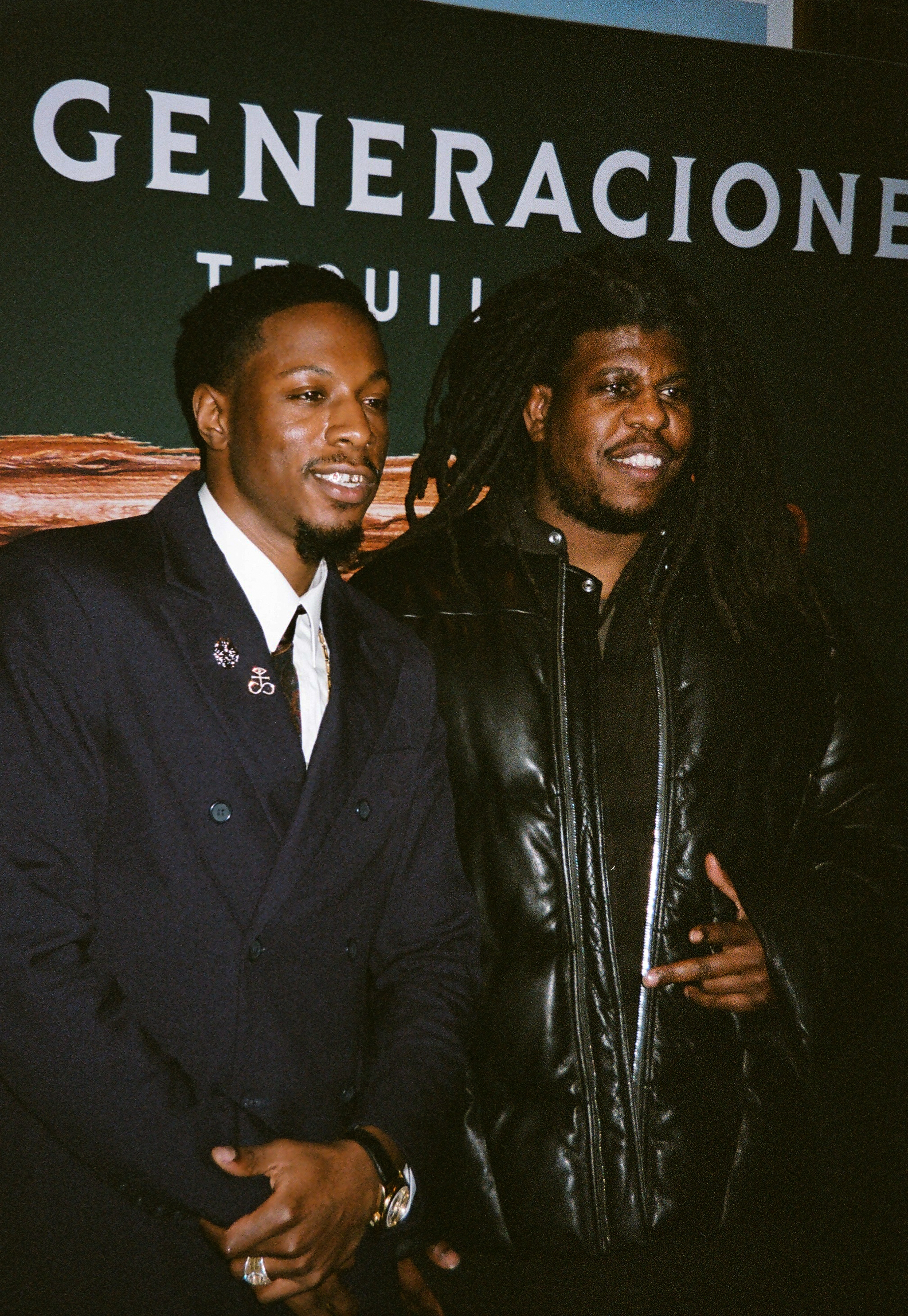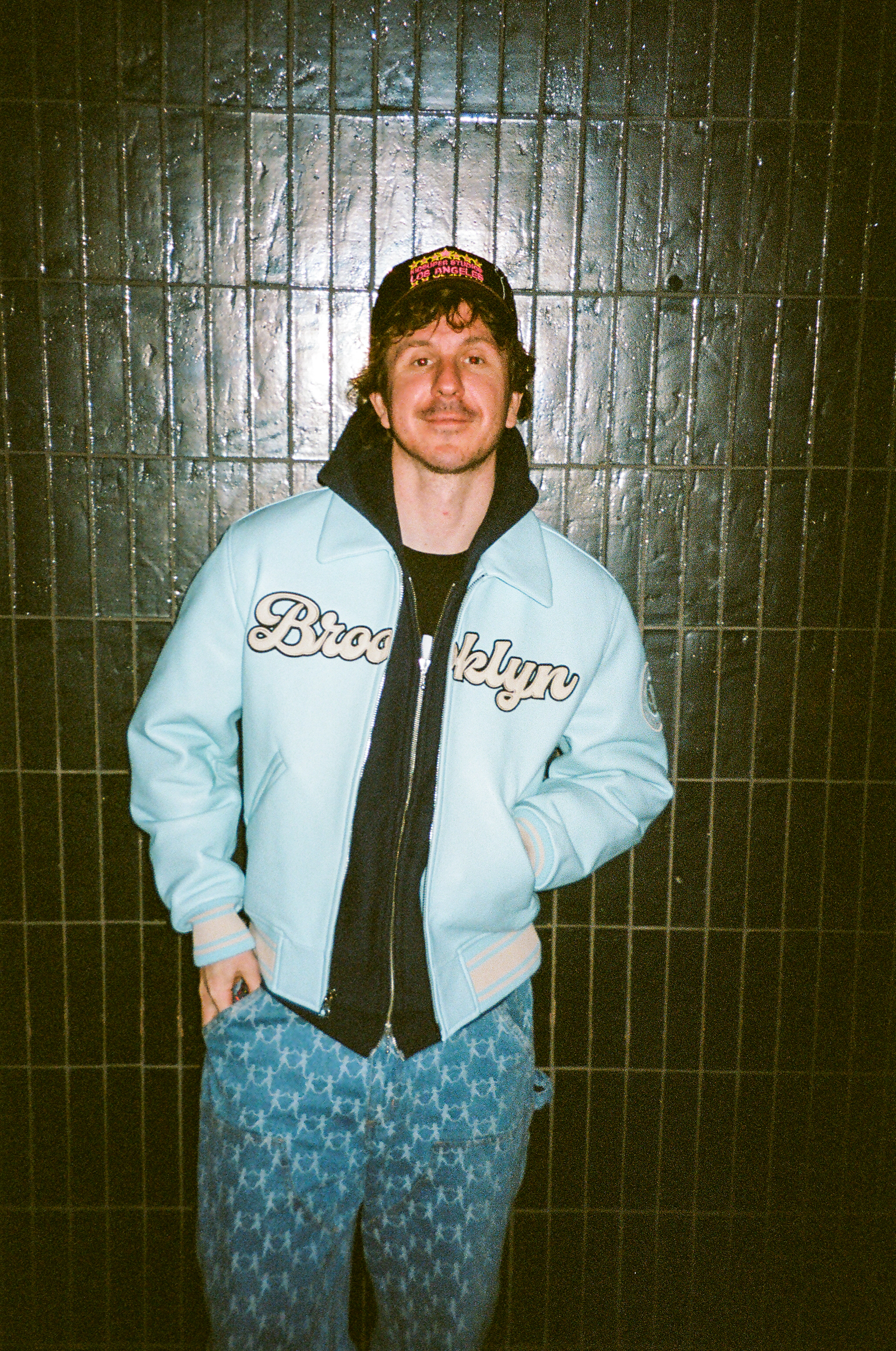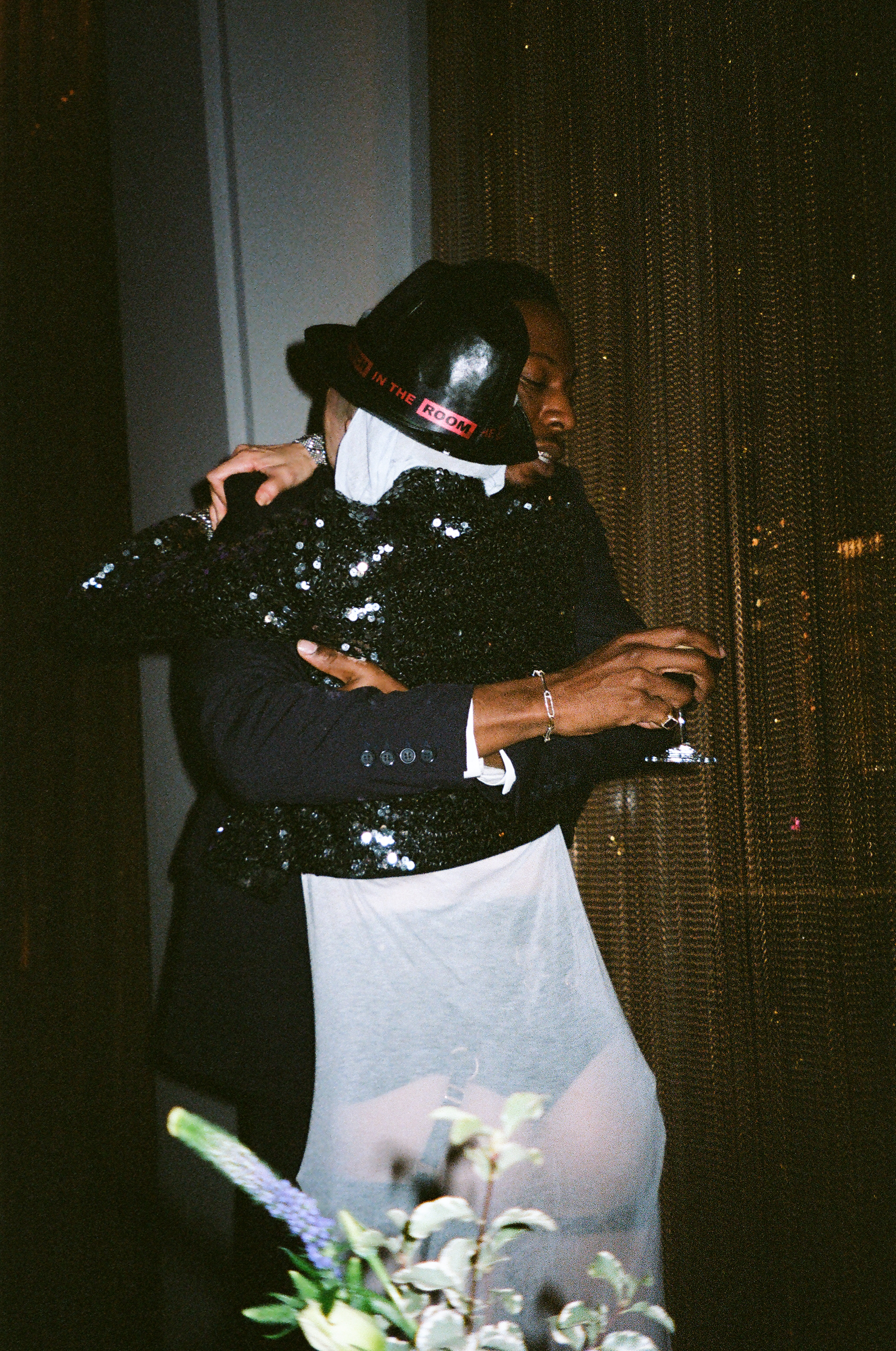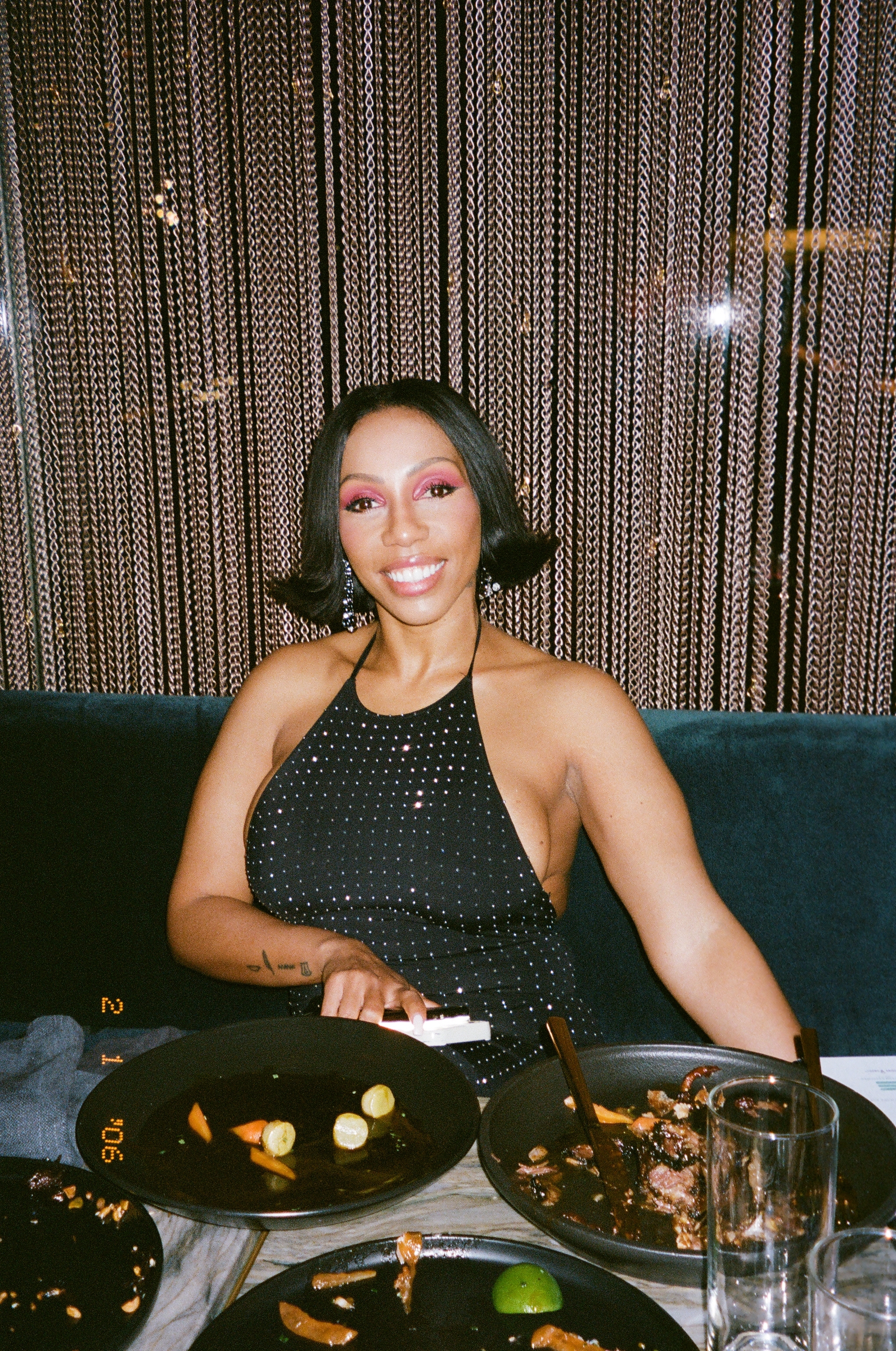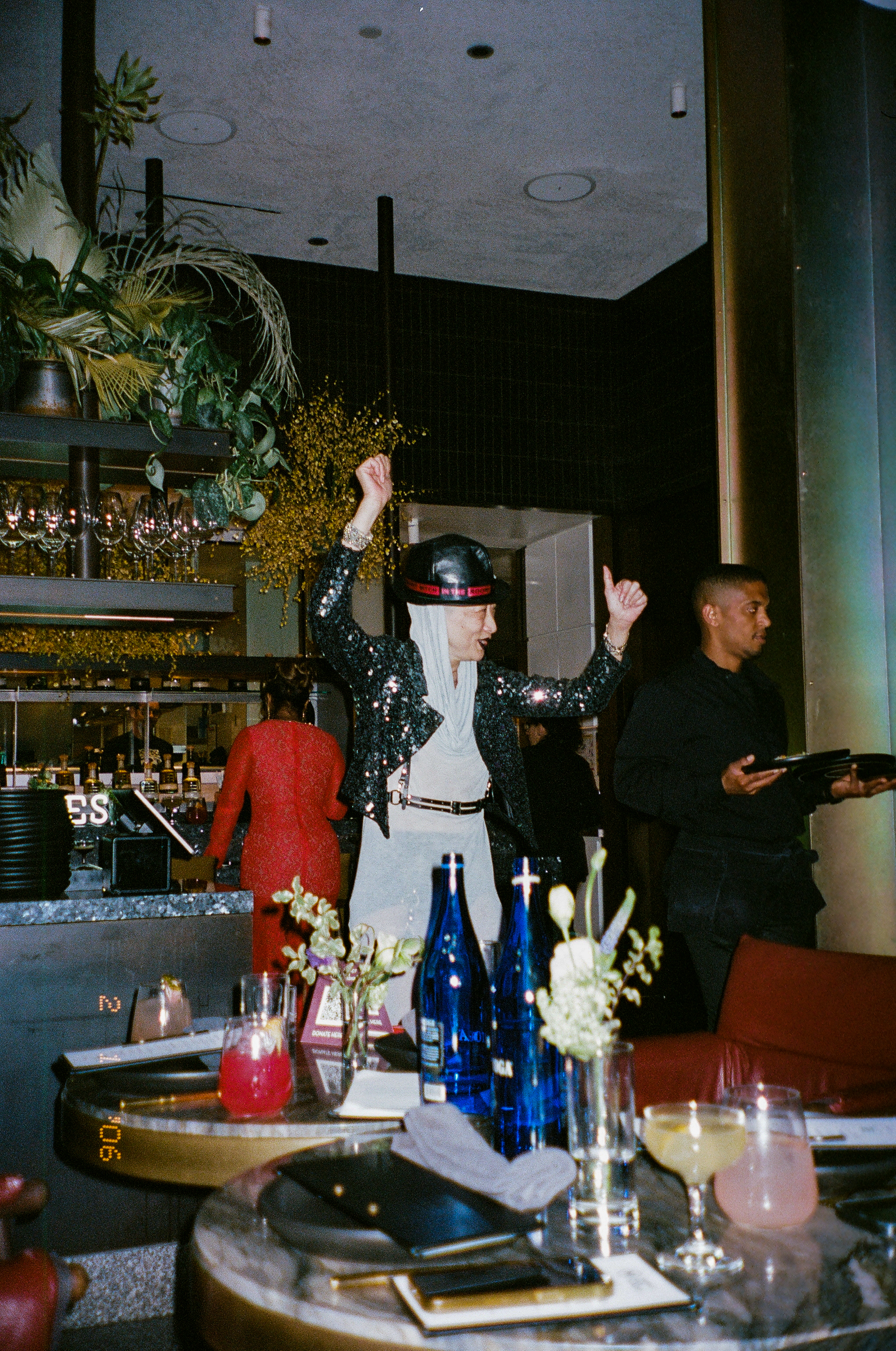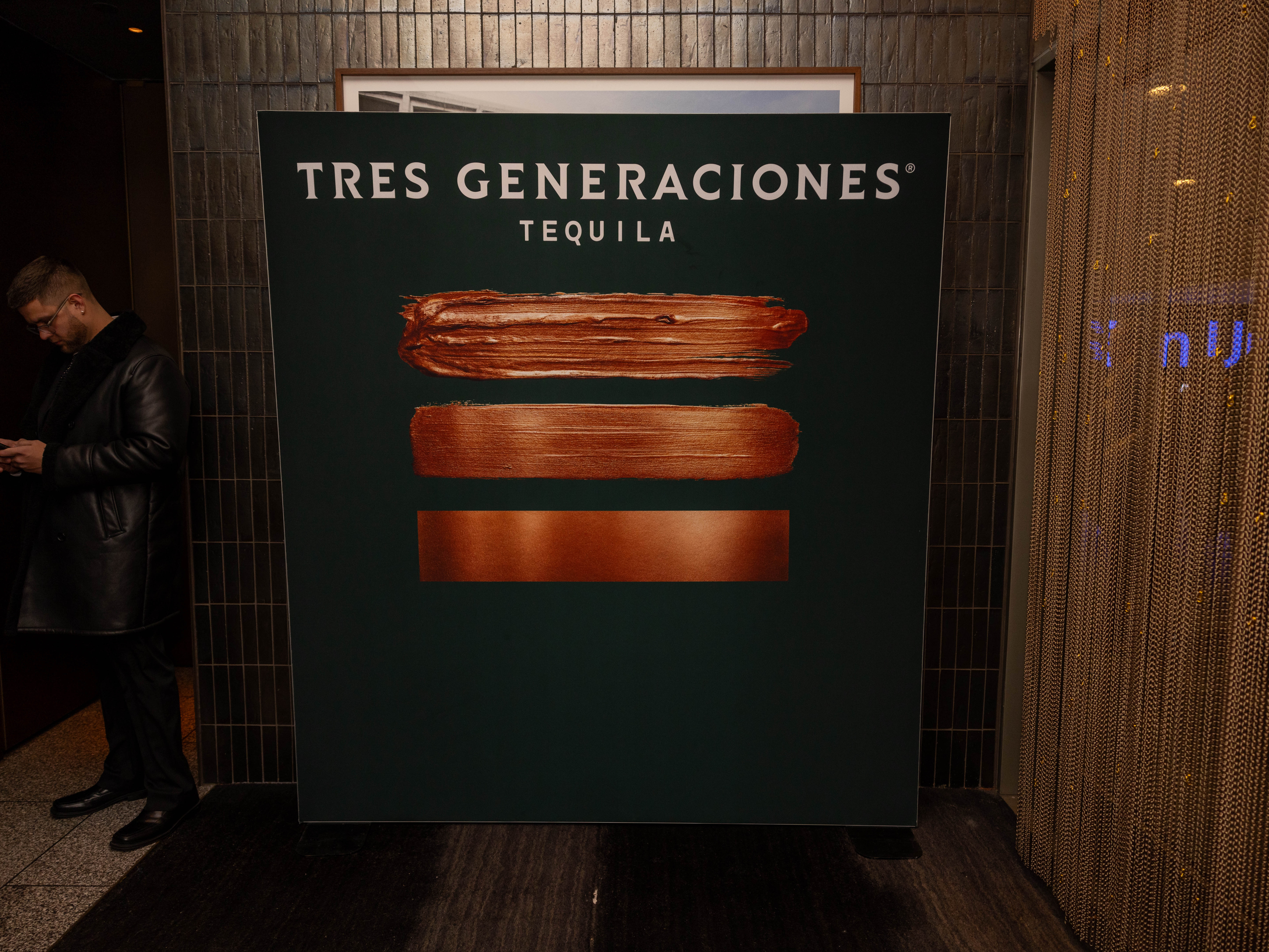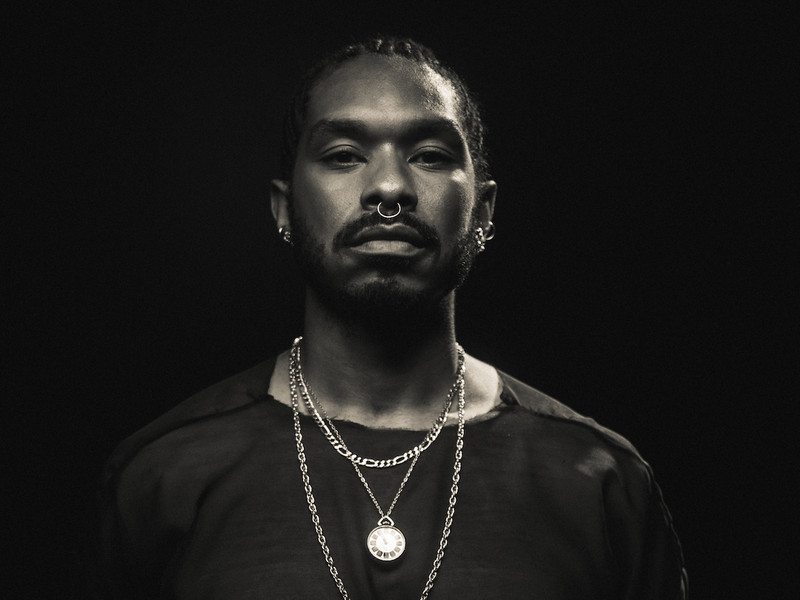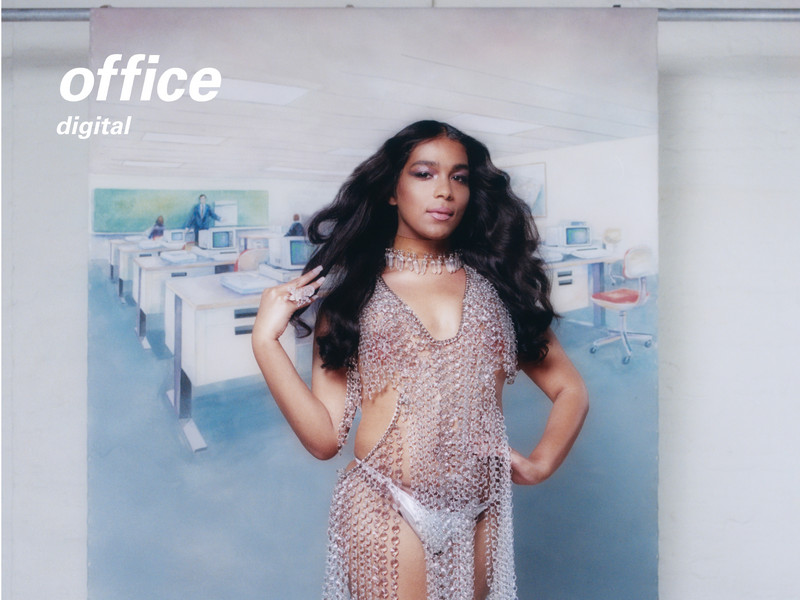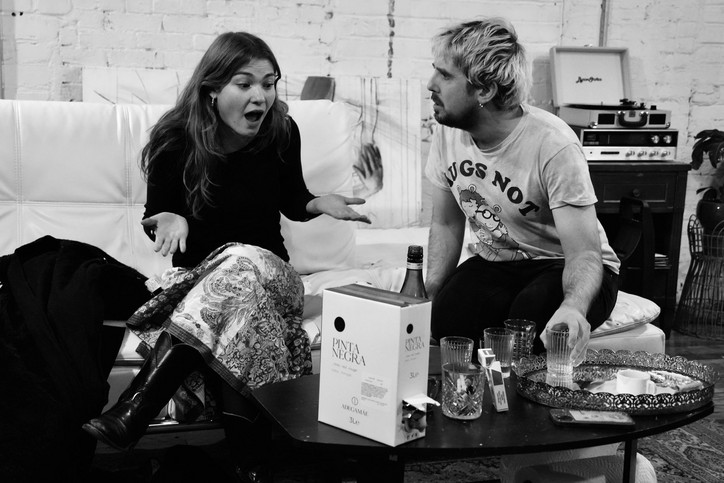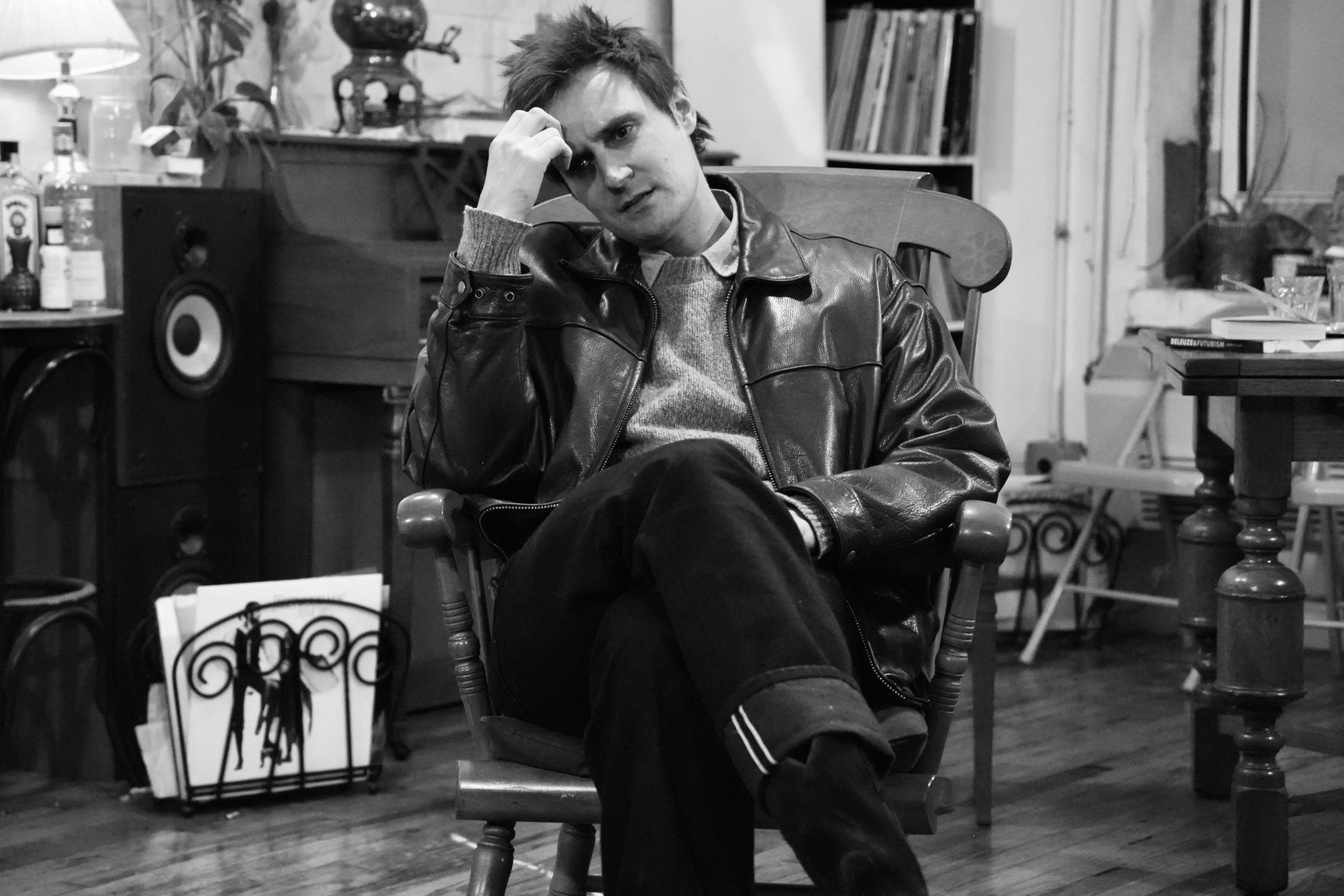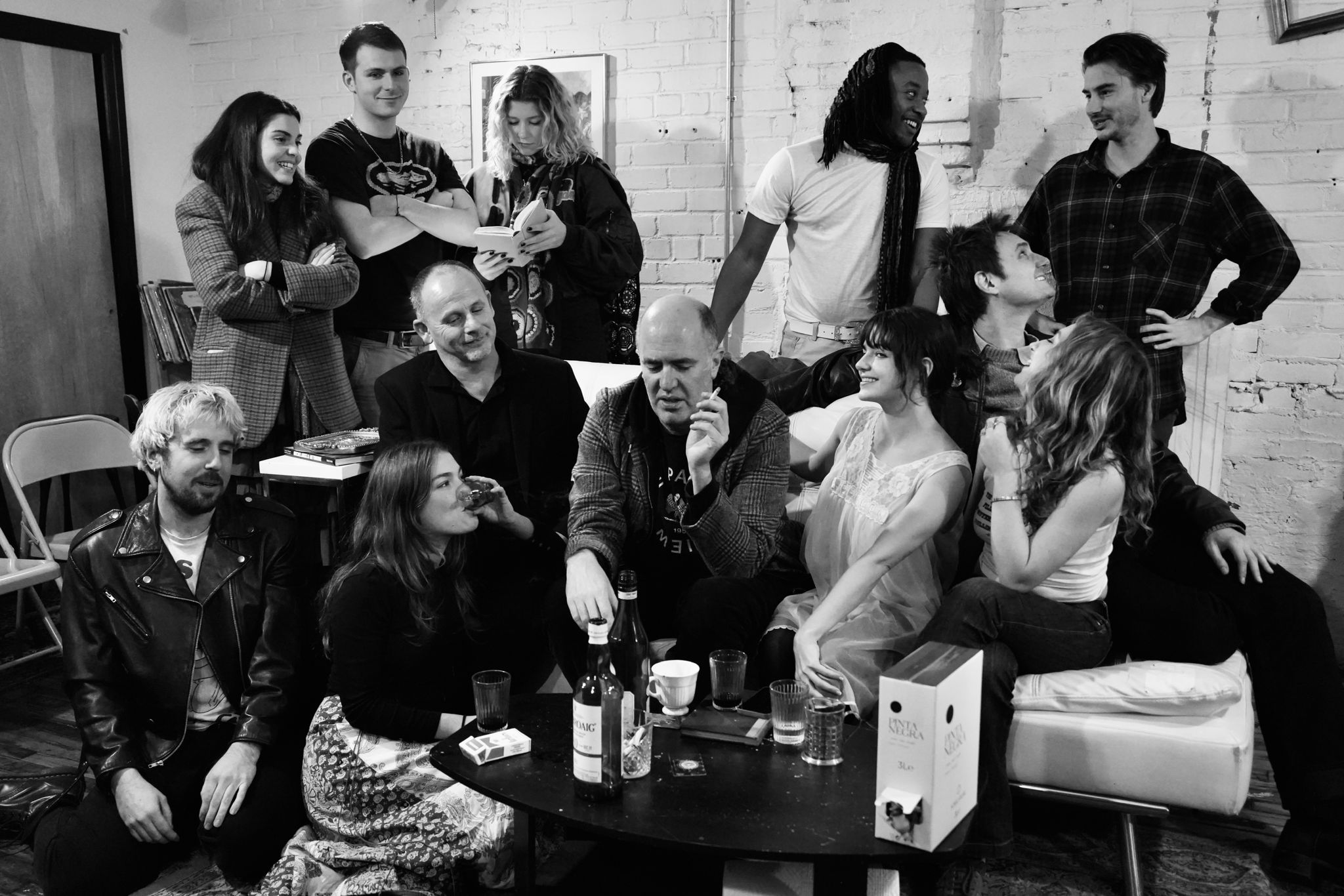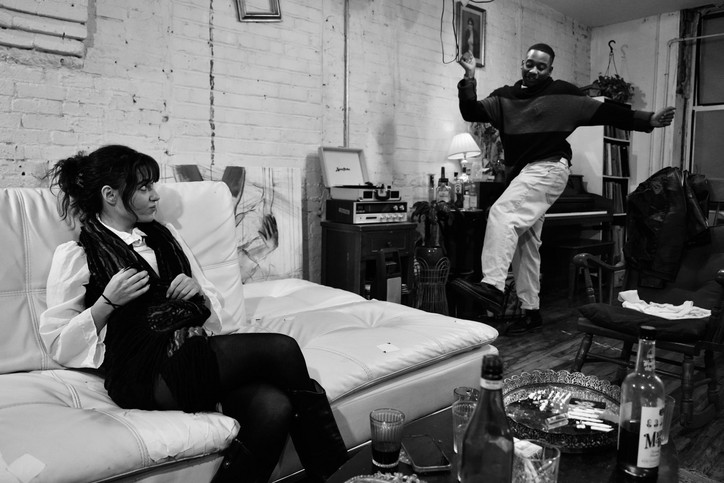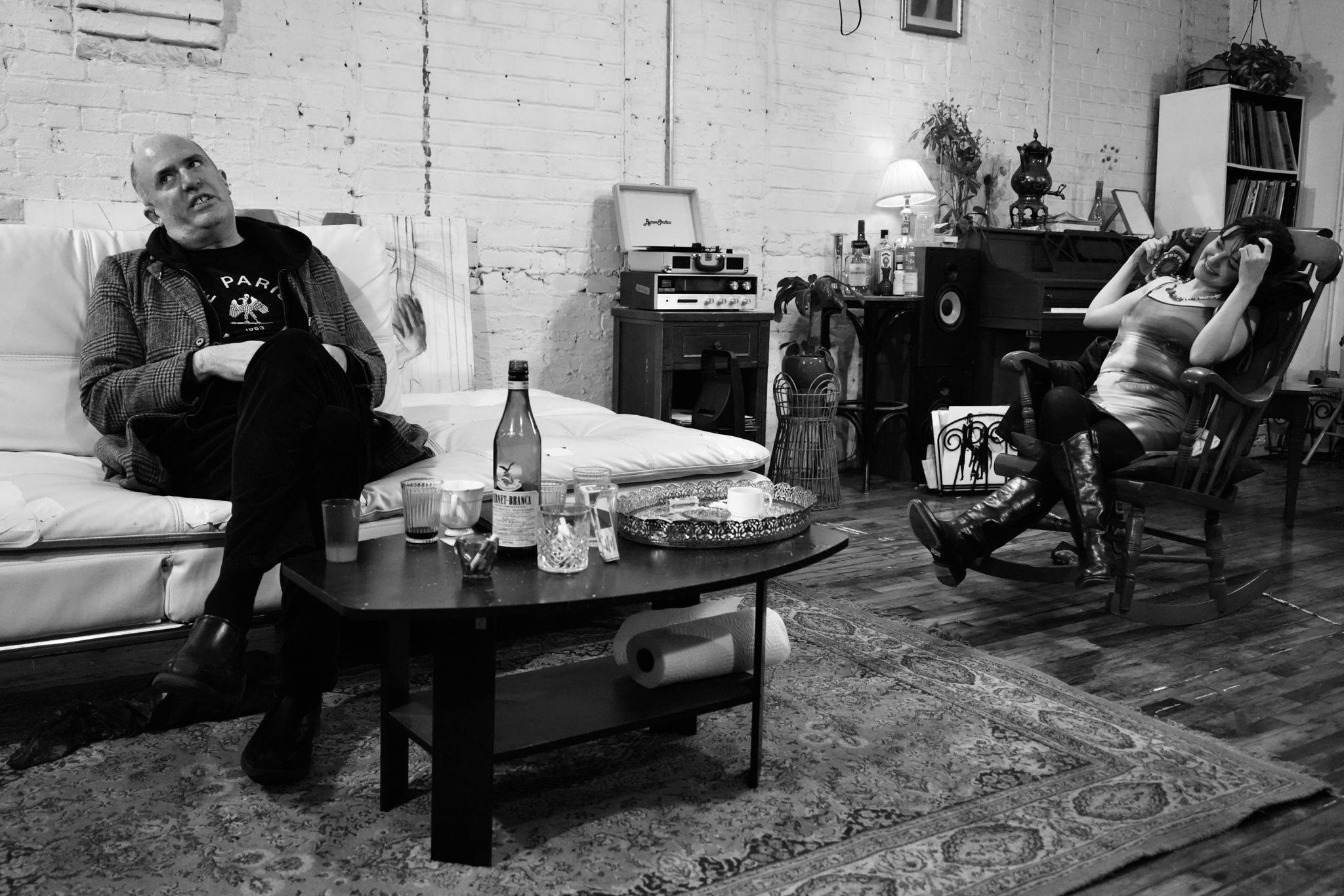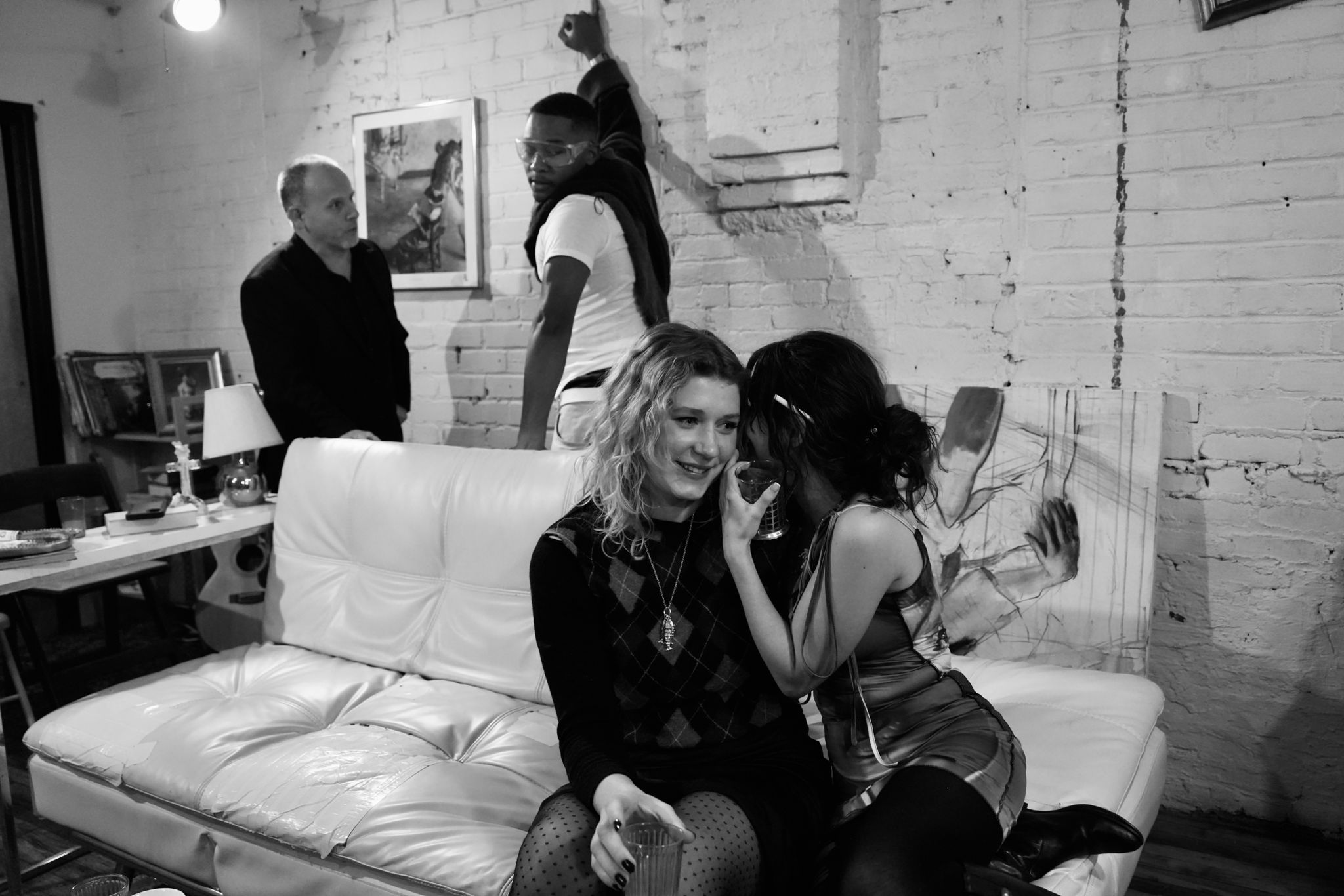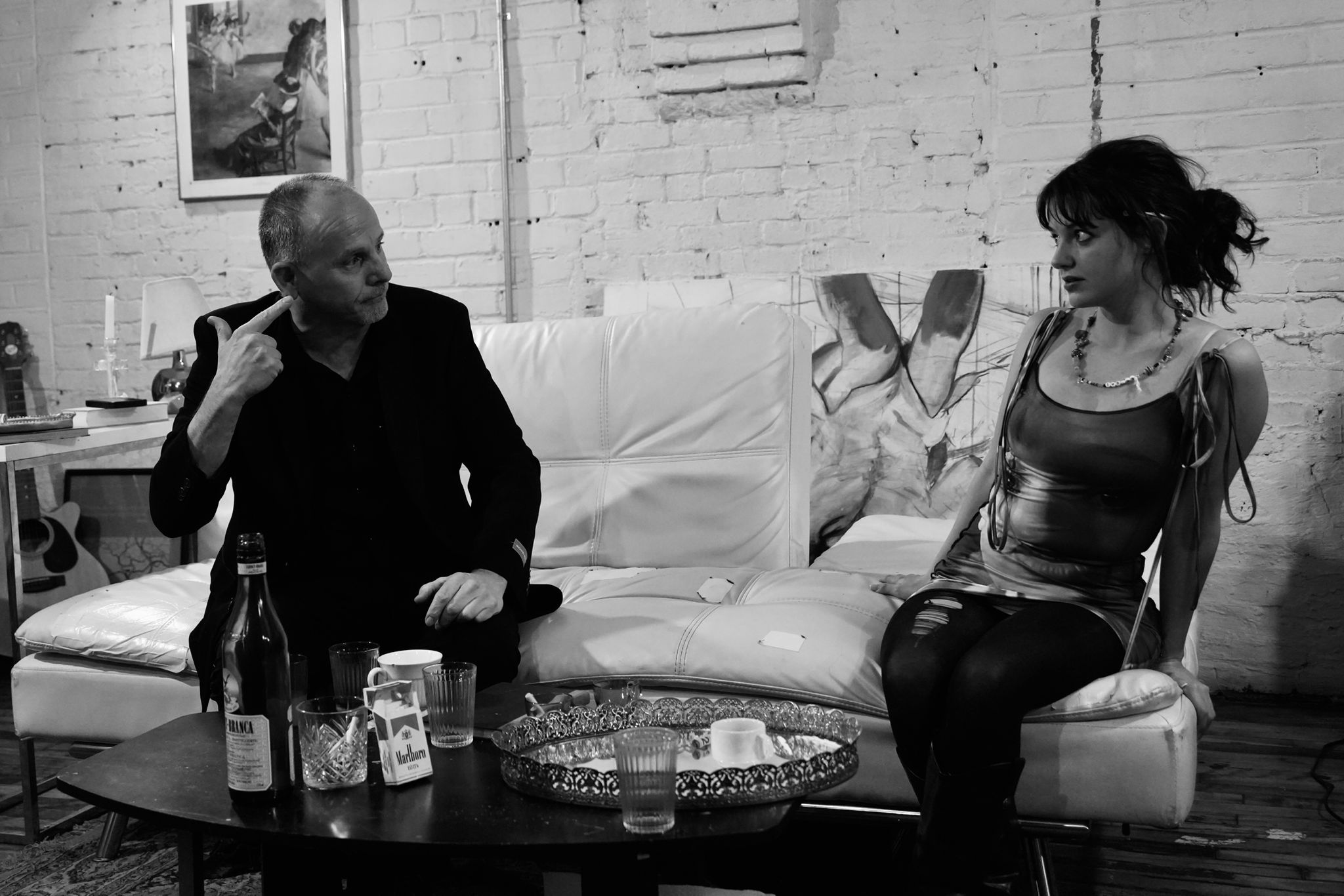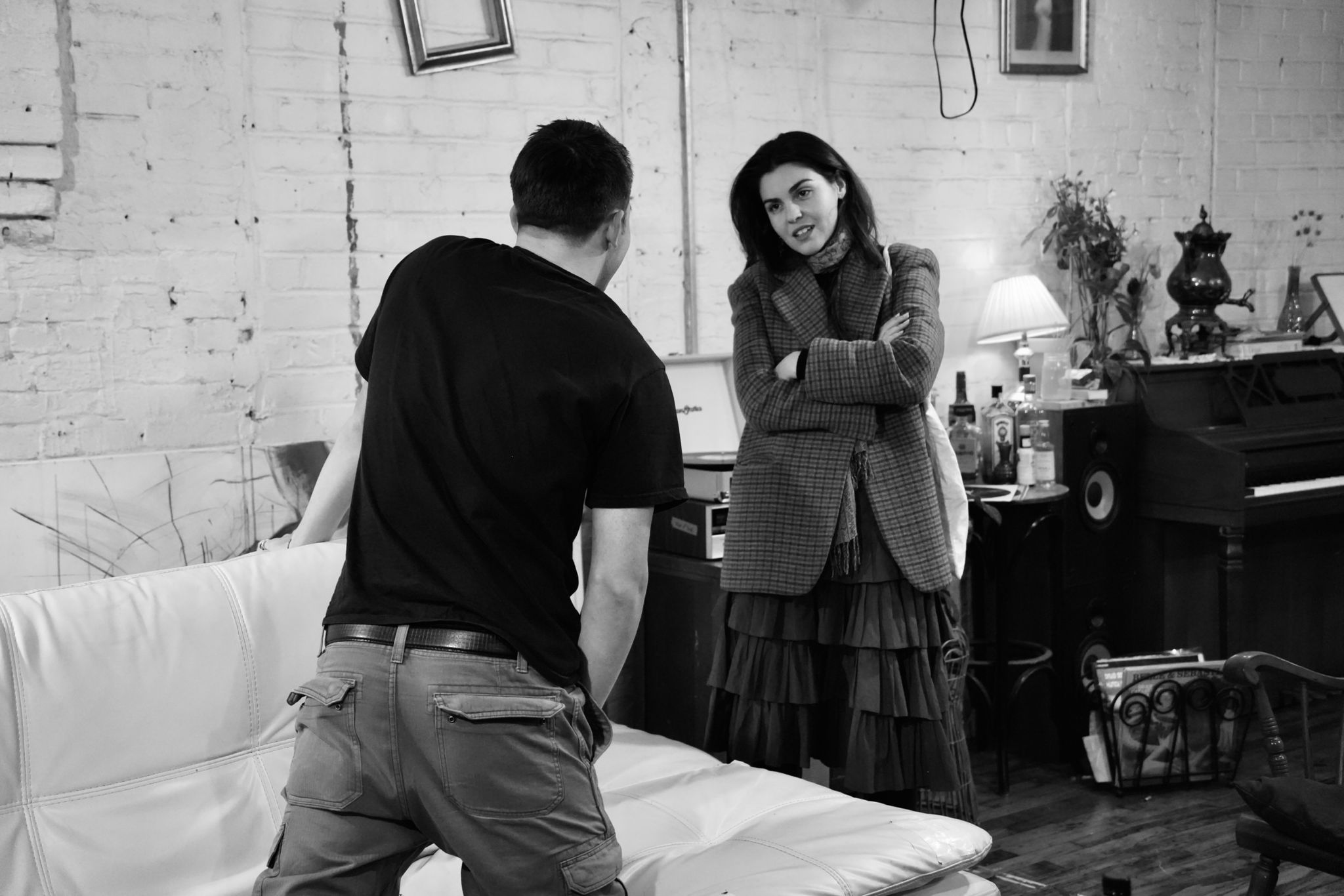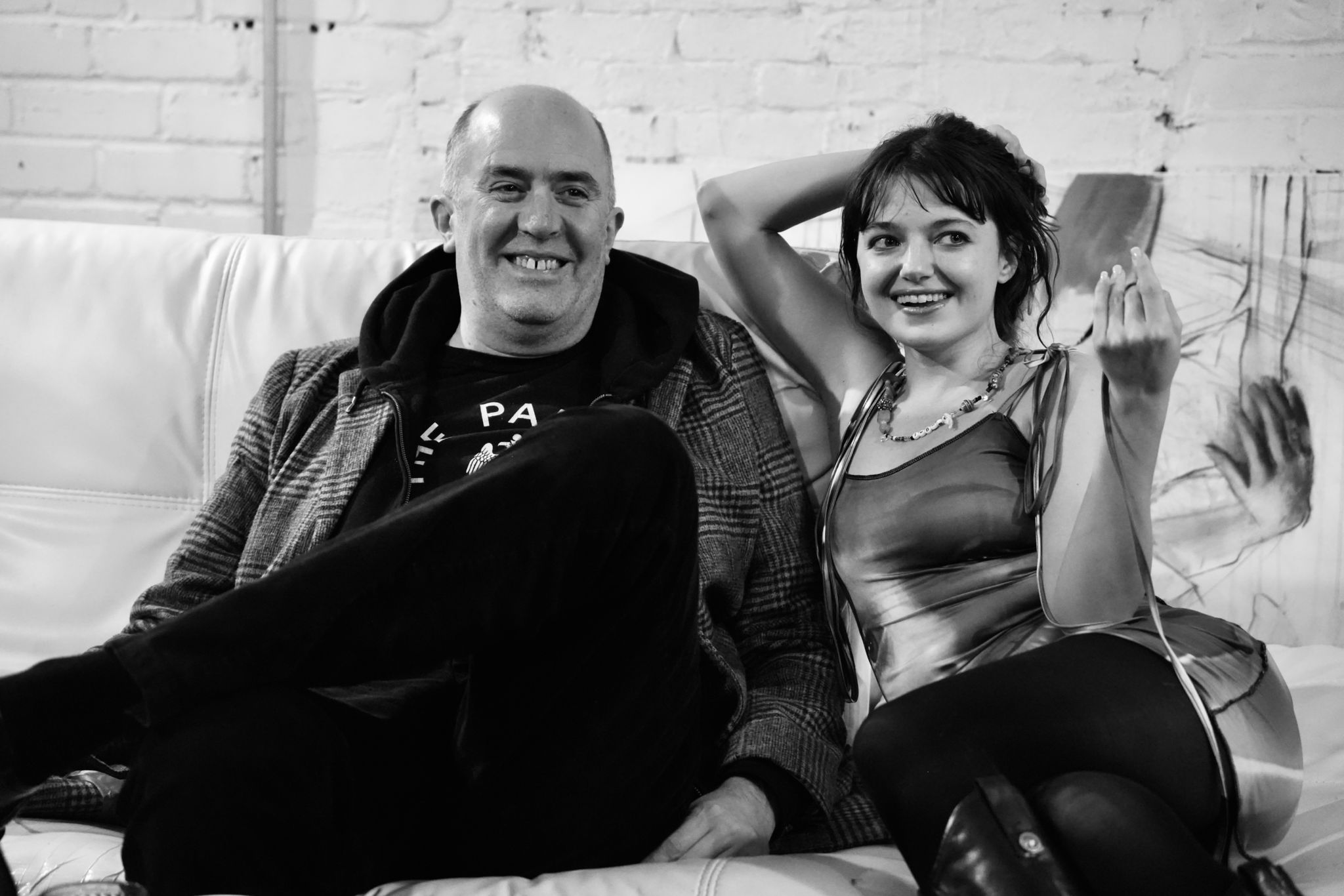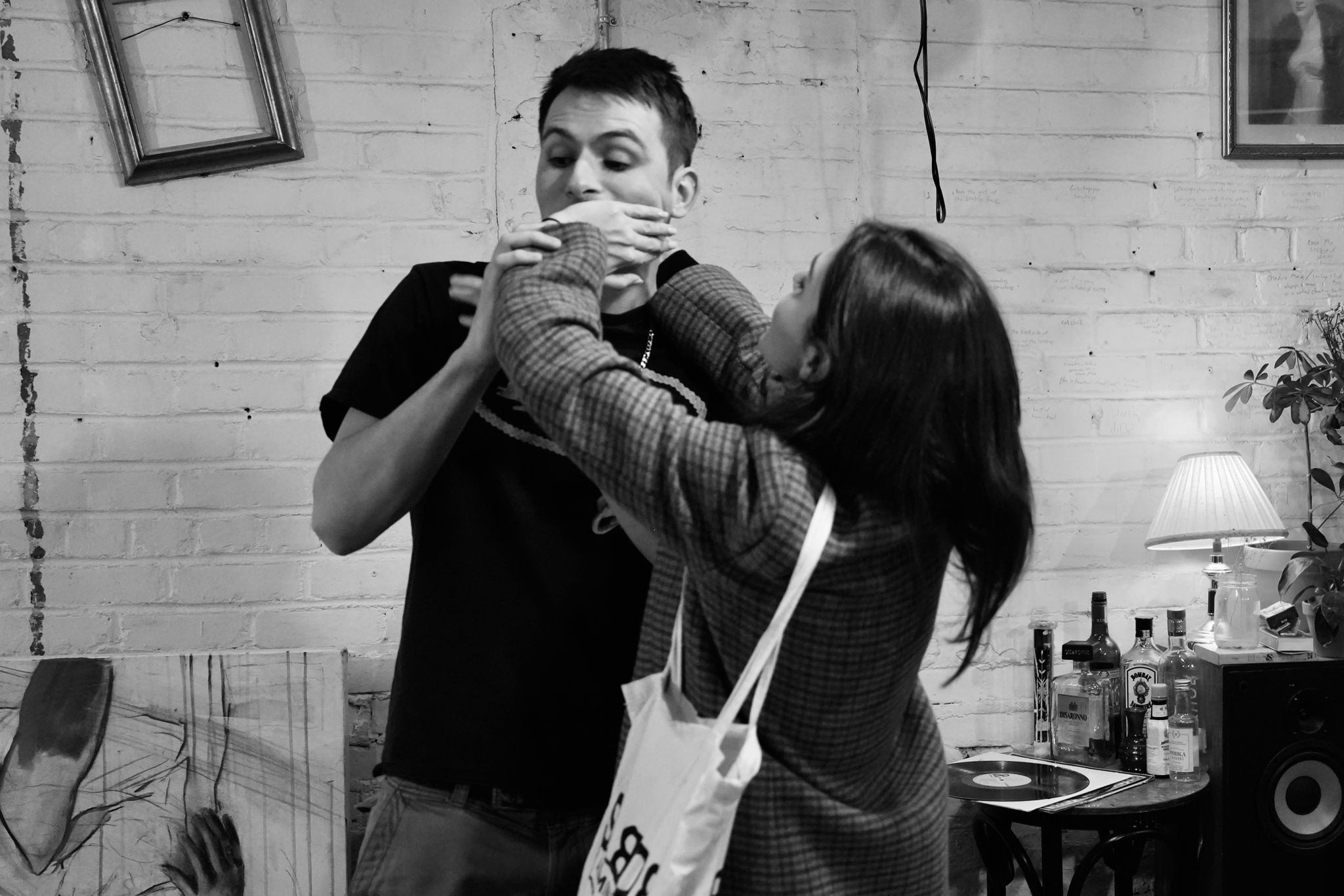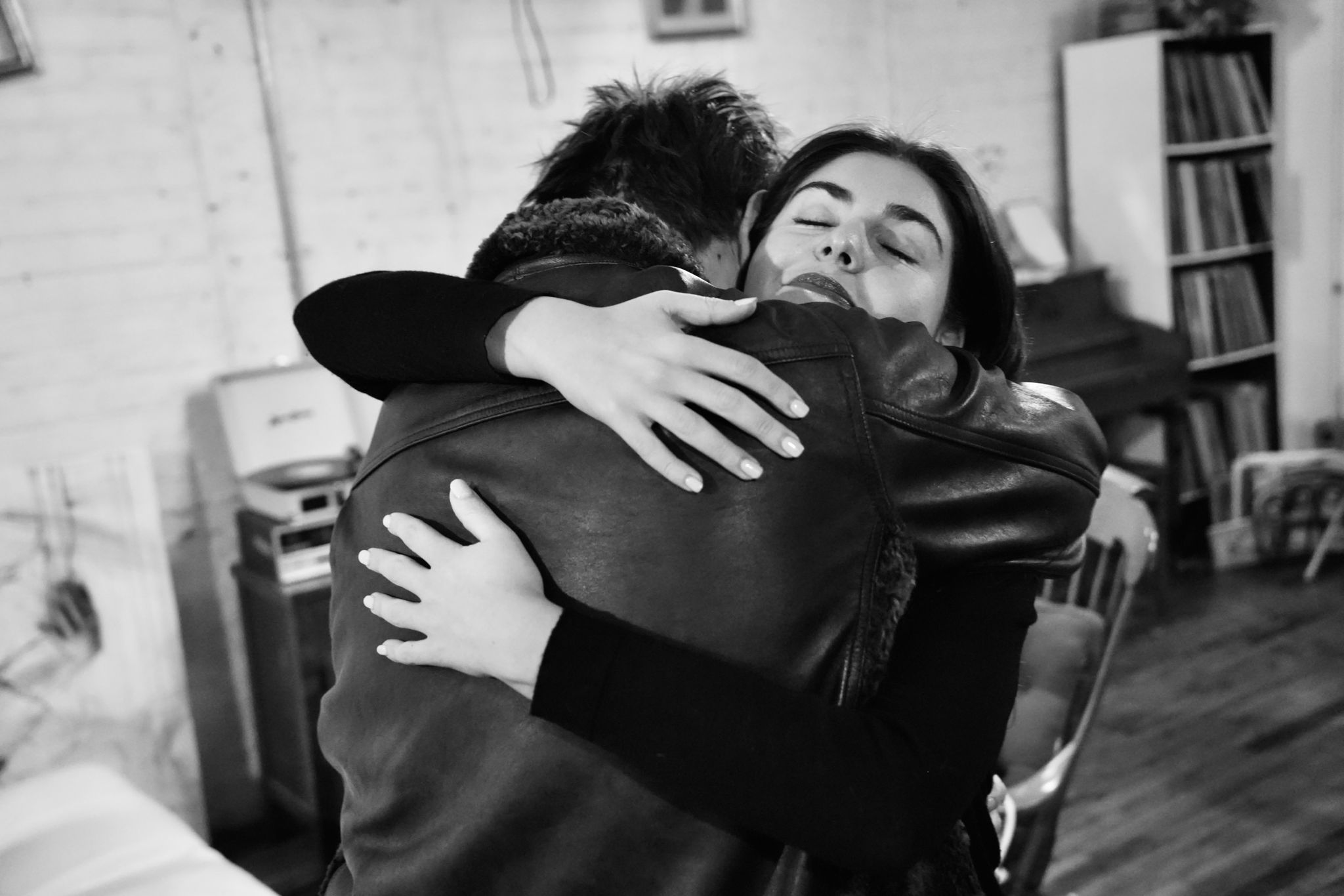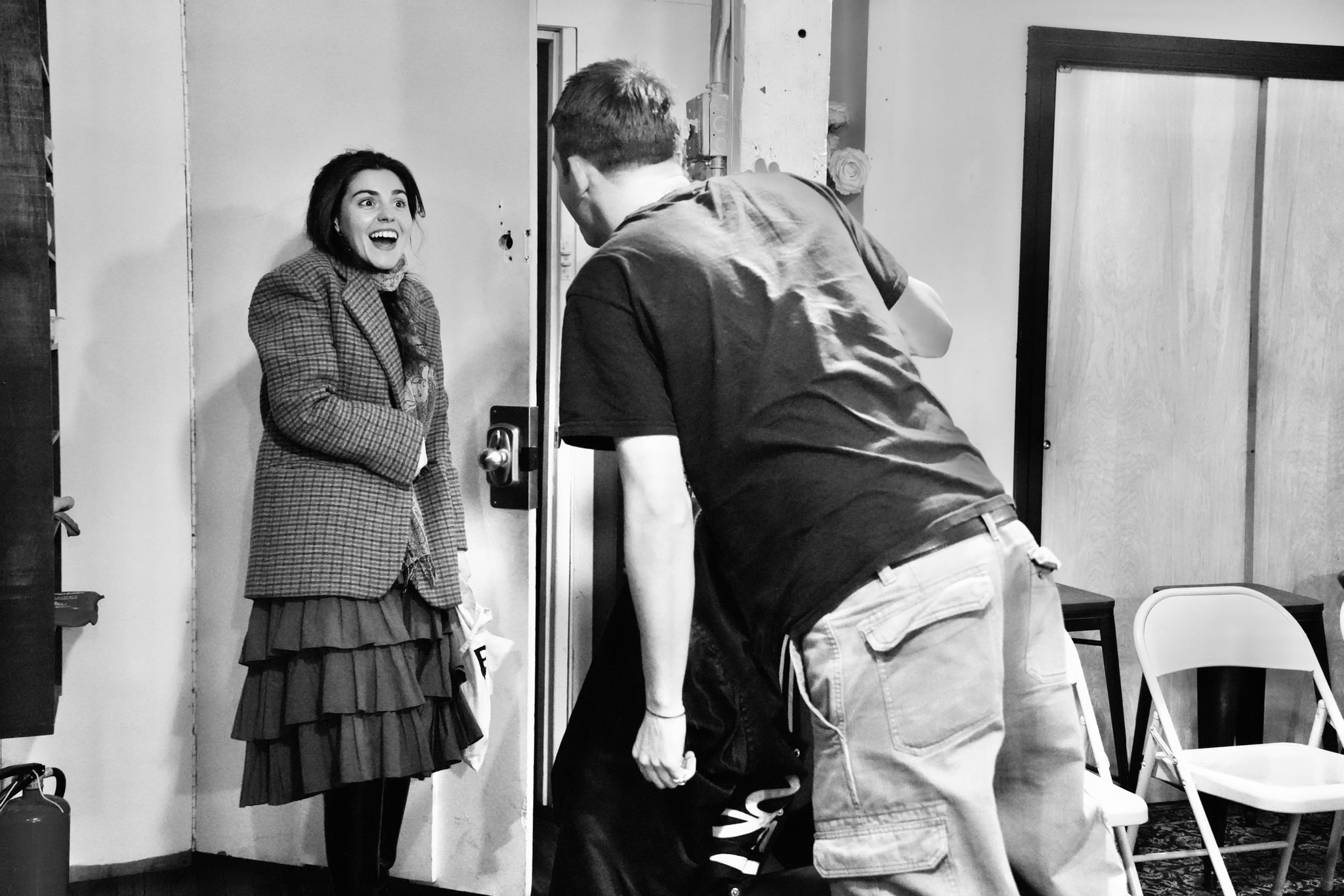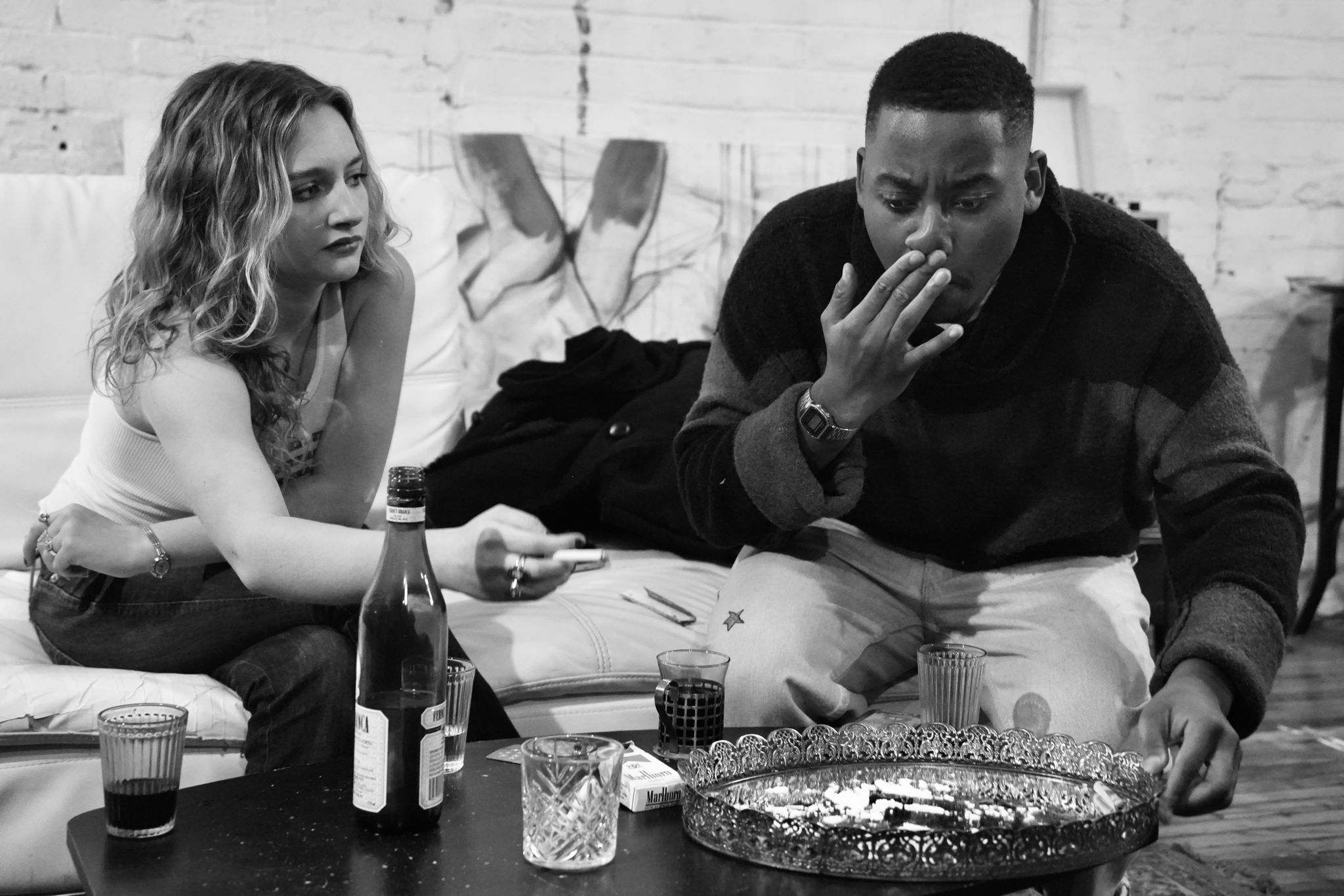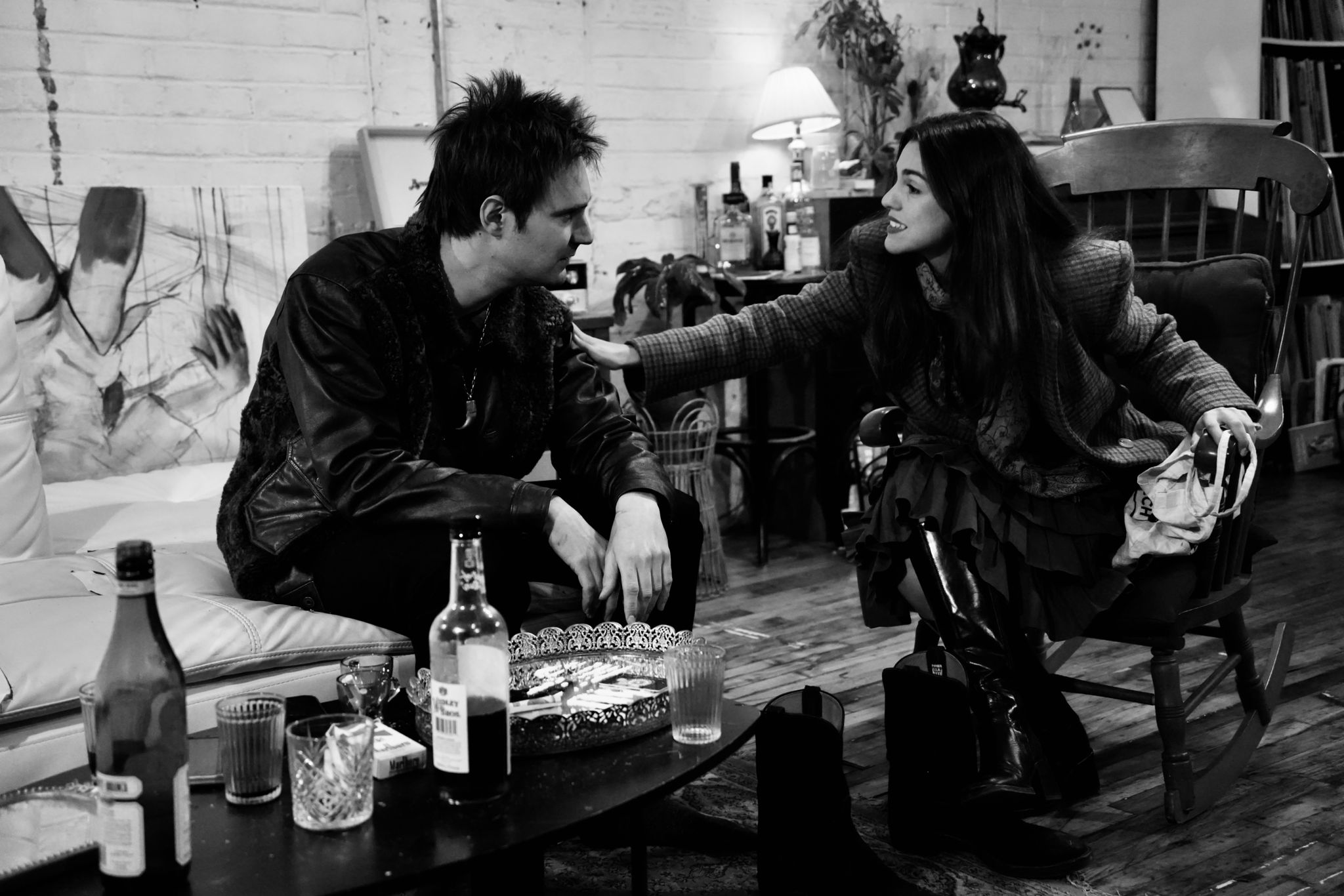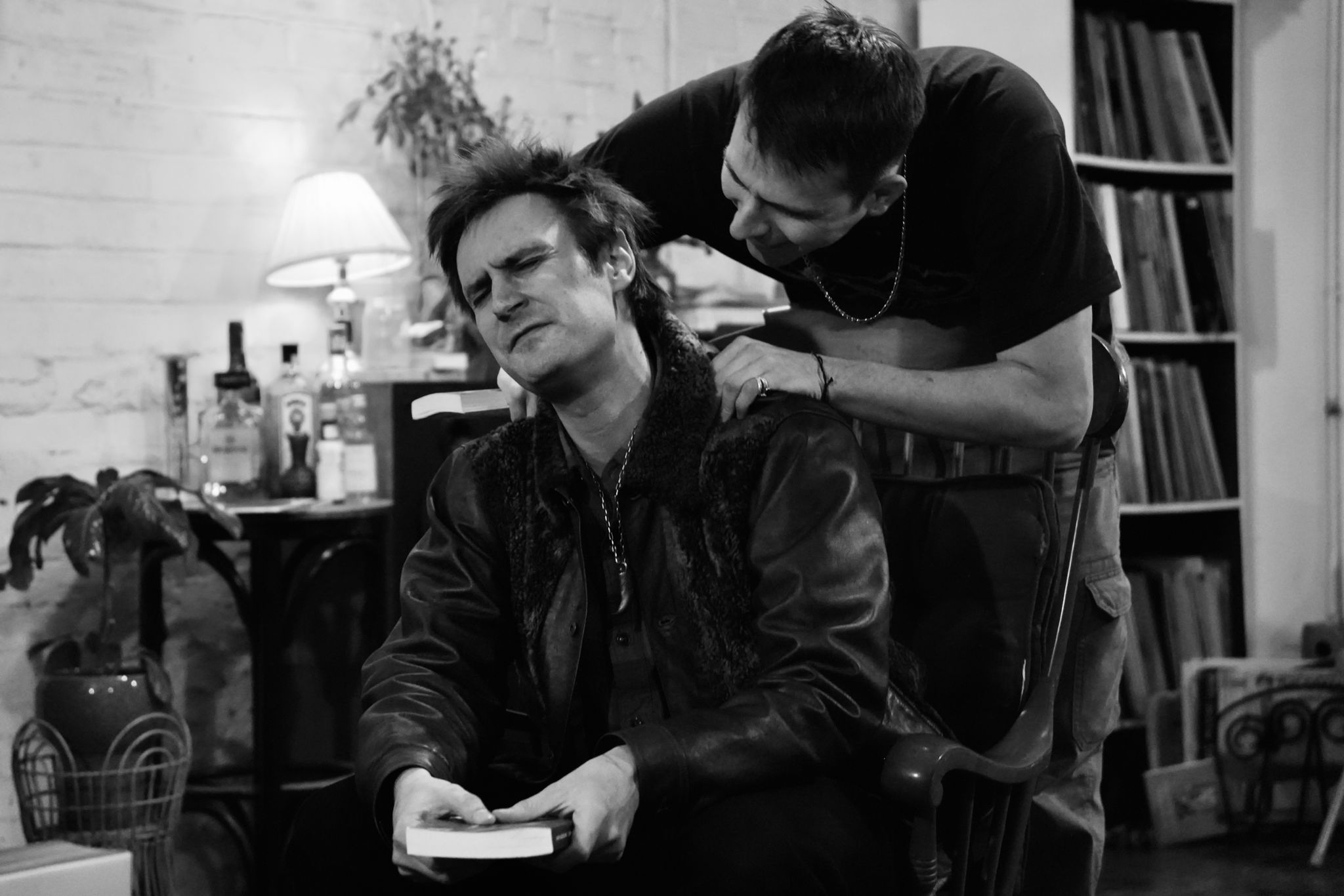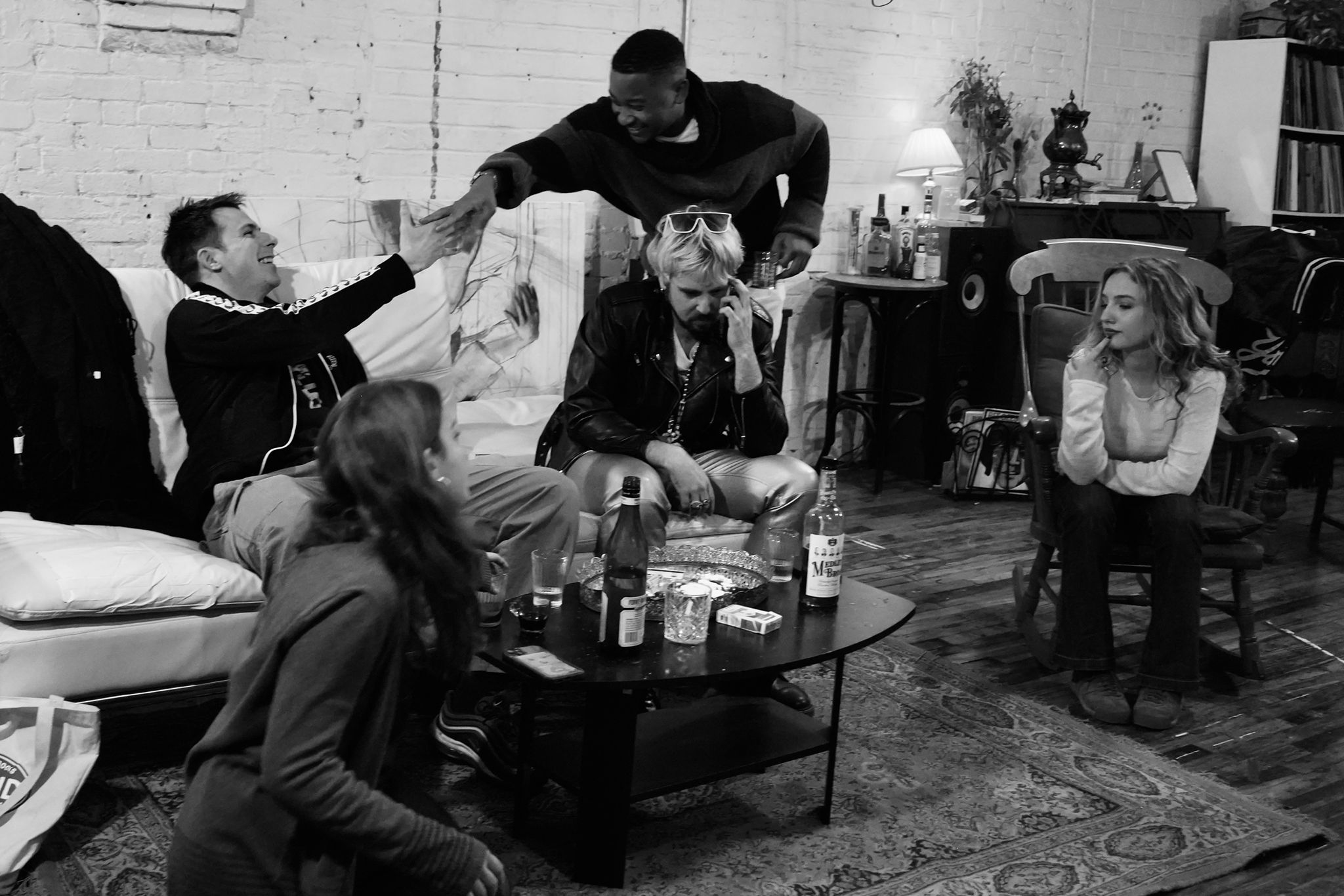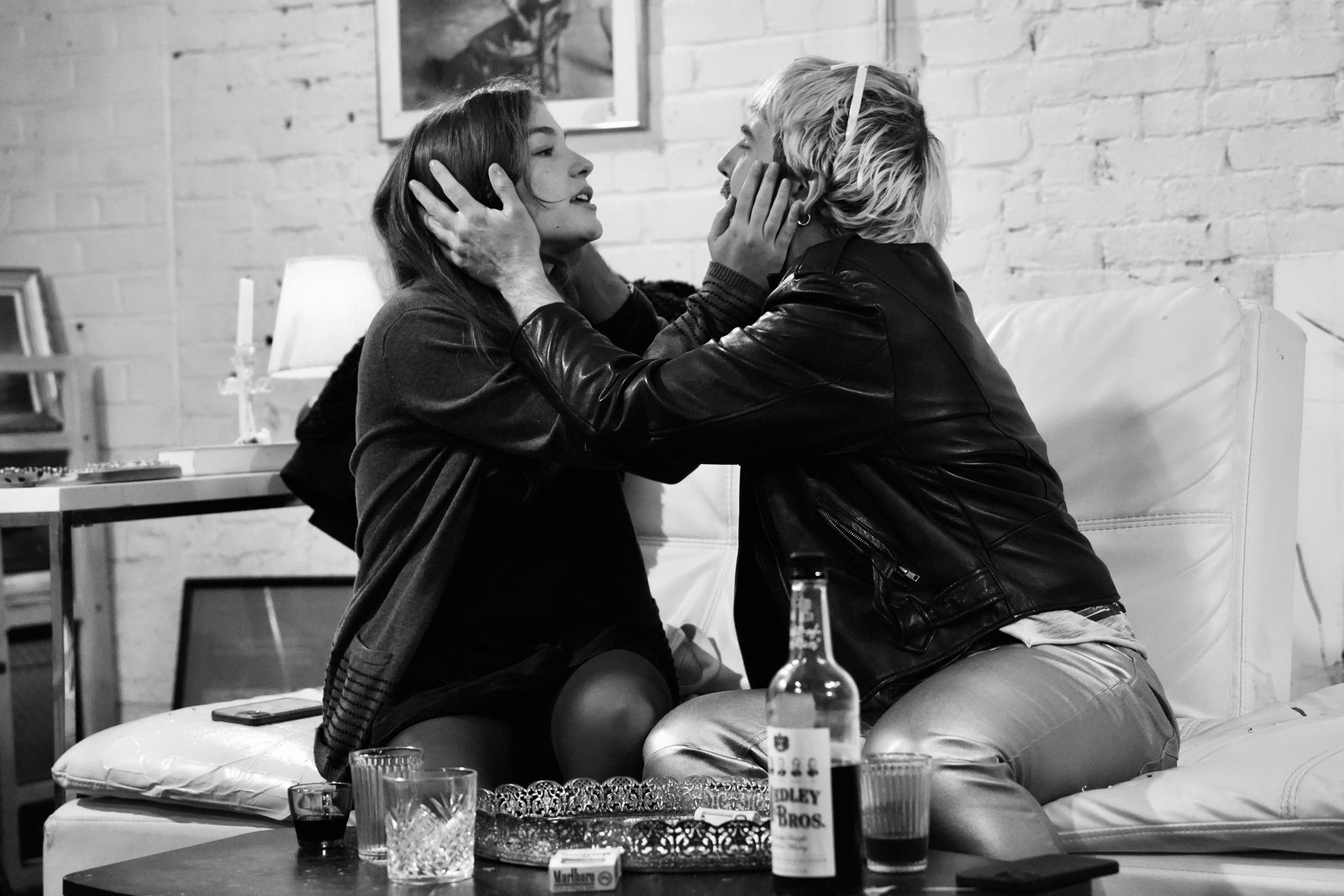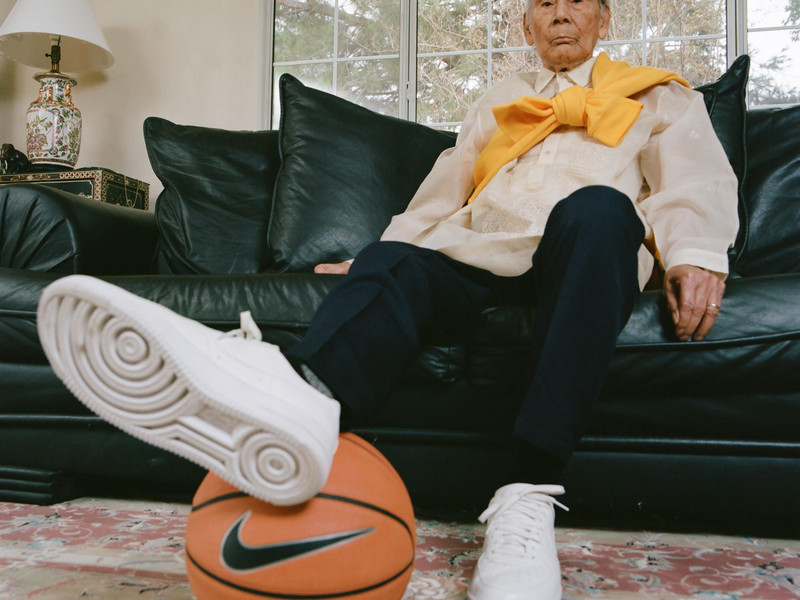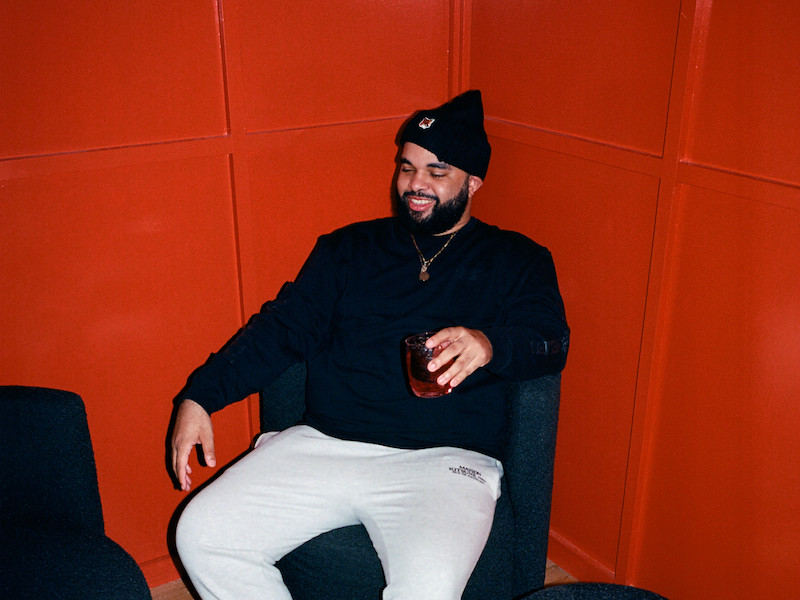Transcending Conversation: Lee Baker
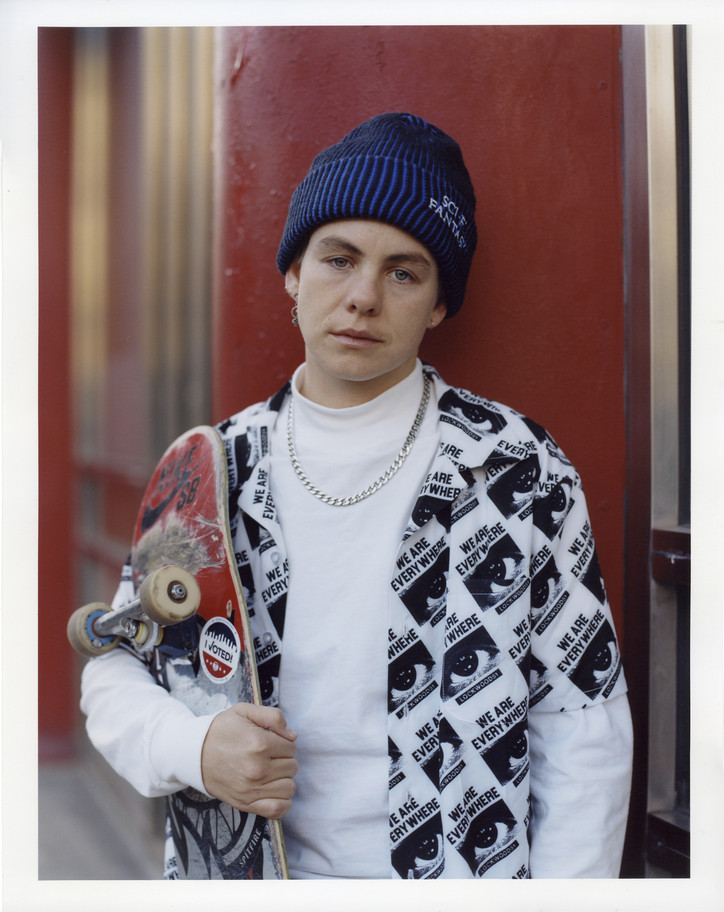
Before we get started, what name do you currently go by?
Right now publicly people know me as Lacey Baker. Obviously that’s my Instagram handle, but my friends call me Lee. I do prefer that––it feels like it suits me better. Lacey is super feminine and, you know, people have known me as that publicly for a really long time. So it's kind of hard to detach from it; but it’s a process.
What are your pronouns?
I use they/them pronouns.
How do you identify?
I identify as gender-queer non-binary. That’s pretty much it.
What’s the most exciting thing that’s happened to you in the past month?
Something that was exciting this month was starting off ‘Battle at the Berrics’ which is like the game of skate. That was fun. I had a photoshoot with Dazed magazine China, I’m stoked for that. I took a music production class, that’s exciting––I’ve been working on music stuff on the side. I like, write songs and shit. So I’m trying to learn how to record those––that’s also exciting. My ankle is pretty much fully recovered, so I’ve been skating a lot. Lots of good stuff. Lots of great stuff.
How old were you when you first started skateboarding?
I first stepped on a skateboard when I was 2 or 3. From that moment on, there was always a skateboard around in my life. I was in foster care for a brief moment, so that’s where I discovered it. Then I was back at home with my mom, and I just skated in my front yard––waxed up the curb and just obsessively tried to learned how to kickflip. I learned it when I was 8, so that was like my favorite thing ever at the time. I’ve been skating pretty much my whole life.
What made you gravitate toward learning and mastering skateboarding as a sport?
I was just really obsessed with skateboarding the moment that I saw it. And then when I started trying, I don’t know, there was just some obsession that I had. I was really young too, so I didn't have the language to describe why I liked it. I just knew it was something exciting, and I got really set on trying to learn how to kickflip. Also the other thing is, I had Tony Hawk’s Pro-Skater game when I was 8 years old, the Nintendo 64 game, and so I knew you could be a pro-skater because of the video game. So I think somewhere in my child brain I was like, 'I want to be a pro-skater.' And I told my mom. But I really didn’t know what that entailed. I was such a little kid, but I just really genuinely loved skating so much.
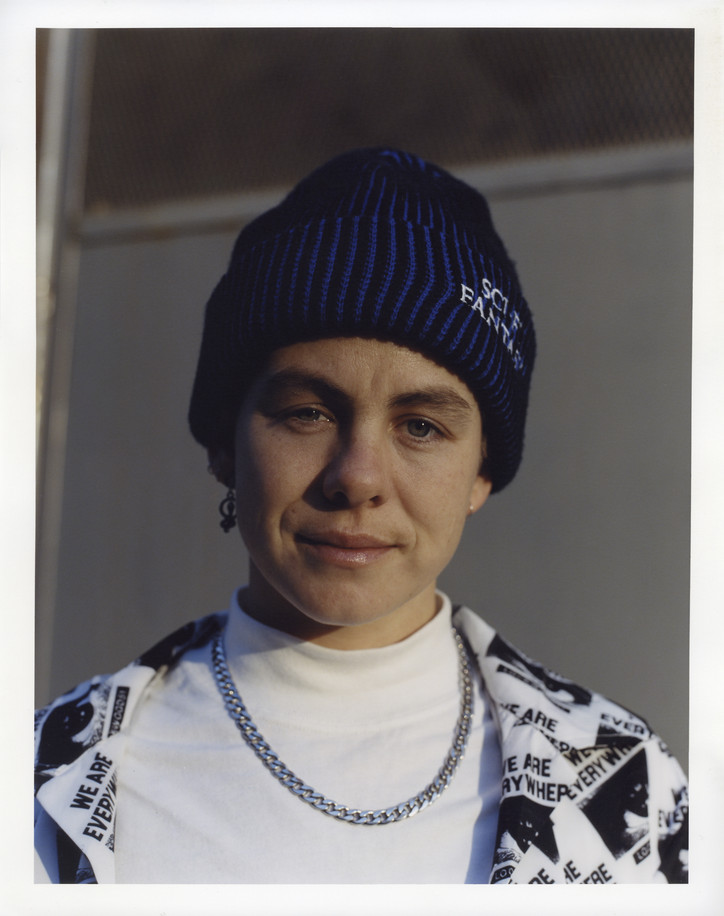
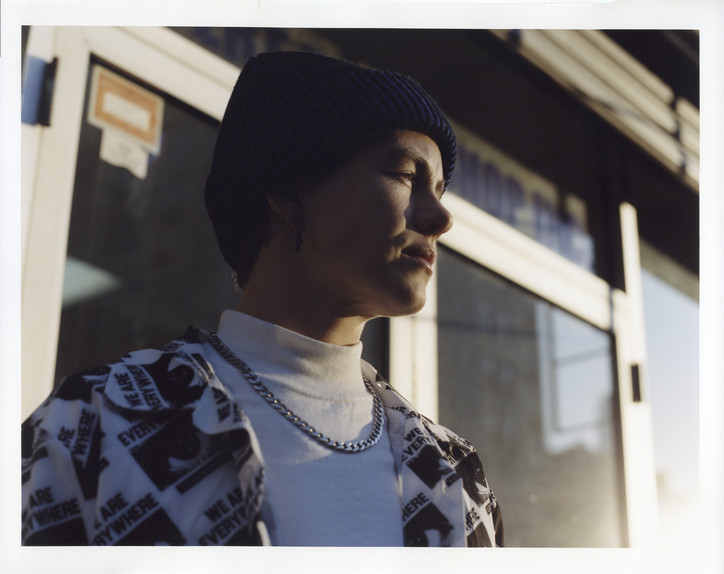
You’ve stated in a previous interview that the skateboarding industry wanted to shape you in a way that wasn’t you. Can you give any examples of when you were faced with that type of challenge and talk a little bit about what you did in response?
So the skateboarding industry's influence of me and my personal style sort of came from a sponsor, that was a clothing sponsor. I skated for Billabong and my directing manager was not the one being like "You have to wear girls' clothes,"or whatever, but she was hearing it from the people up above that they wanted me to be wearing Billabong girls' stuff. I was young and impressionable, so I tried. I wore tight pants and girls' clothes. It just felt super awkward. I felt very uncomfortable. And then I was always trying to find ways to alter my clothes to make them look less feminine. Eventually I was just like, I’m over it. I'm just gonna go back to wearing baggier pants and more masculine stuff.
Also around that time––2008––the Recession happened, and that’s when Billabong cut their skate team. I also wasn’t skating for Element anymore. They didn’t give me a new contract, which suprised me because I was working super fucking hard. I started being authentic to myself and then the recession happened, so there was just no opportunities for me, but I feel like if continued to be feminine, maybe a company would have continued to invest in me. But I just think they didn’t know what to do with me at that point.
As a response I just kept being me. There was nothing more I could think to do besides keep skating, dressing the way I want.
How did you navigate pursuing a skate career during the Recession?
I ended up going to school for graphic design and I worked a full-time job for two and a half years. I filmed a video part which came out on Thrasher called ‘My World,' so that made some waves because people could see that even though I was working full-time, I was still like, super down for skating and trying to go super hard.
Do you feel like the skateboarding realm has become more inclusive since you began? Have you seen or experienced a progression?
Yeah, definitely there are people out there doing stuff to be more inclusive and create a safe space for women and queer people and gender-nonconforming people in skateboarding. To generalize that group we call them non-traditional skaters. There’s Skate Like A Girl who does a ton of work all on the West Coast. I started a thing called NYCSP which is an acronym for The NYC Skate Project, which is kind of like a similar thing to what Skate Like A Girl does, so we partnered with them to host skate clinics. We have bands and then art stuff––workshops of all kinds so that queer community can come together in New York with skateboarding as the common thread and also just be creative and self expressive.
I feel like it's super marketable right now to be woke, so we're gonna have people paying attention to us more, and I just don’t want there to be any exploitation, or a trending wave and then all of a sudden in a year or two years it’s like, 'Oh, sorry, that was just a passing phase.' I want it to be everlasting. And the way to make it be, is to keep doing the work. It's cool to be at the forefront of movements like this where we're just creating space.
Any parting words for any younger people who are embarking on a similar journey/struggle to understand their identity and where they fit in their lives or in specific industries?
It ended up working out for me just to be authentic and really explore myself in ways that are true to me. And obviously I went through some pretty crazy phases as a result of being sponsored so young but I think at the end of the day, authenticity is going to always bring you the most joy. That’s my No. 1 thing I hope to inspire people to do.
How can everybody do their part in helping the trans and non-binary community?
I feel like it's very powerful when there’s allies visibly standing up and doing the work as allies and not just claiming the word. And that looks like learning about what it's like to be trans, or queer, or a woman, or a person of color, any of those things. Educating yourself on that and then speaking up on their behalf and not speaking ahead of them or in front.
I get misgendered constantly, and people don’t understand most of the time how to use they/them pronouns, and so it’s exhausting for me to always have to be to the one to be like, 'It's actually they/them.' If there were people around that were able to correct somebody, just little things like that, and just being a good ally and exploring what that really, really means.
In one word, what does the future look like?
Sofunandsobusy. That was more than one word... Definitely more than one word. I would say: exciting.
